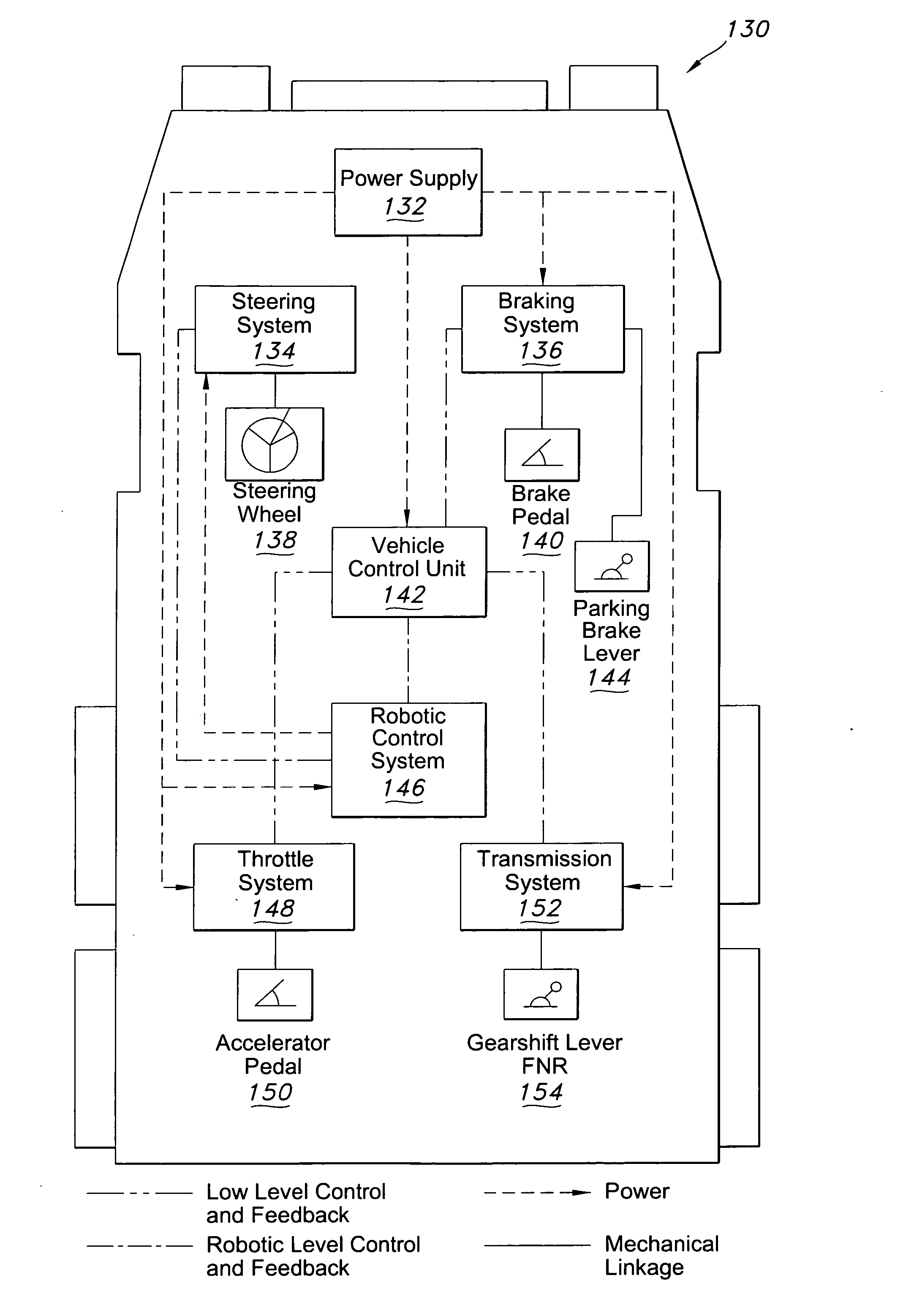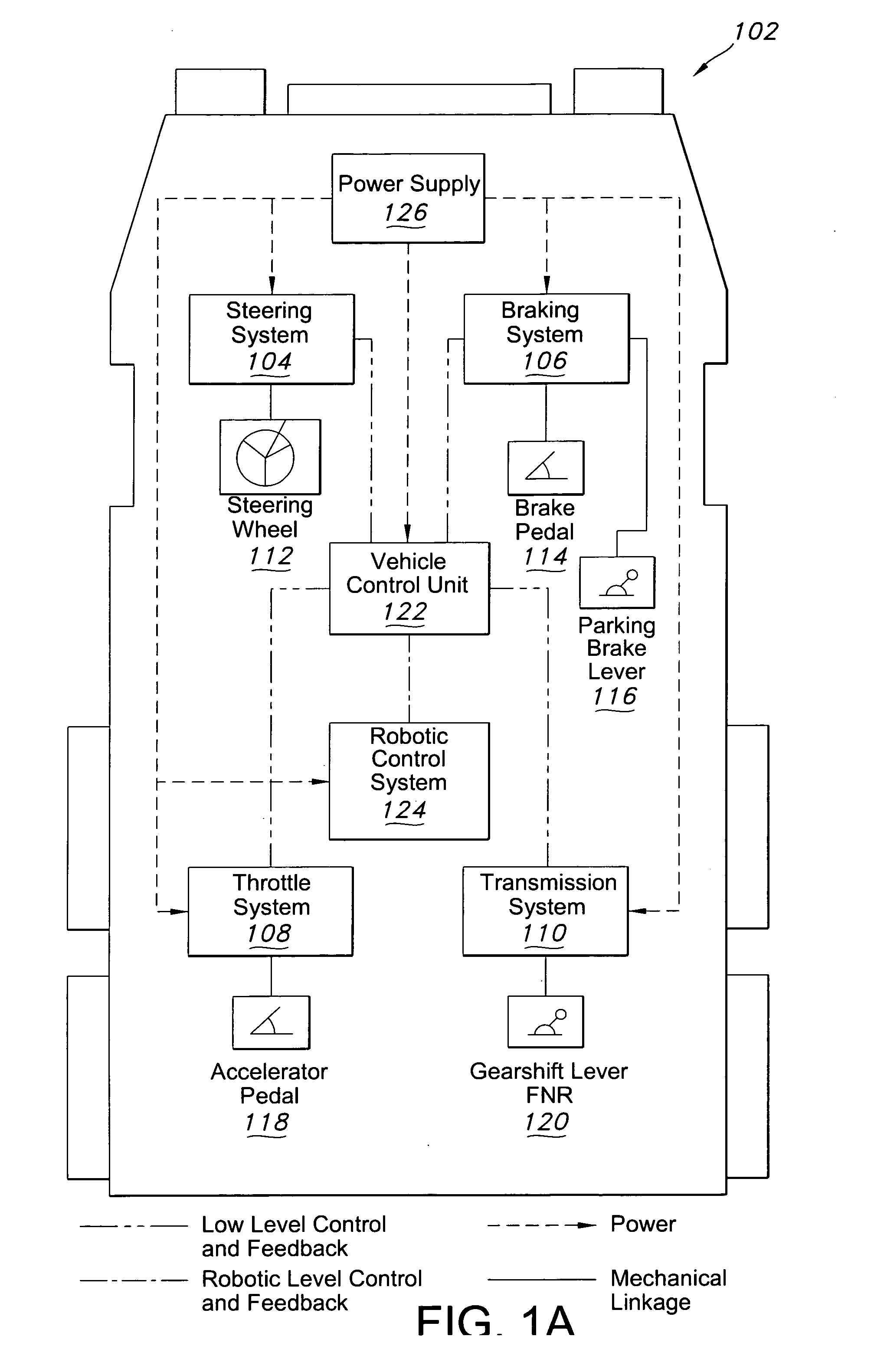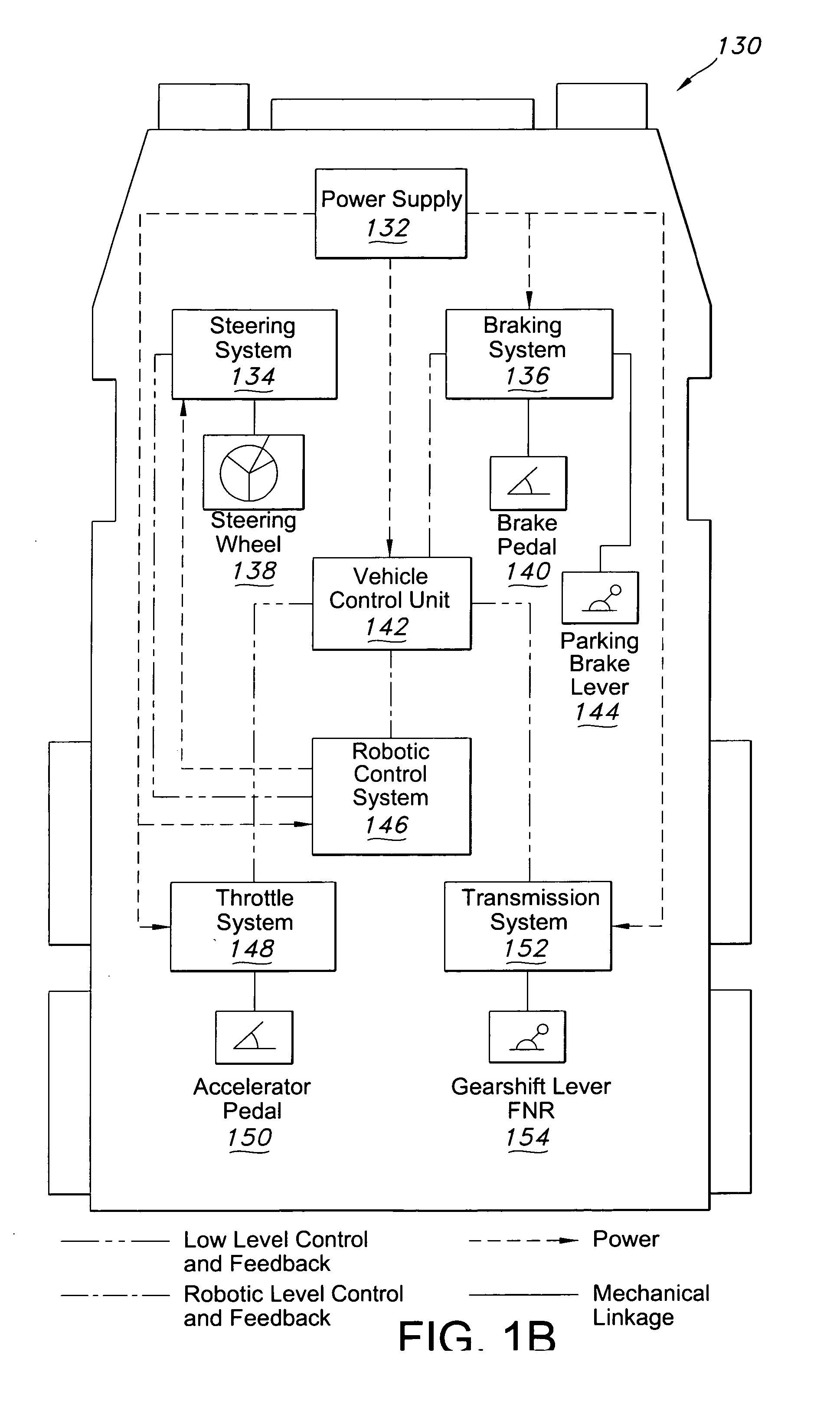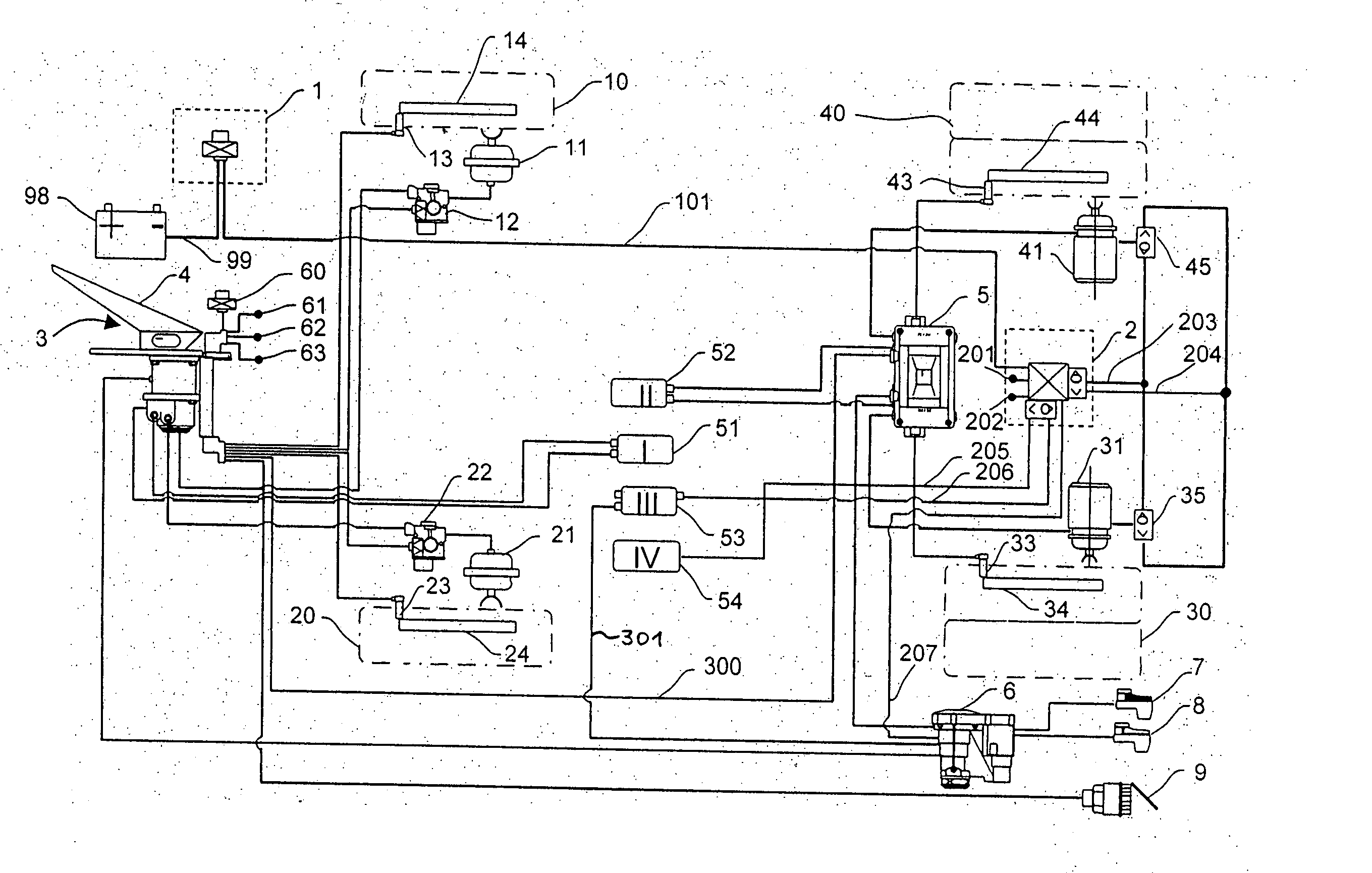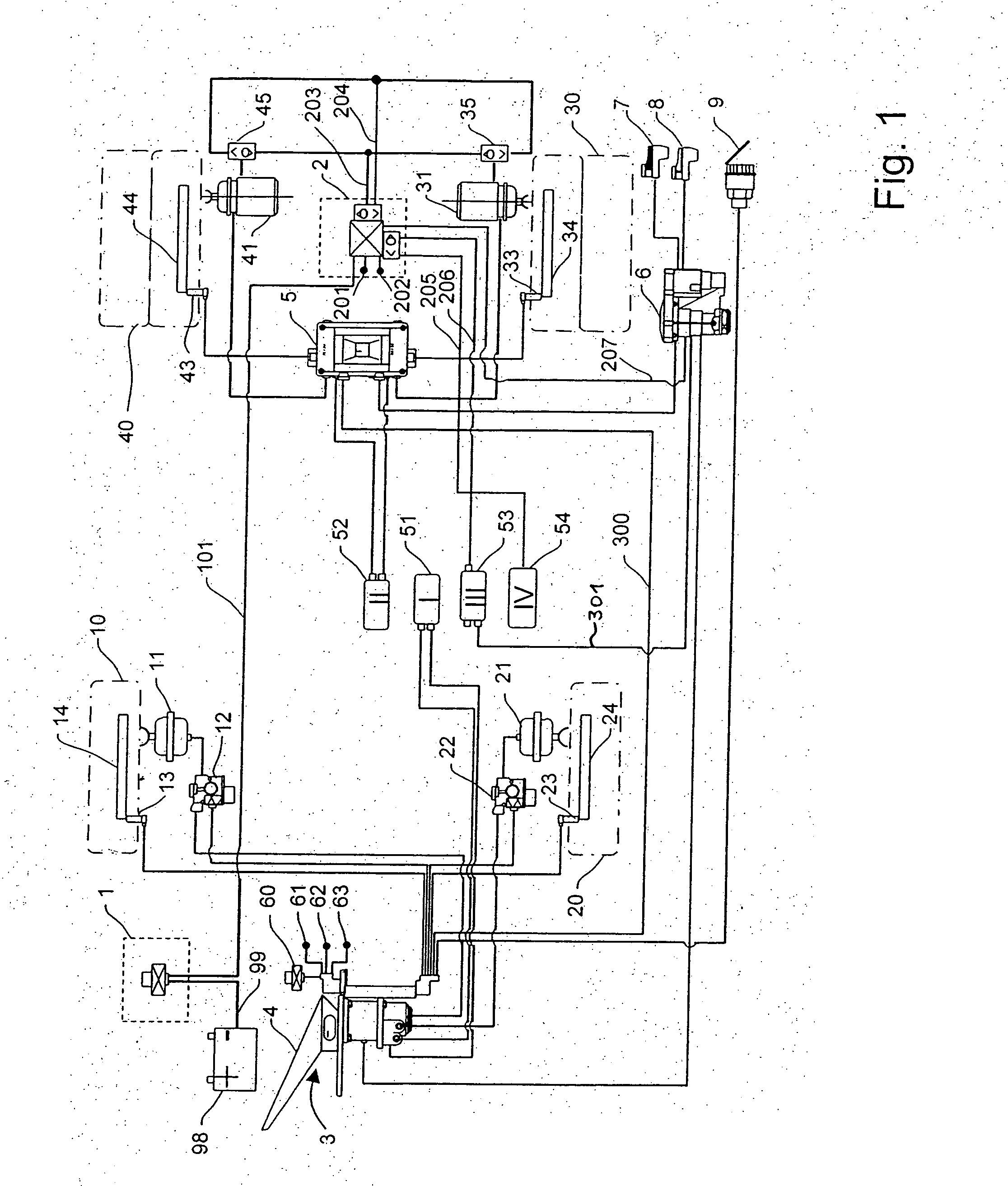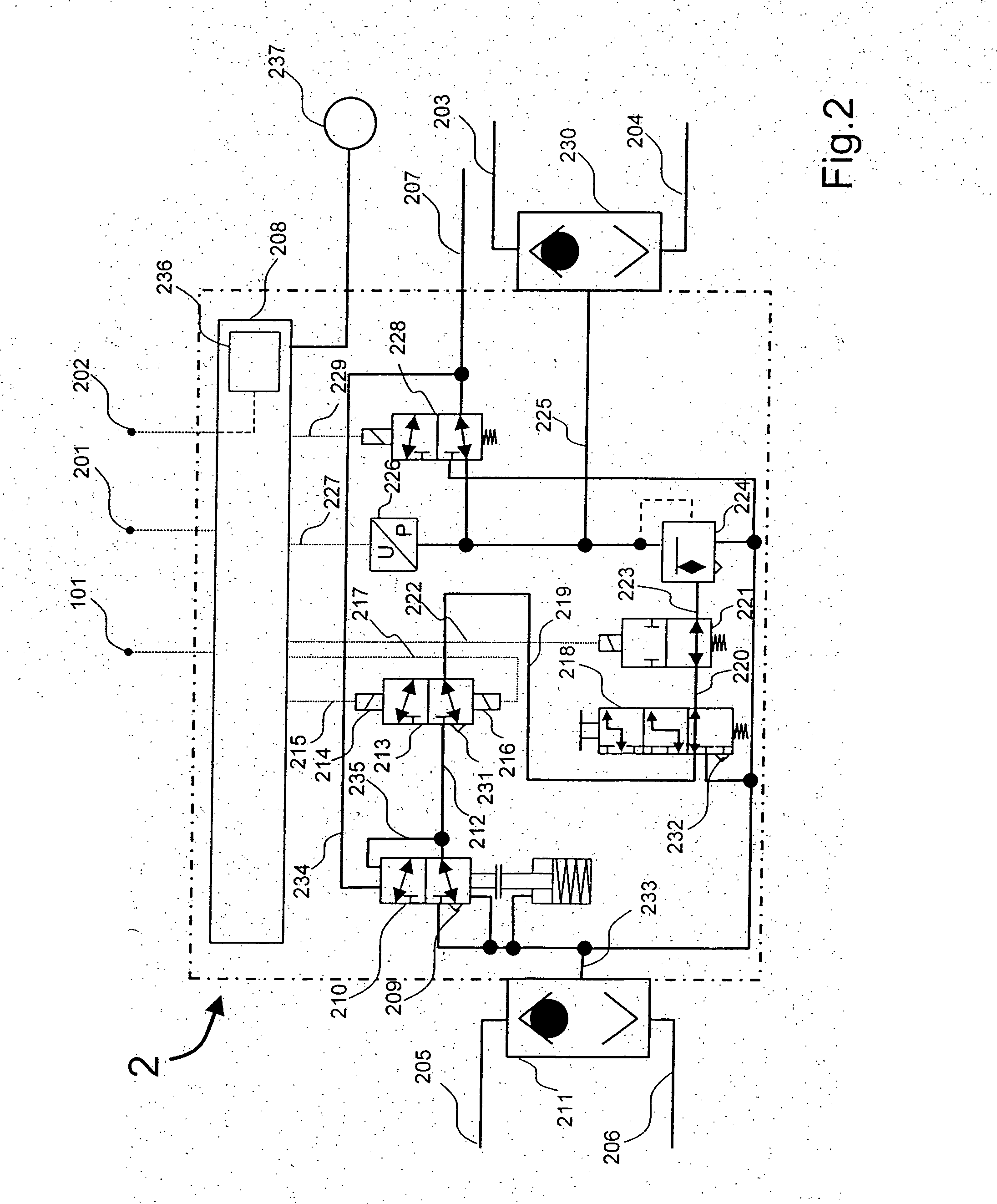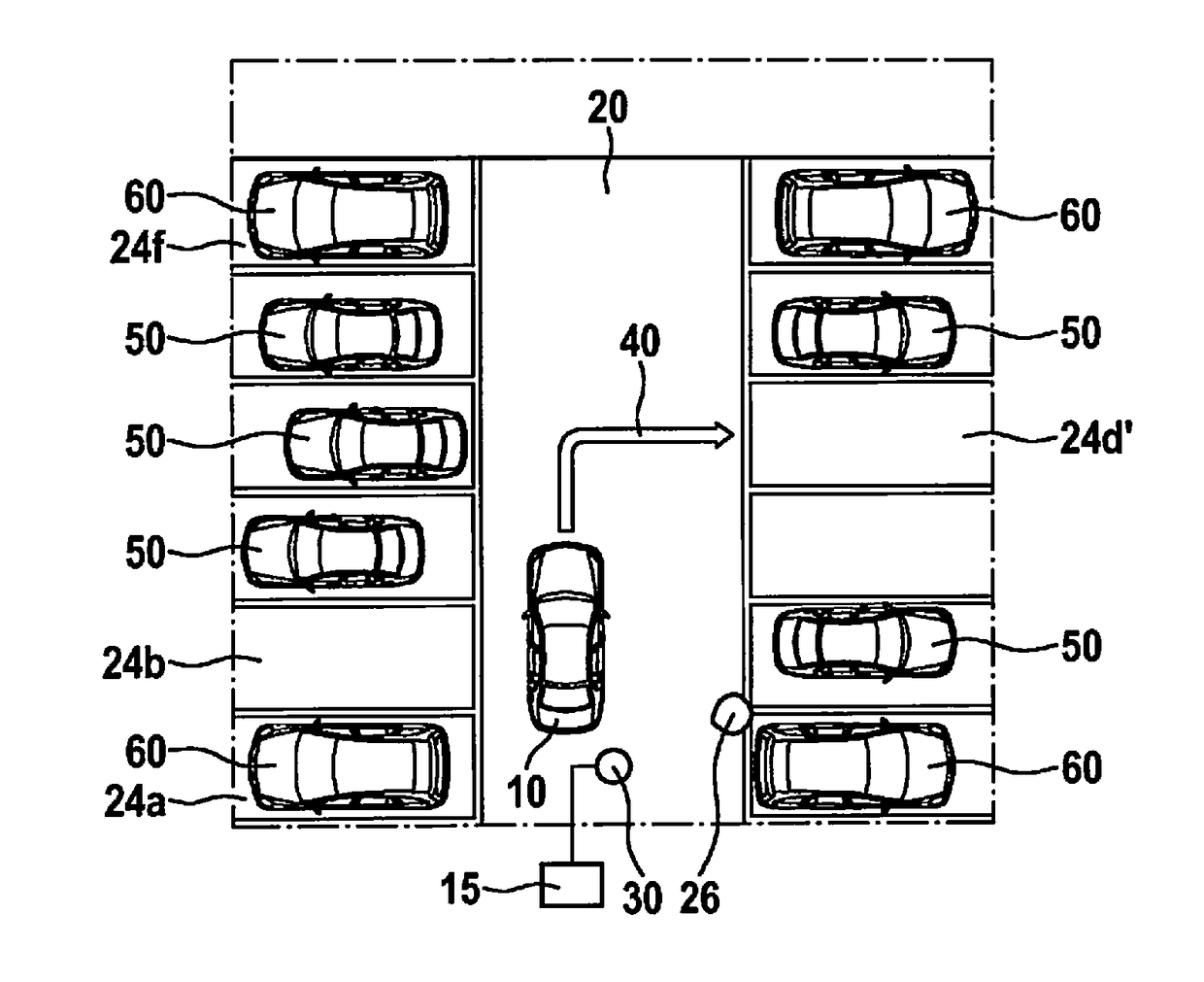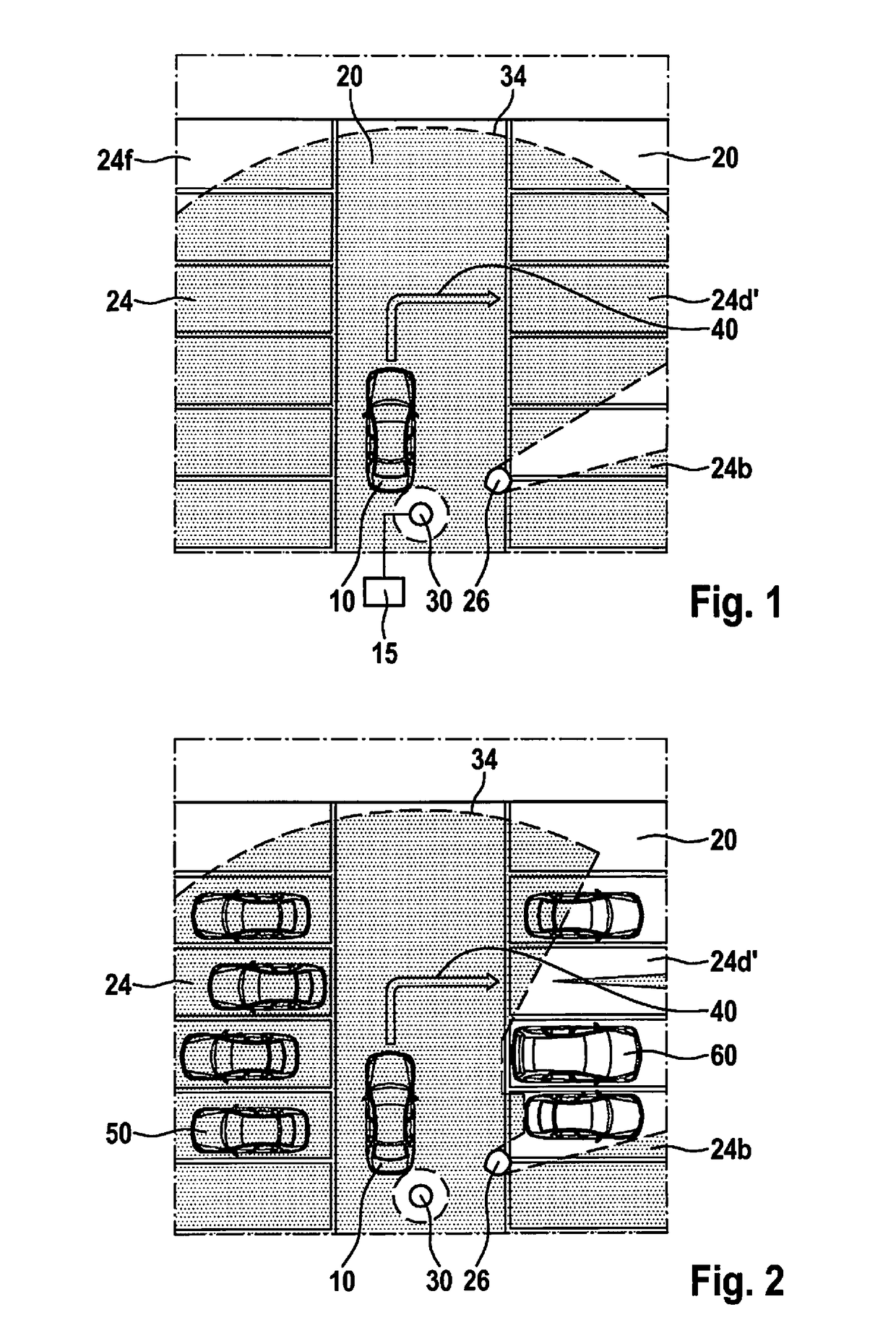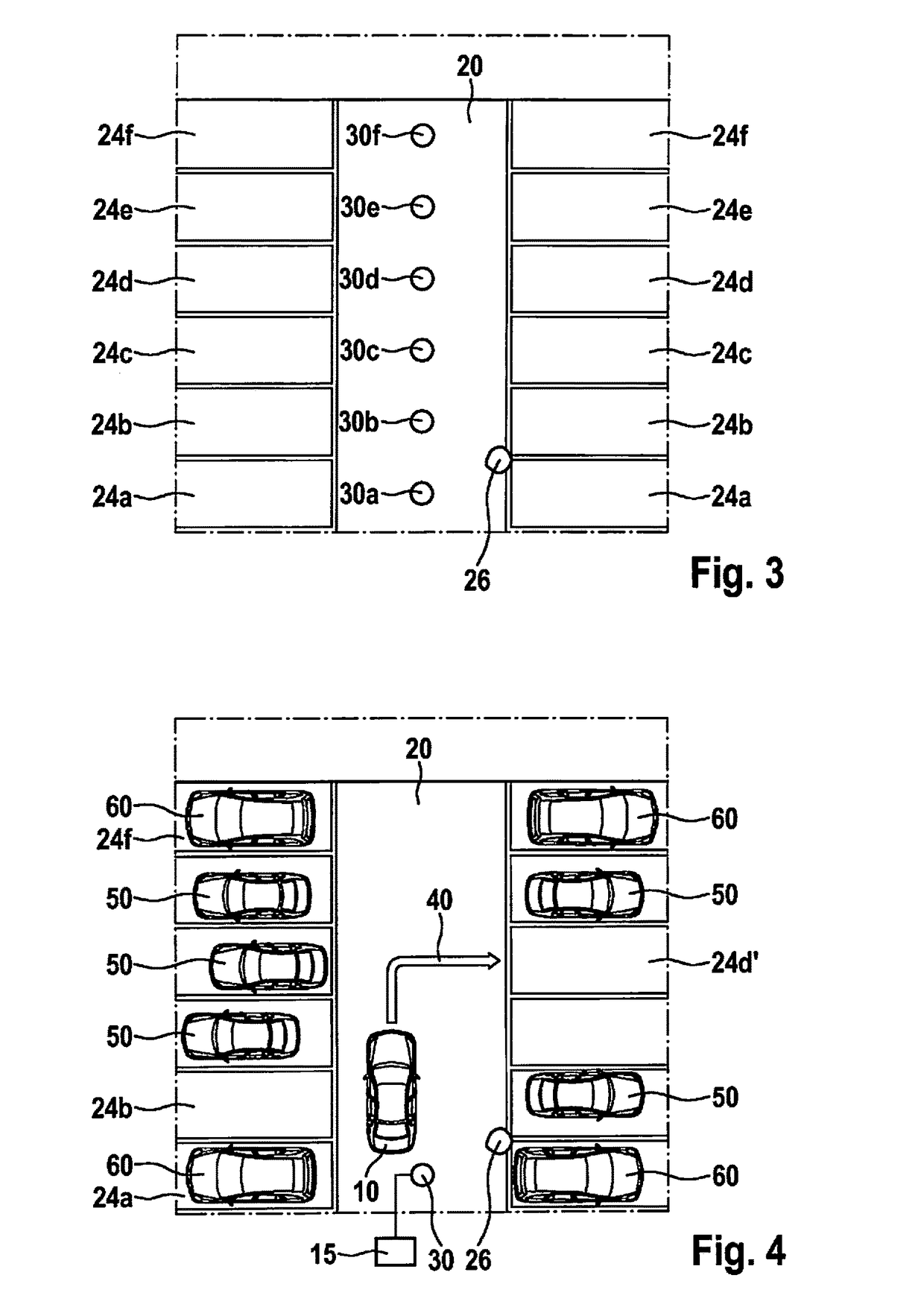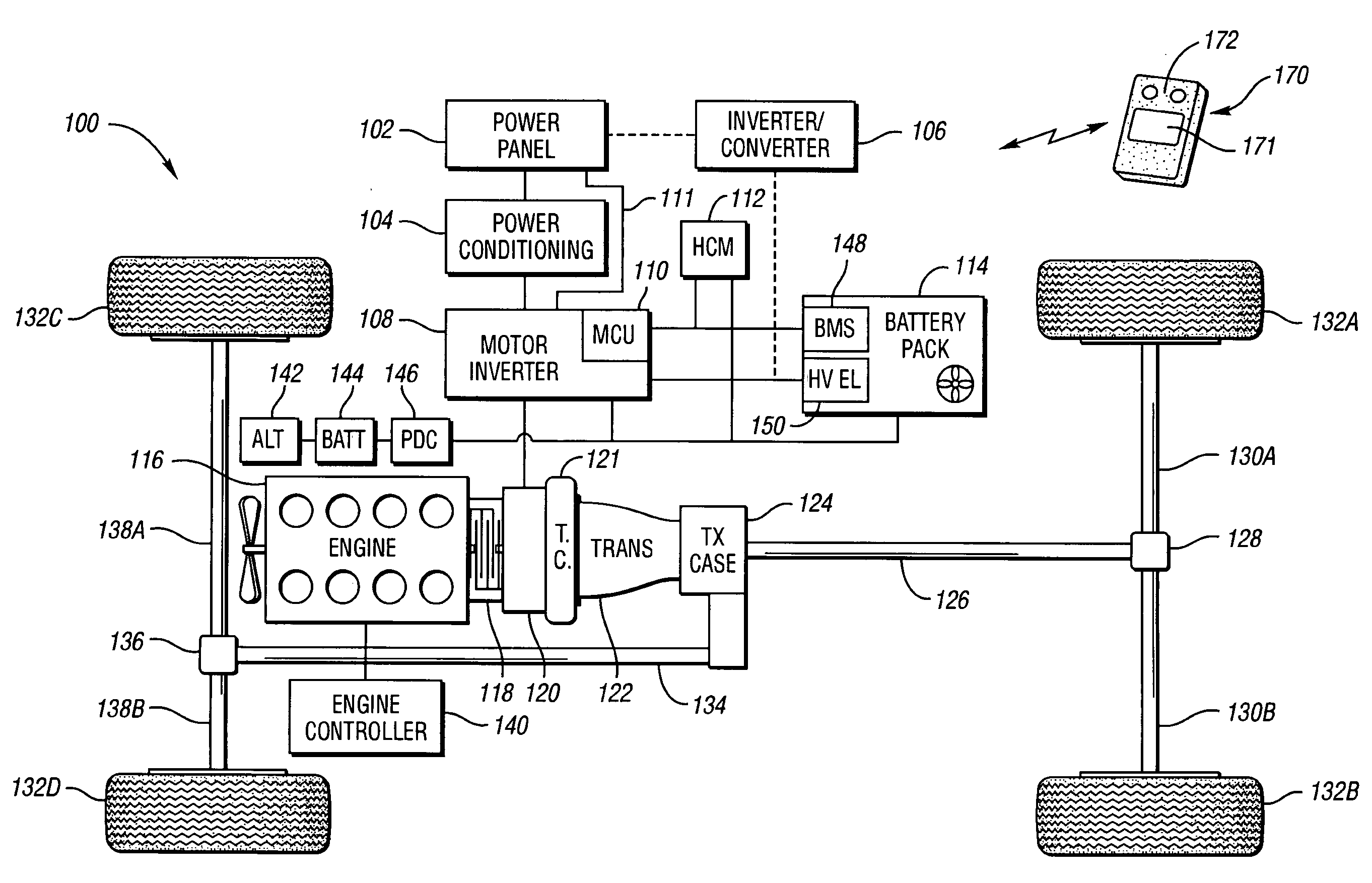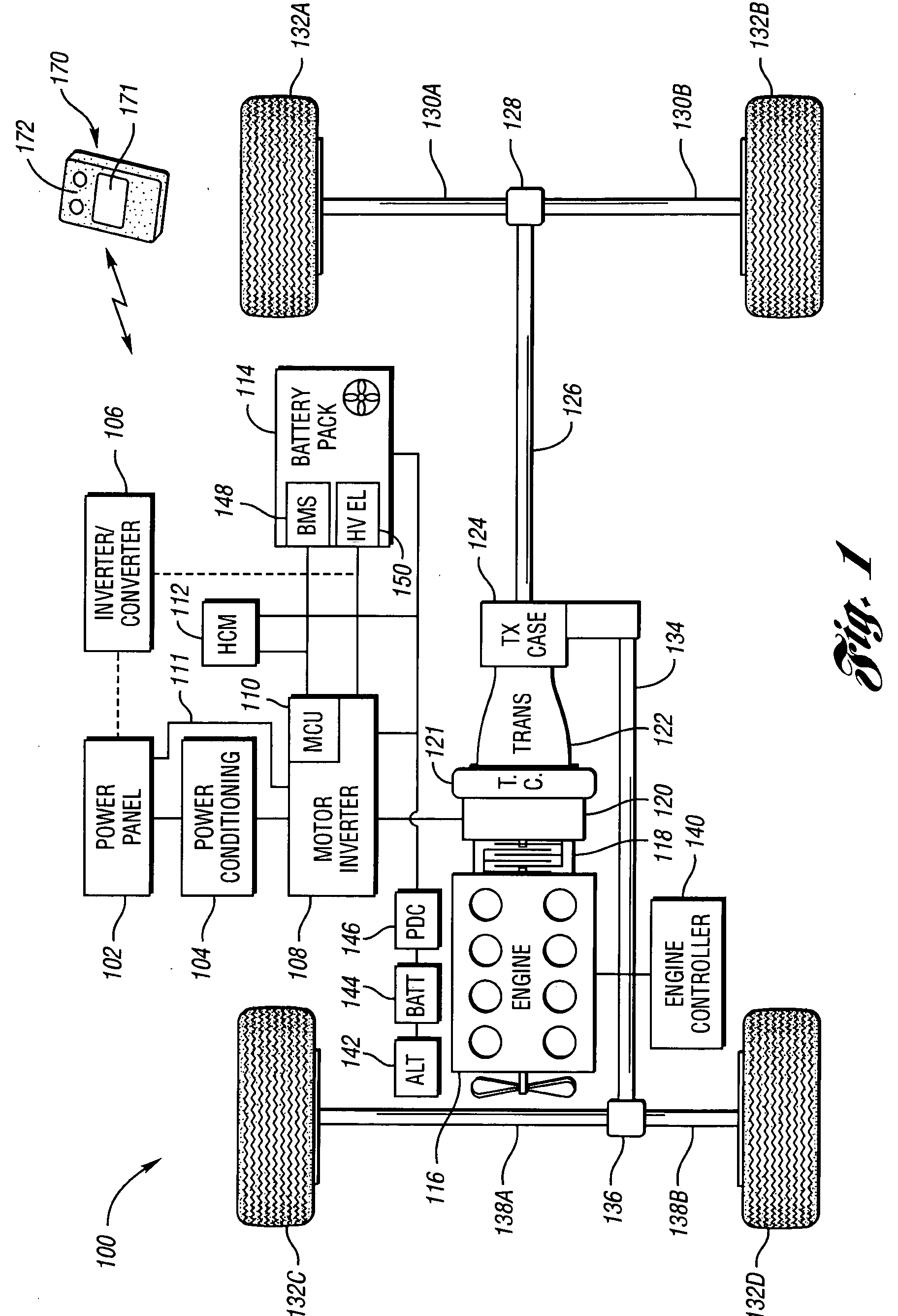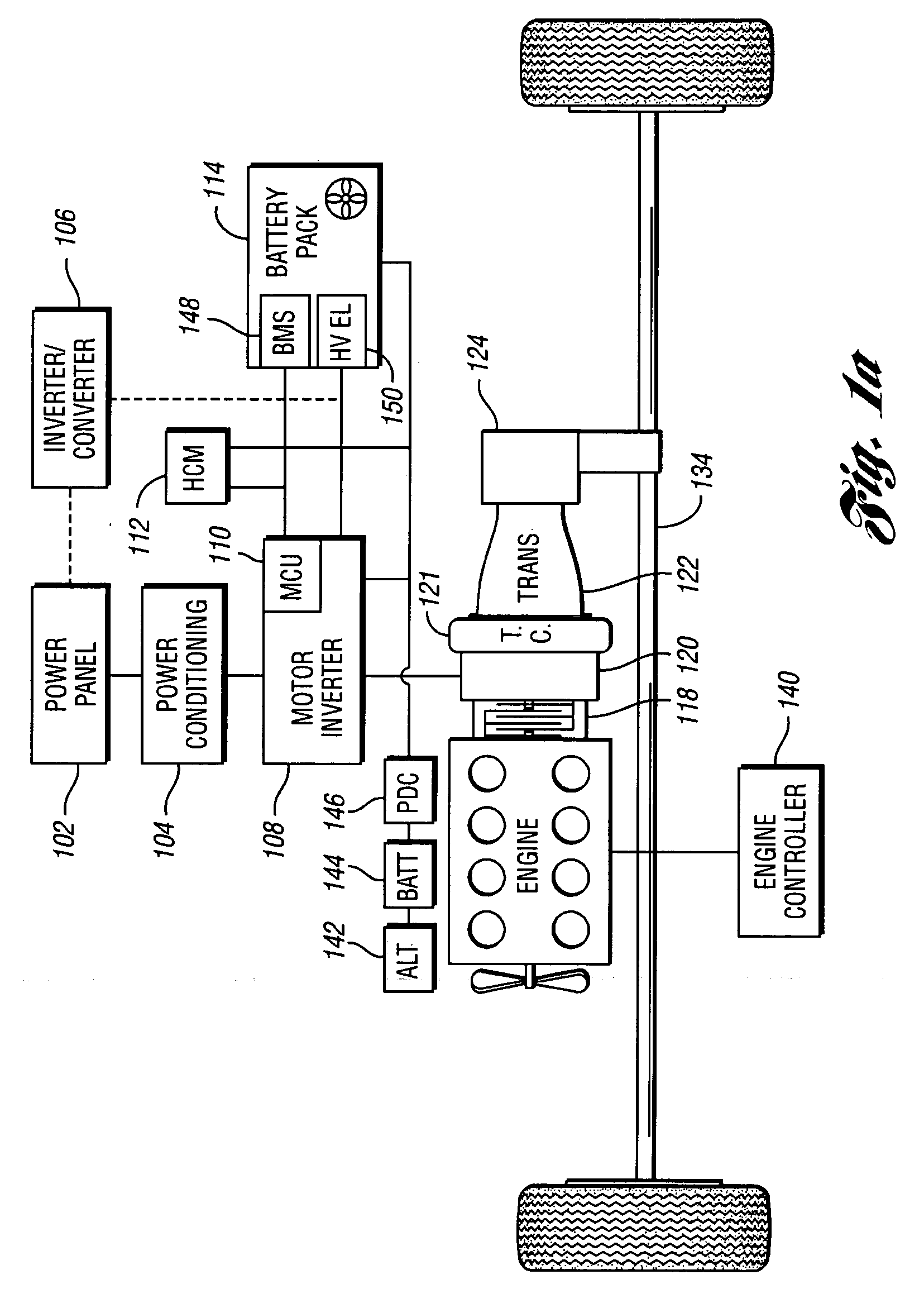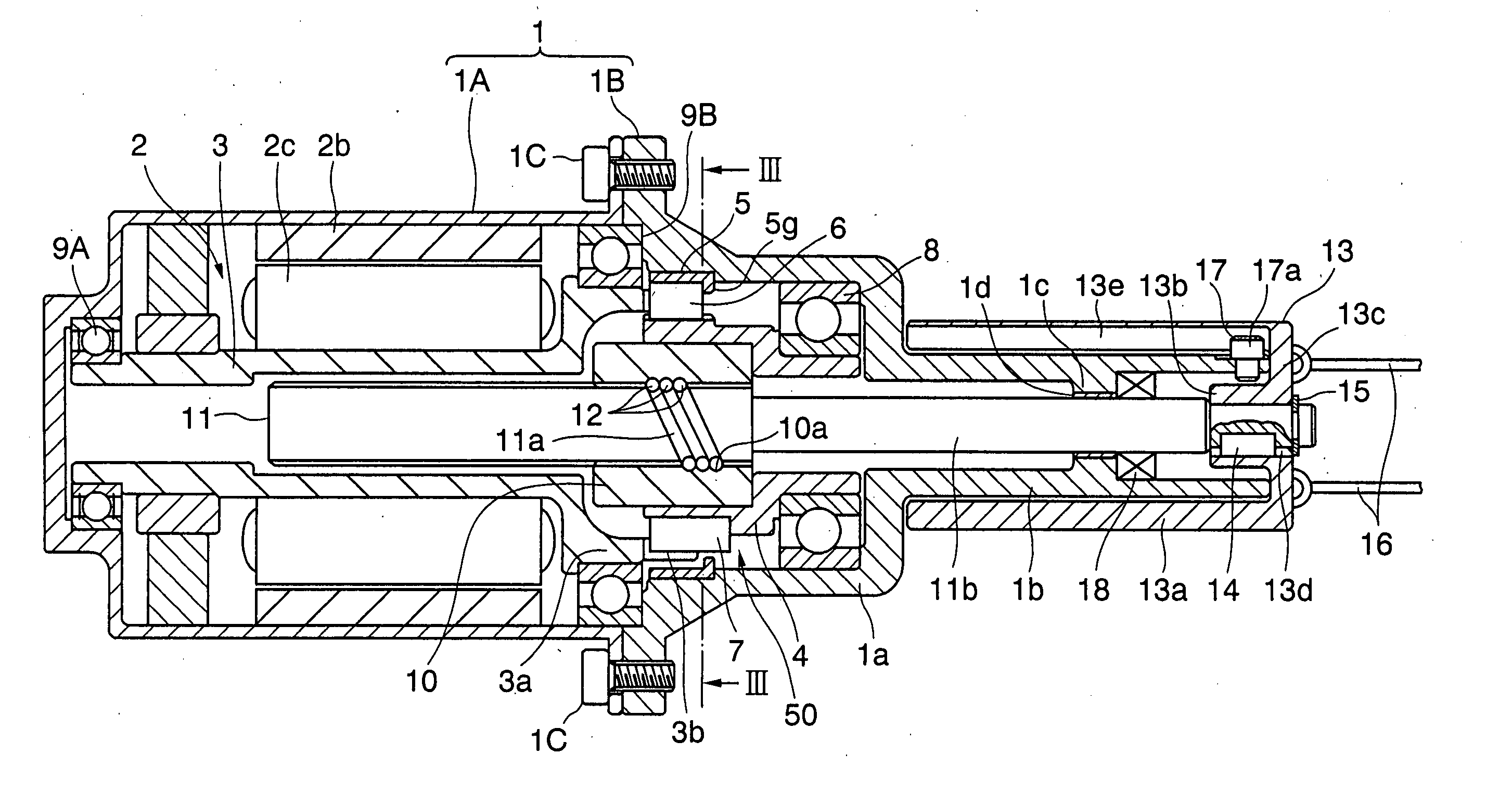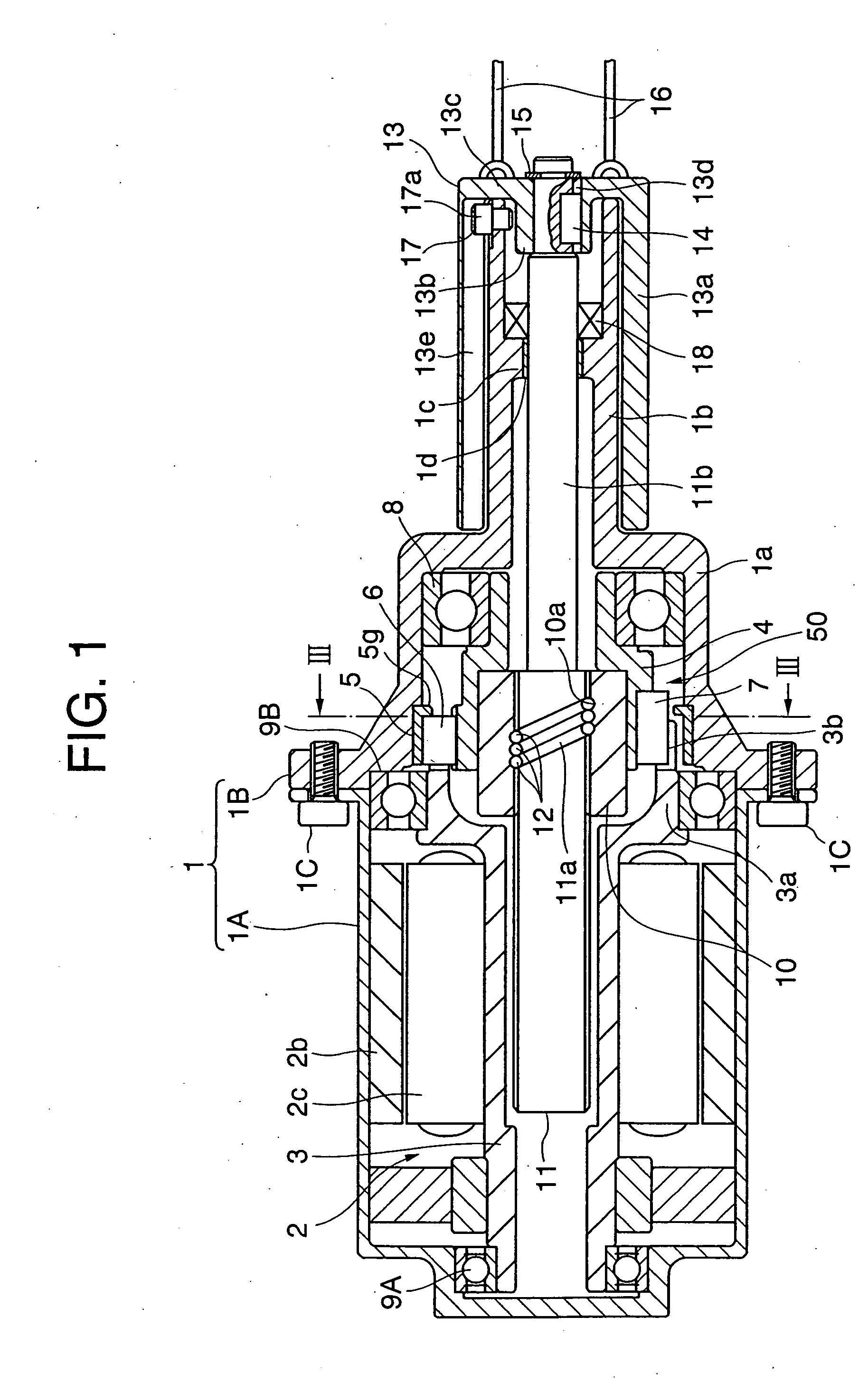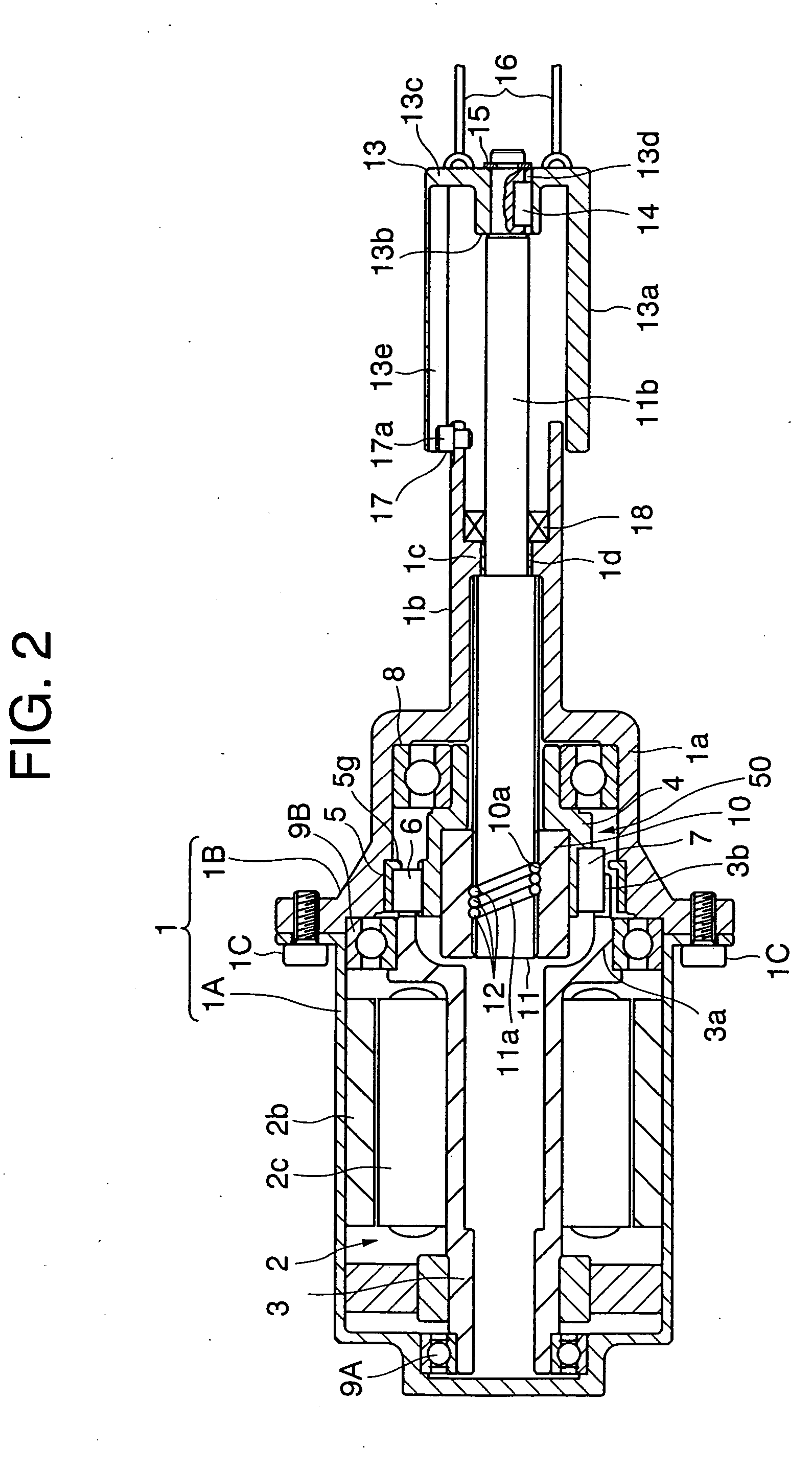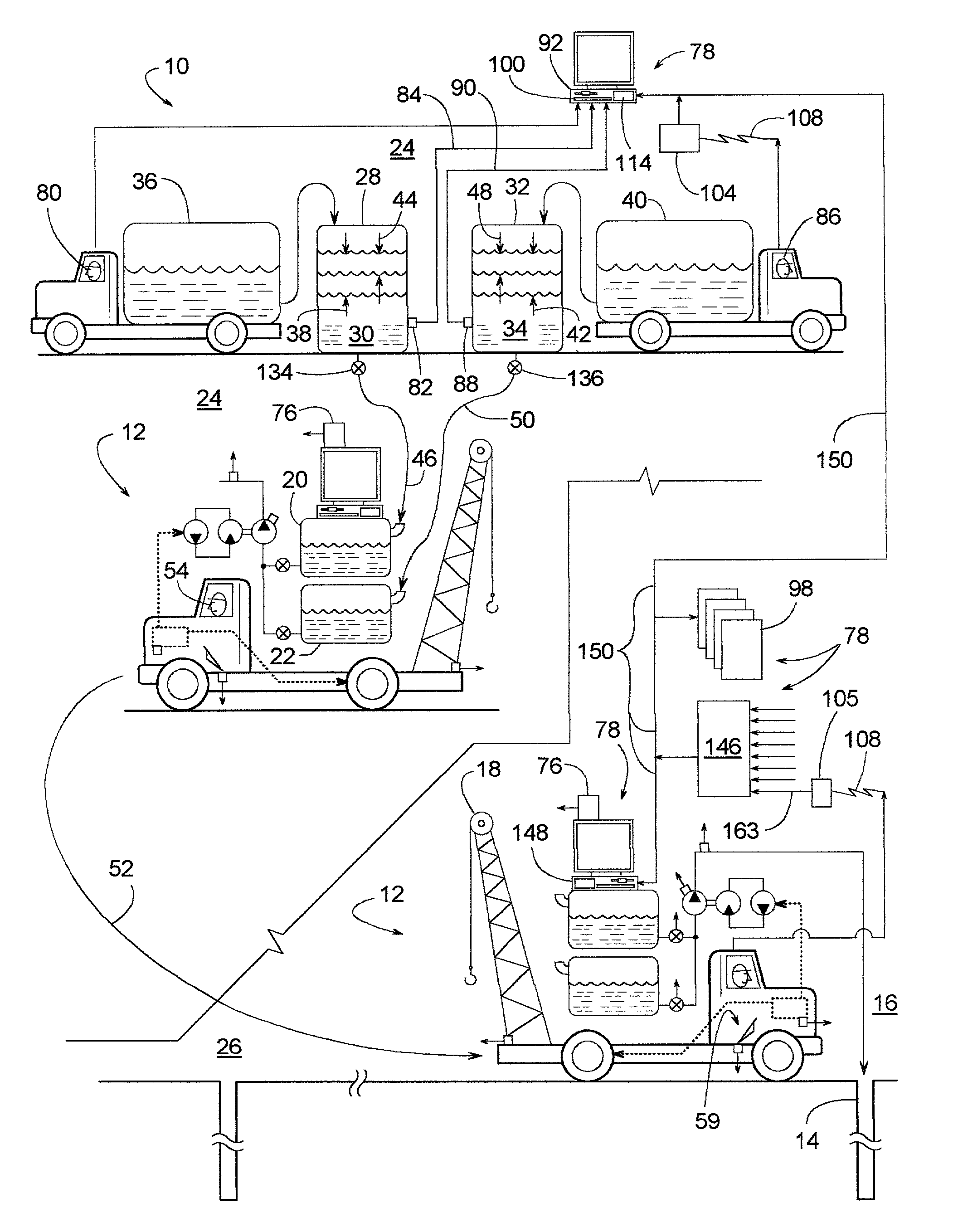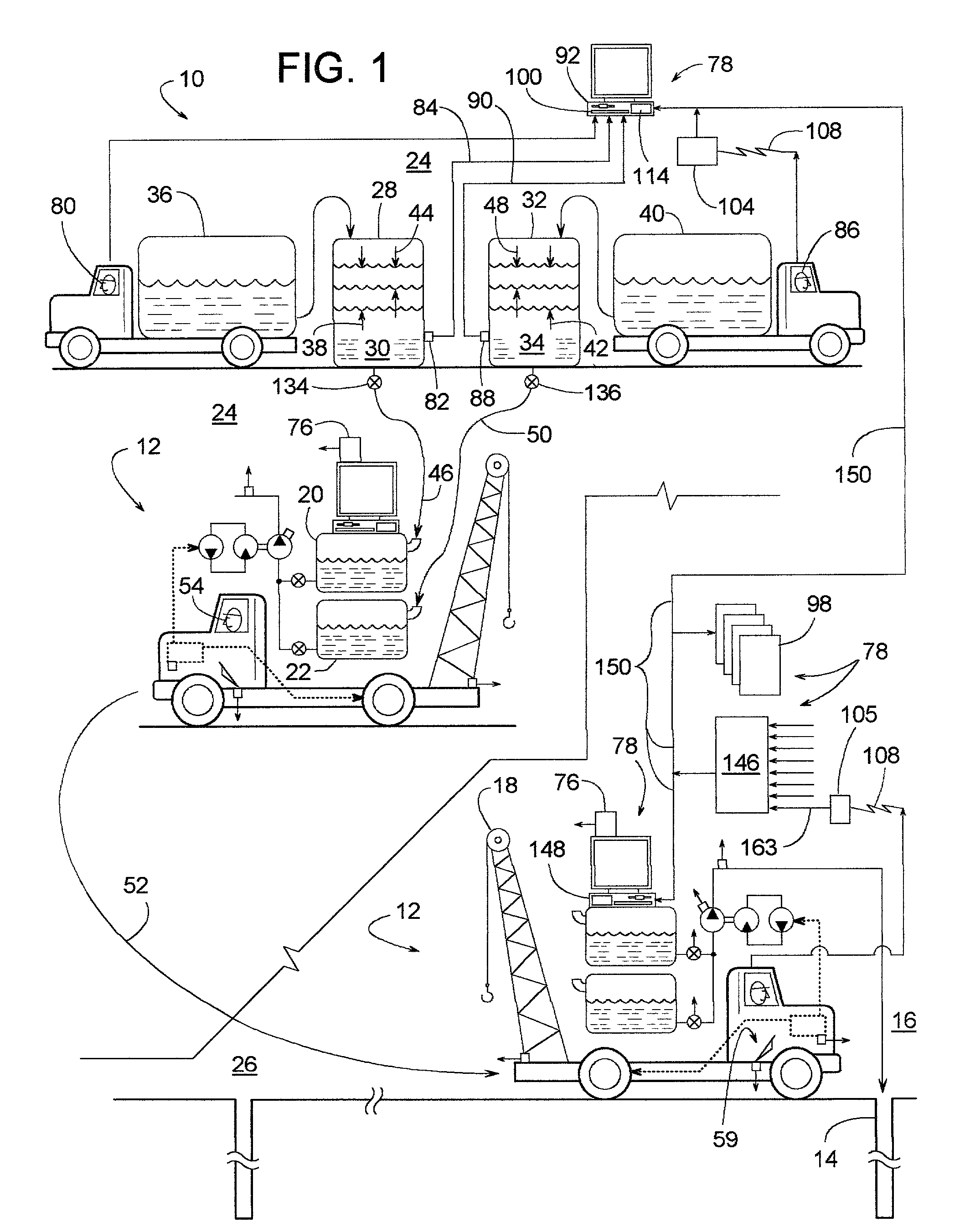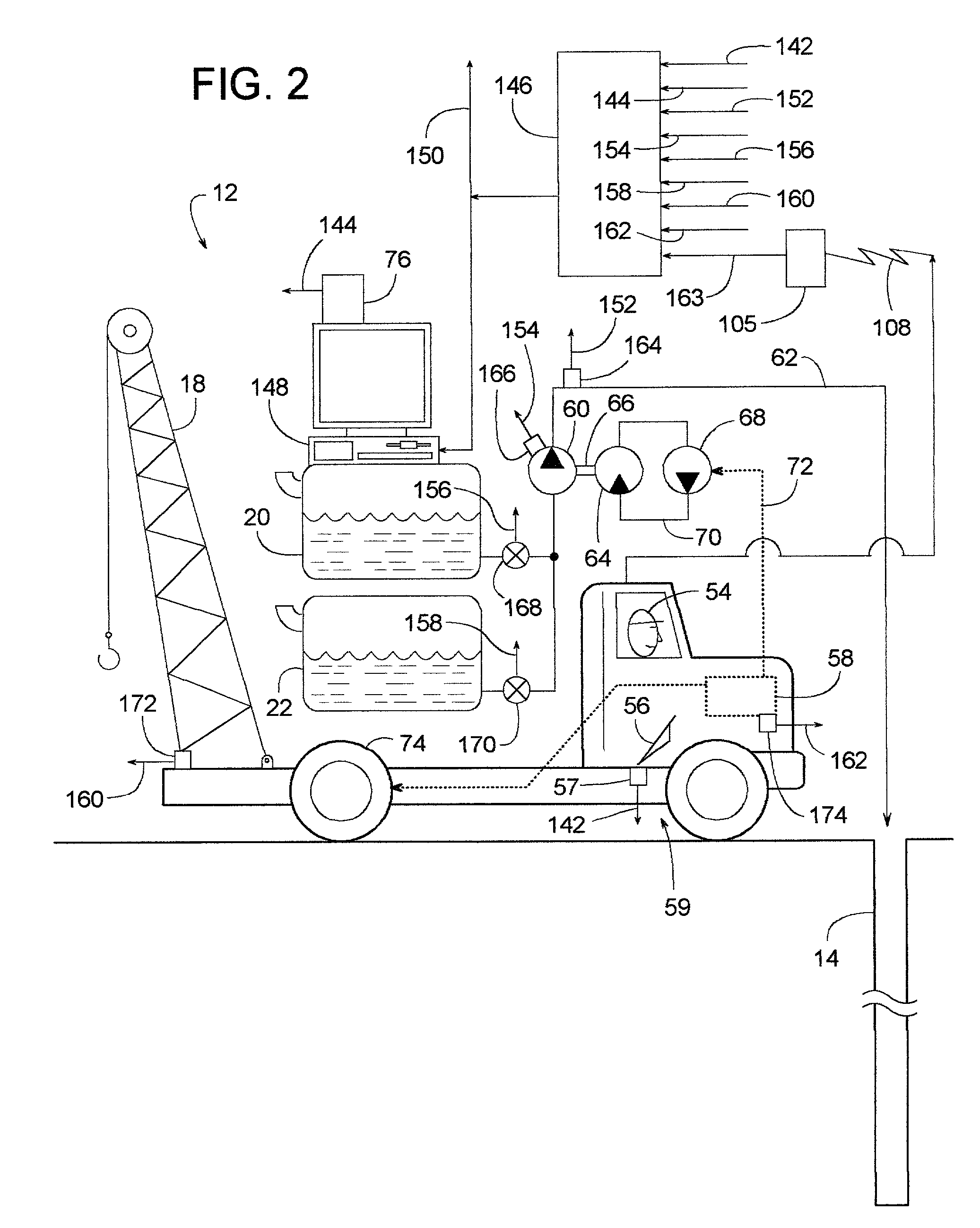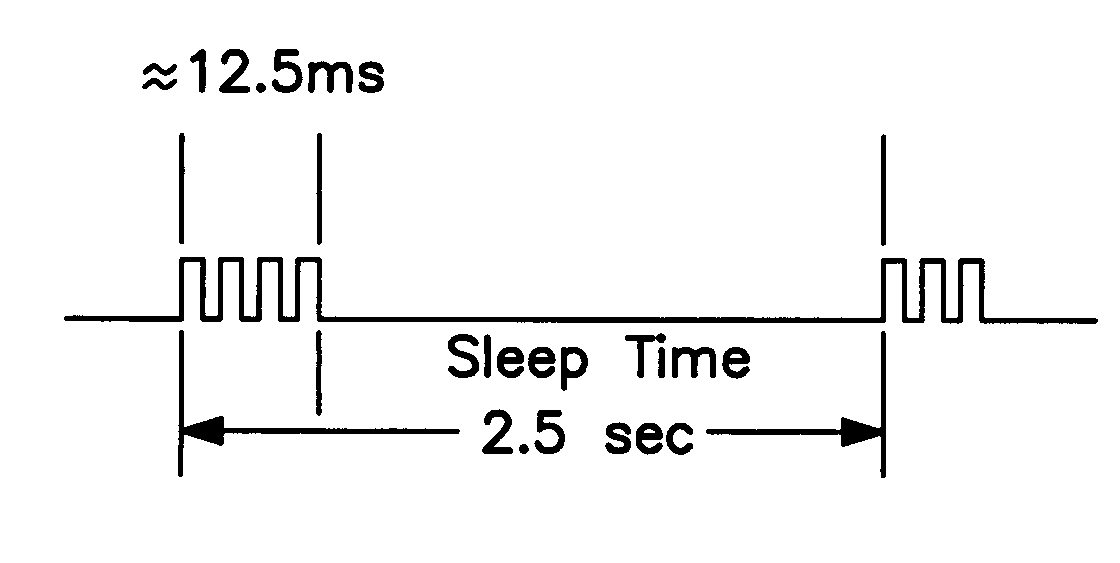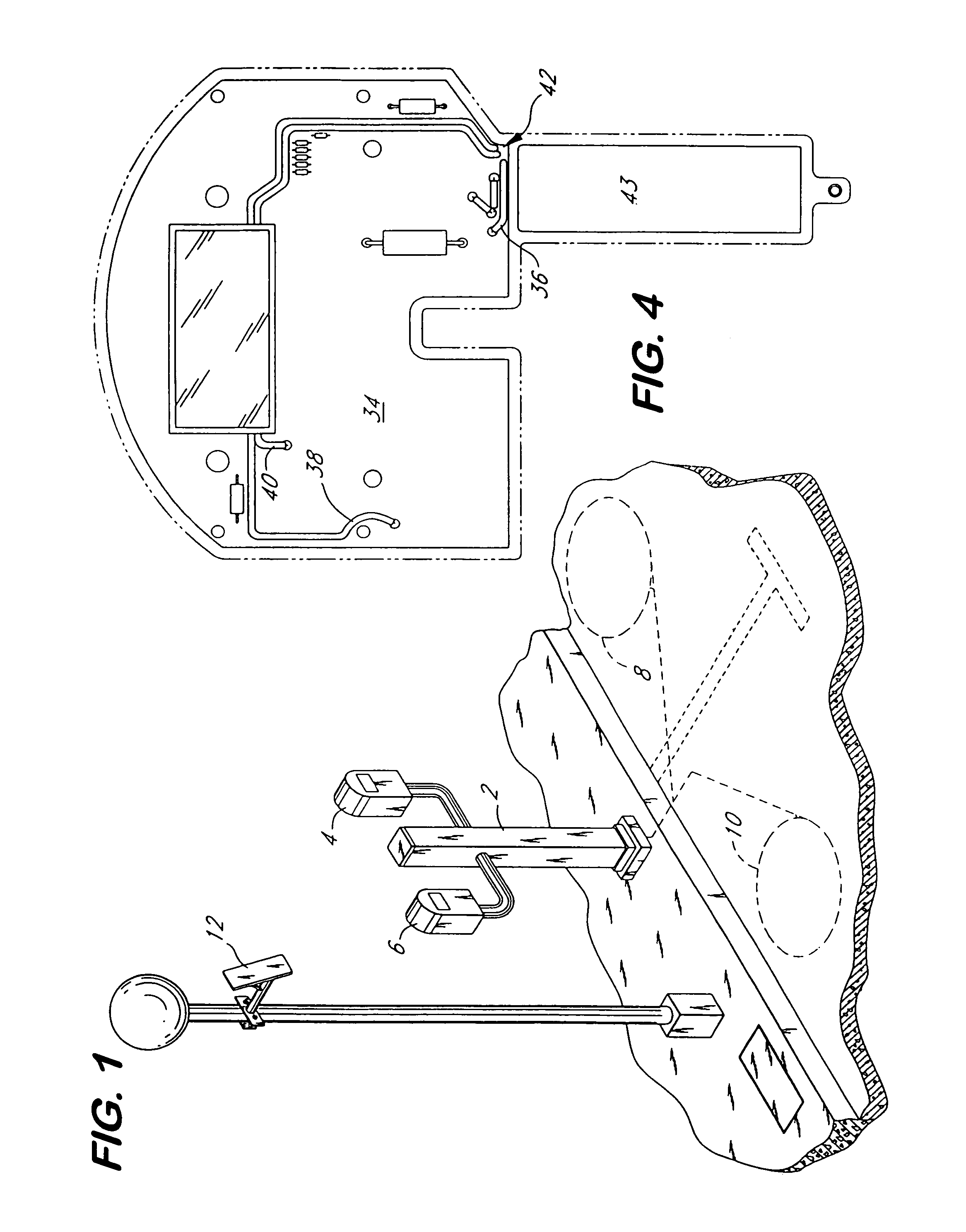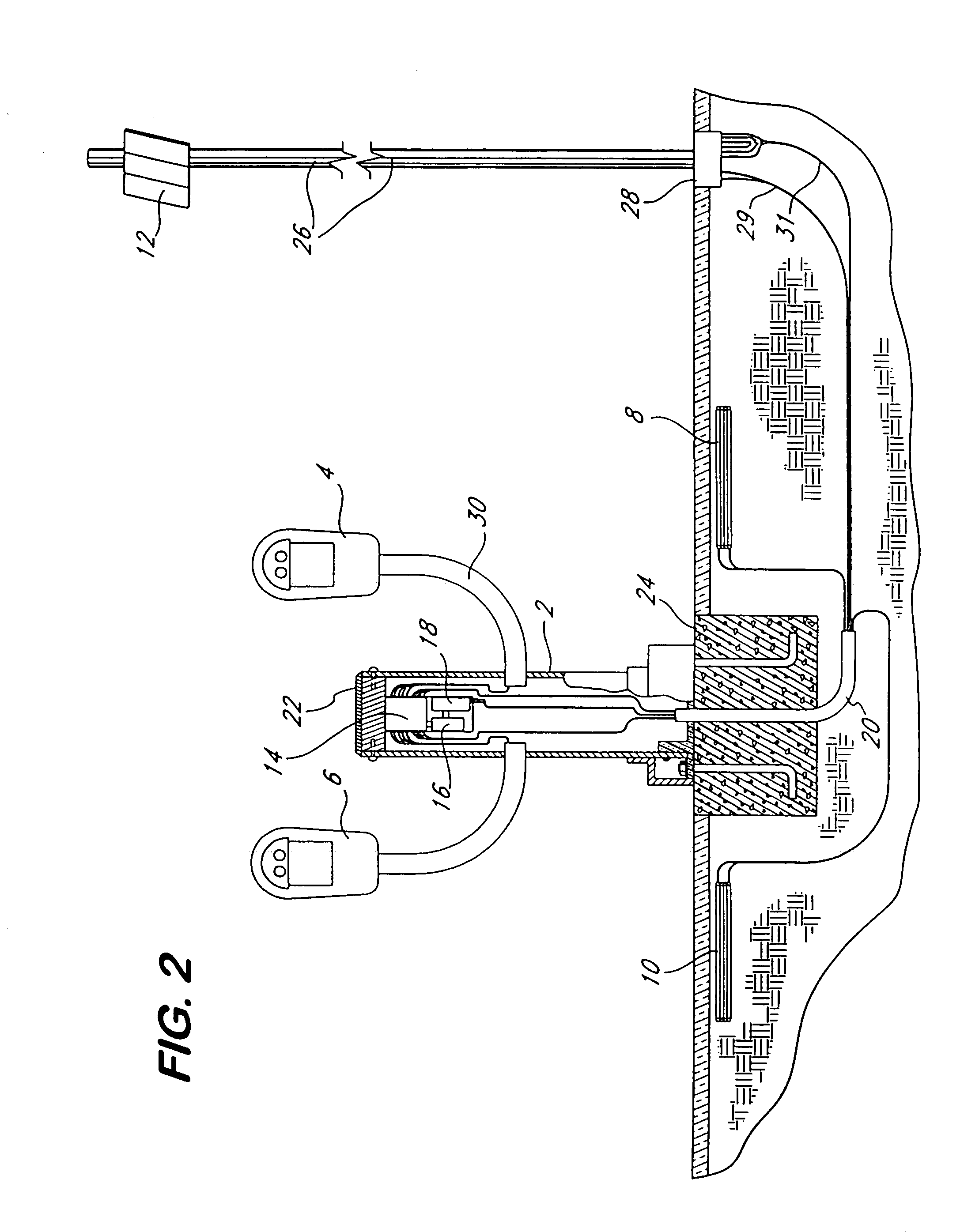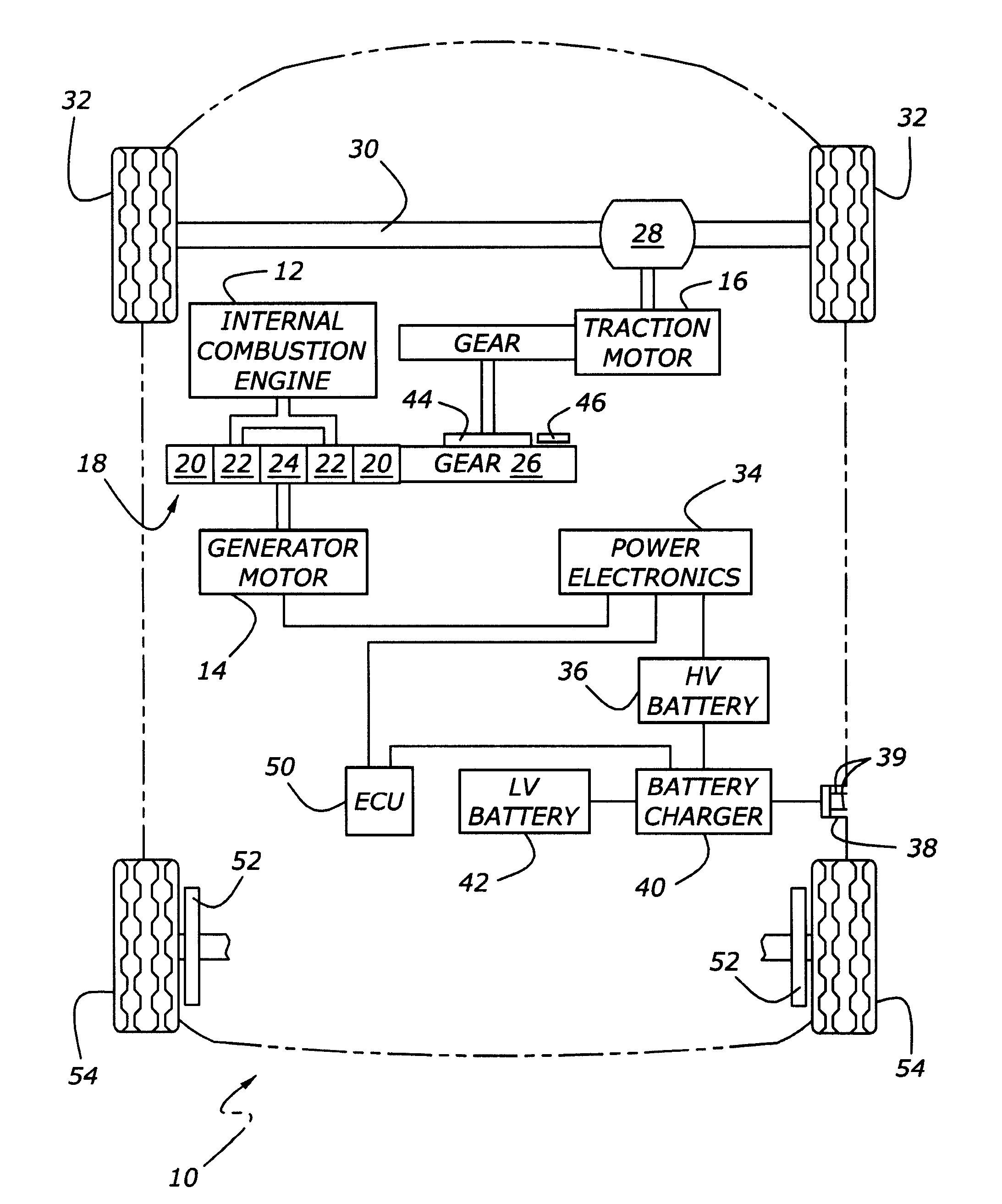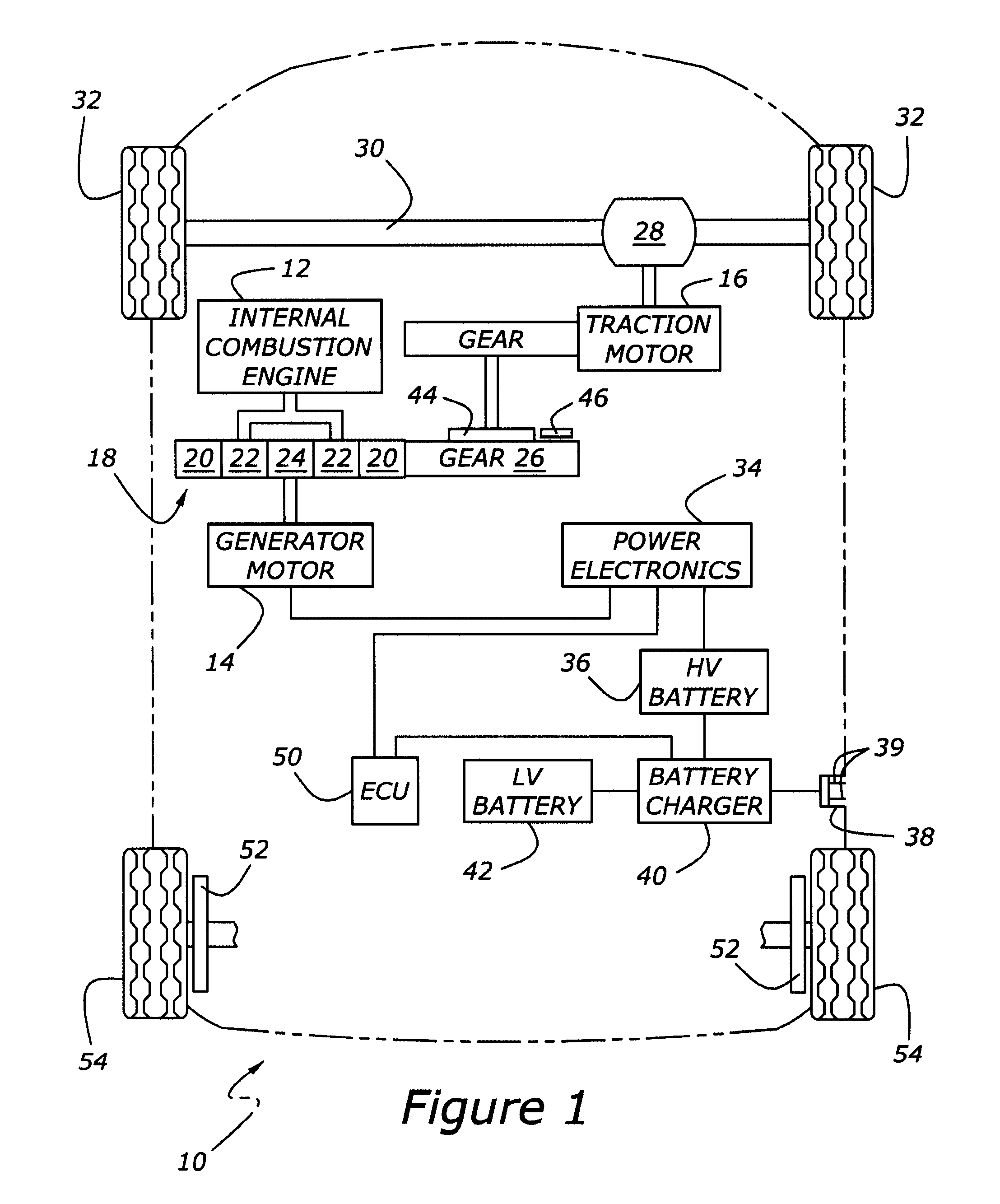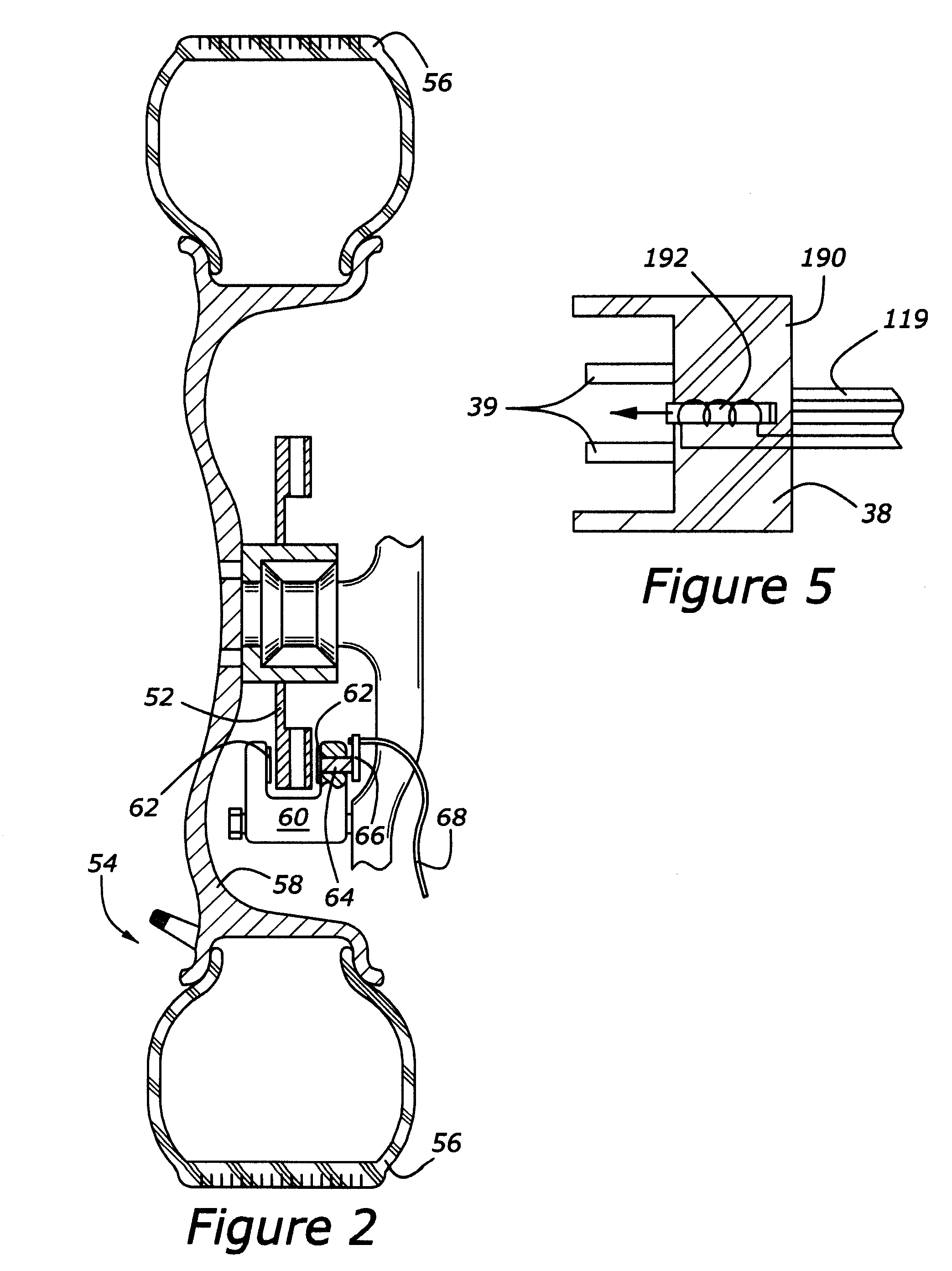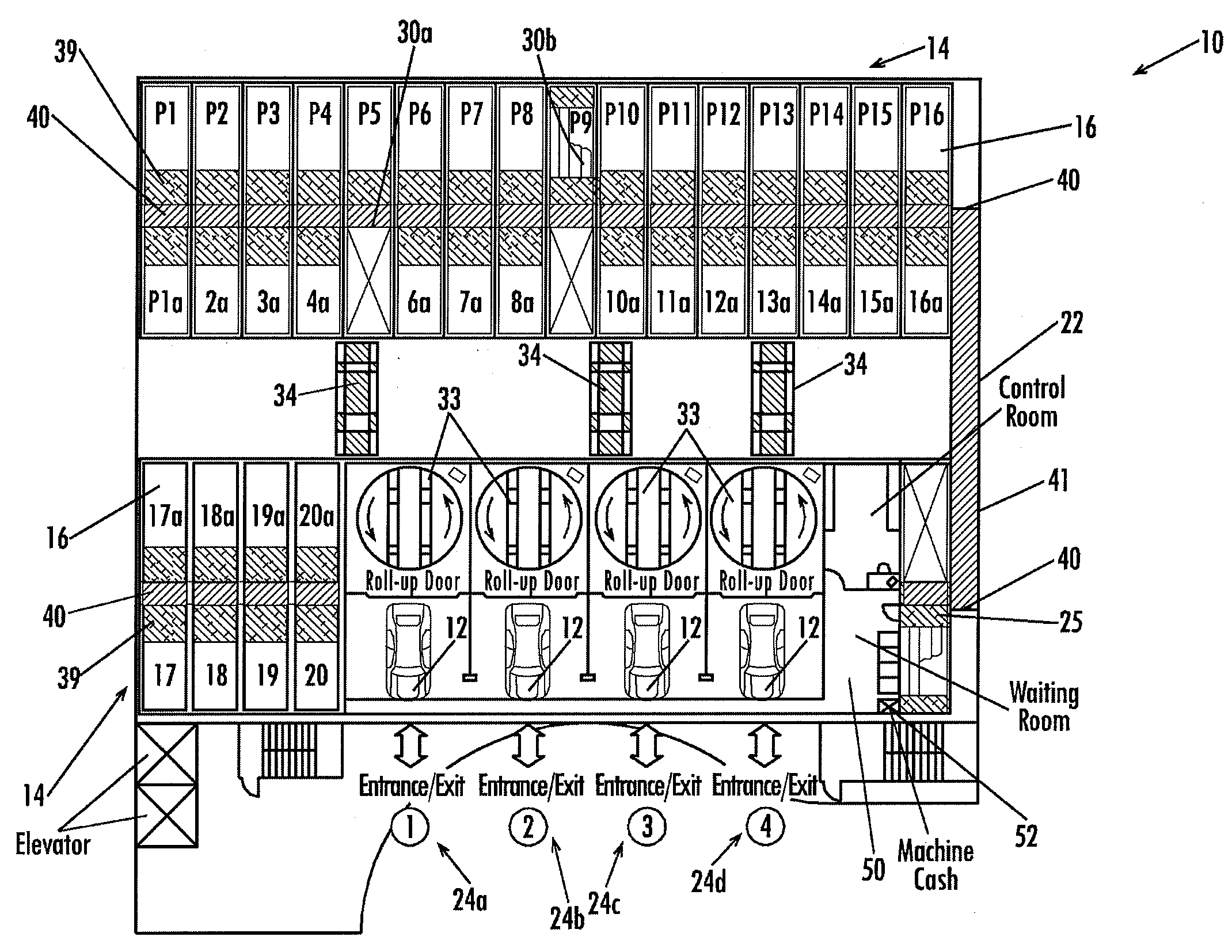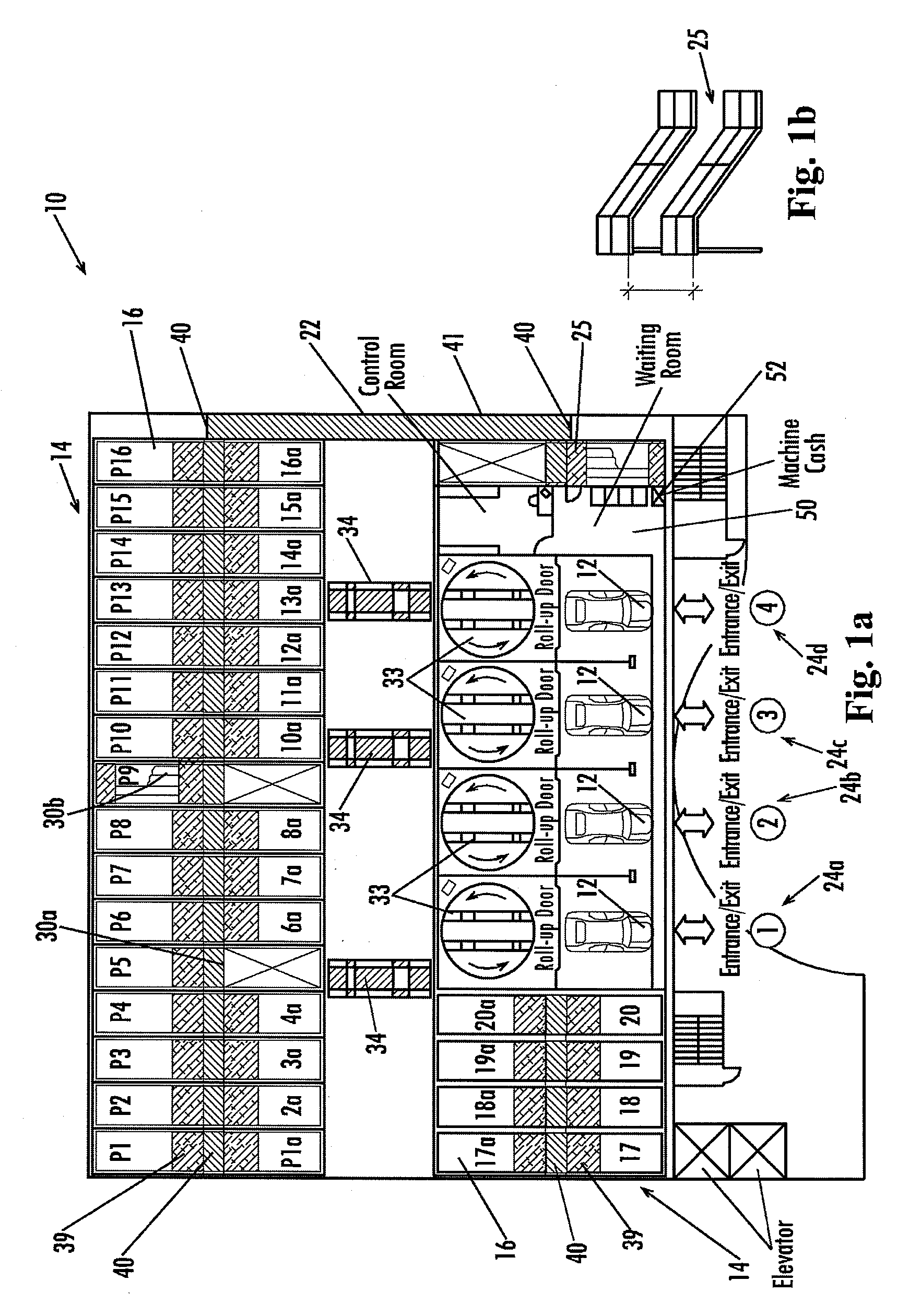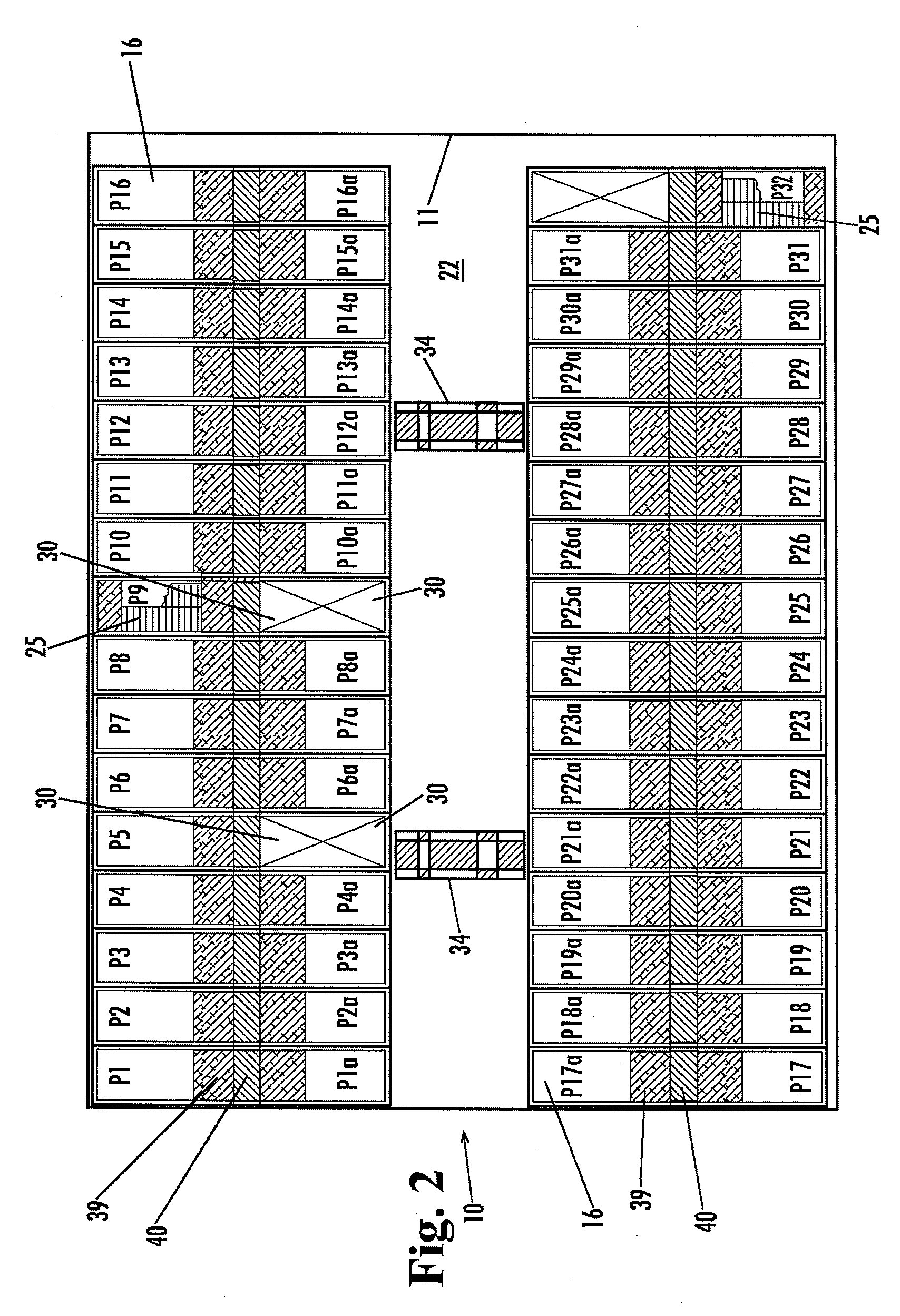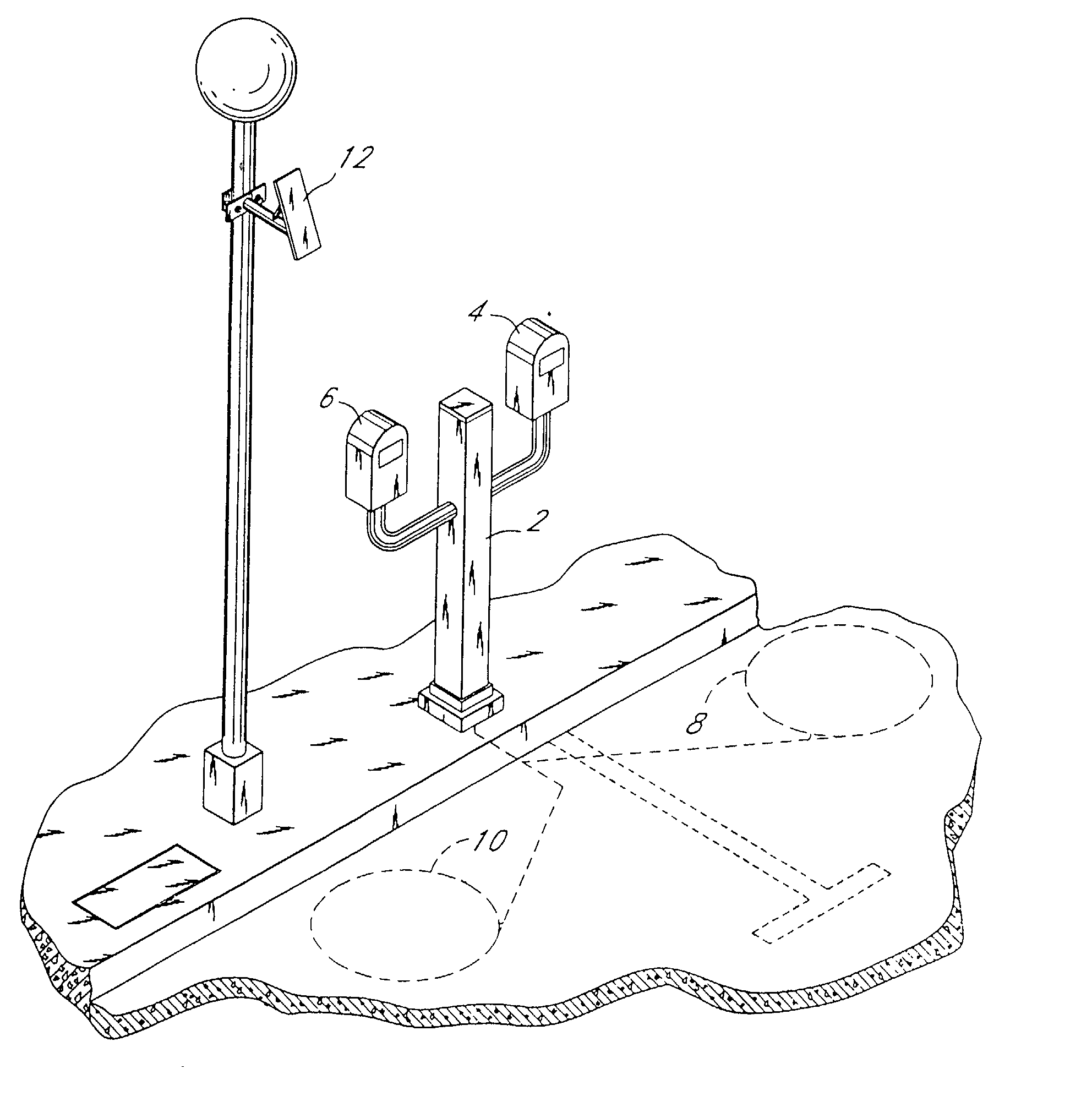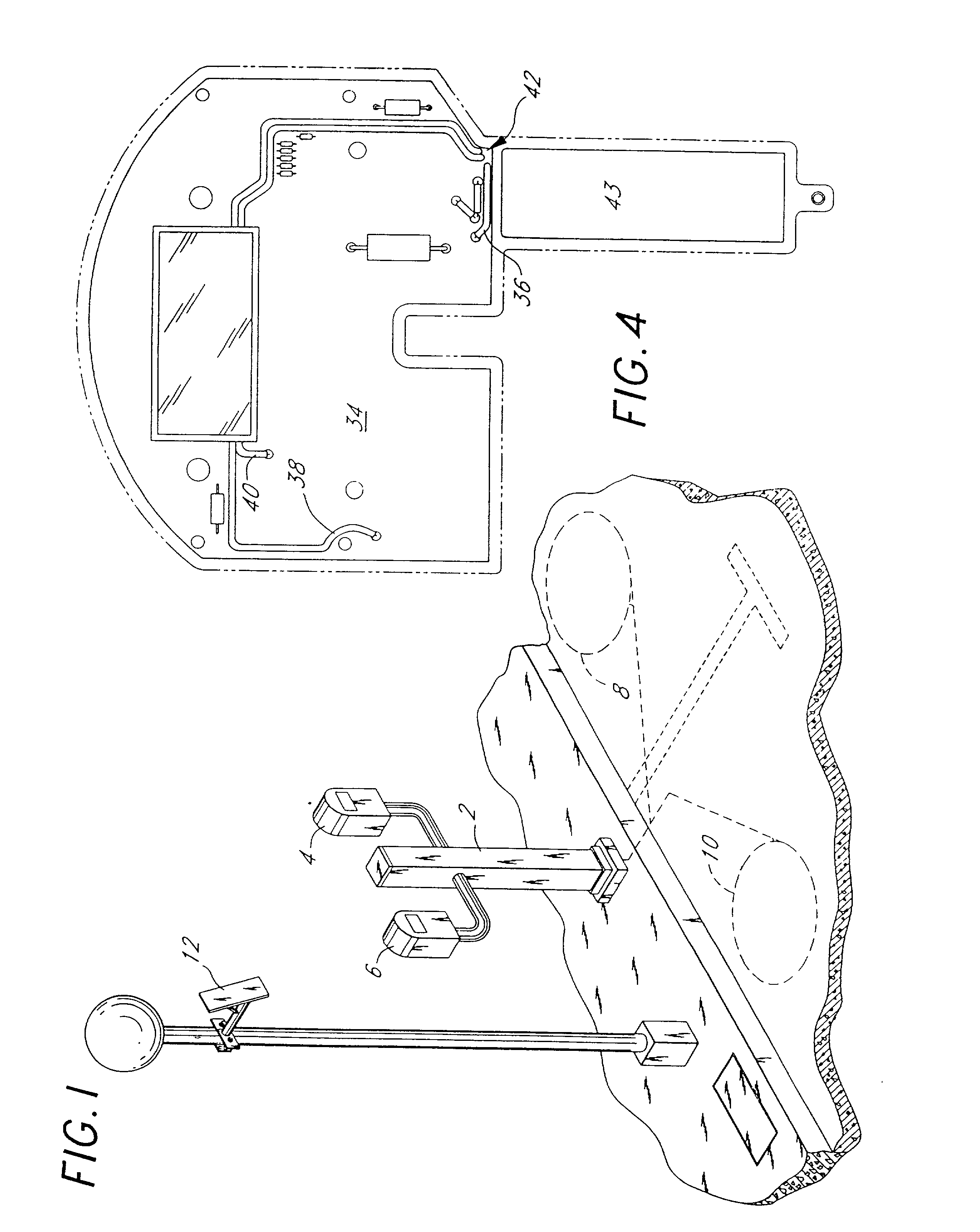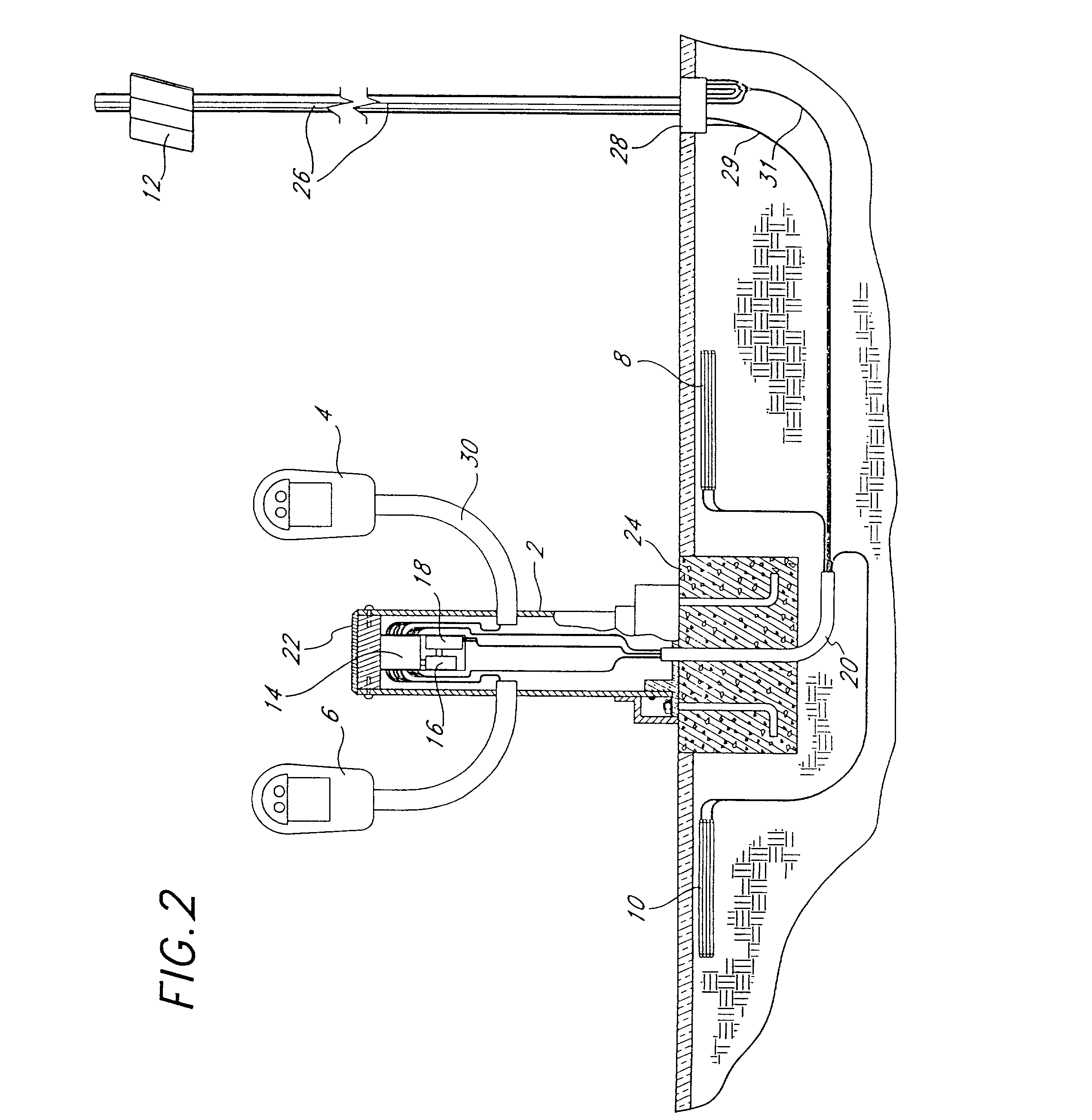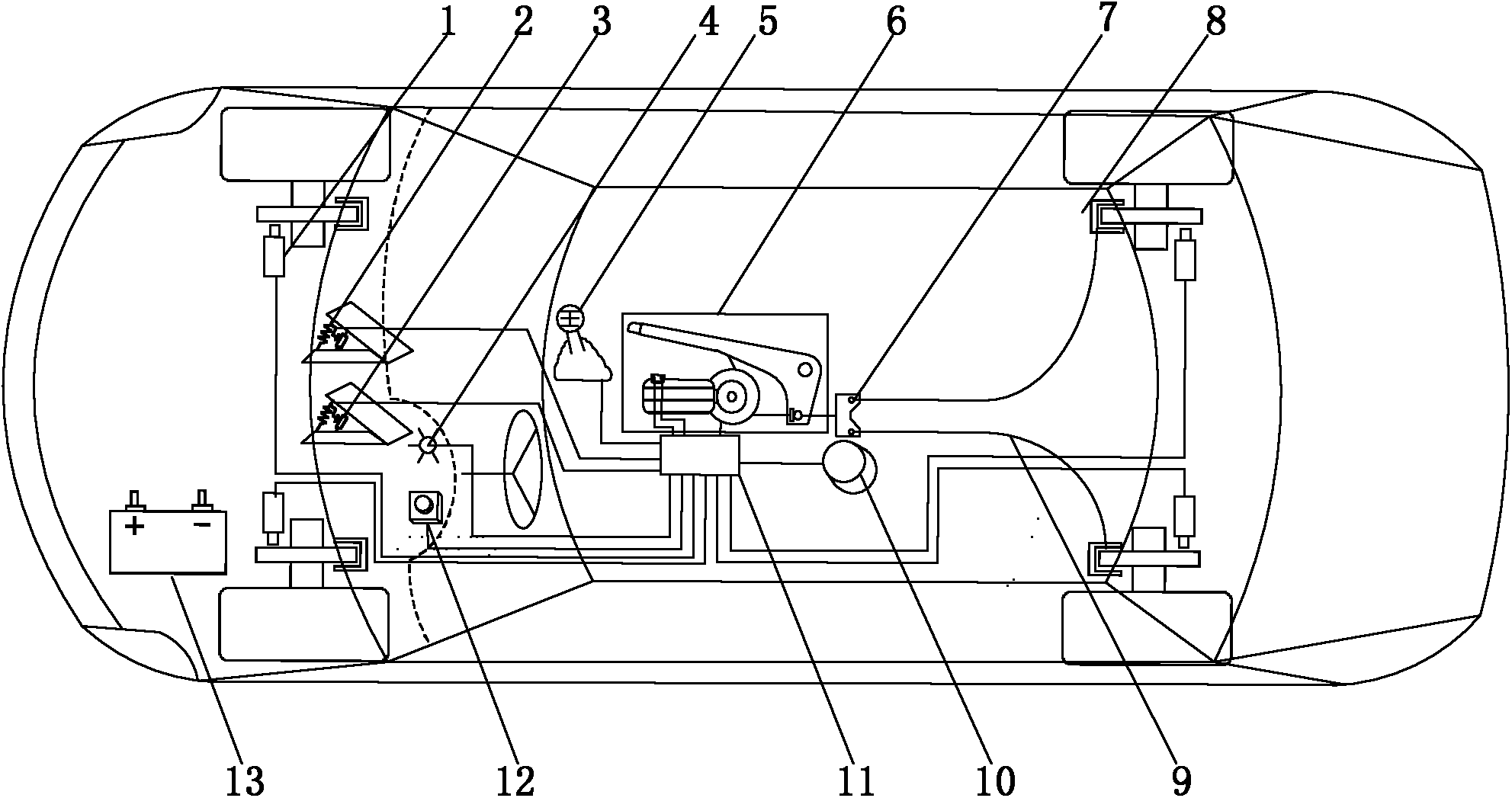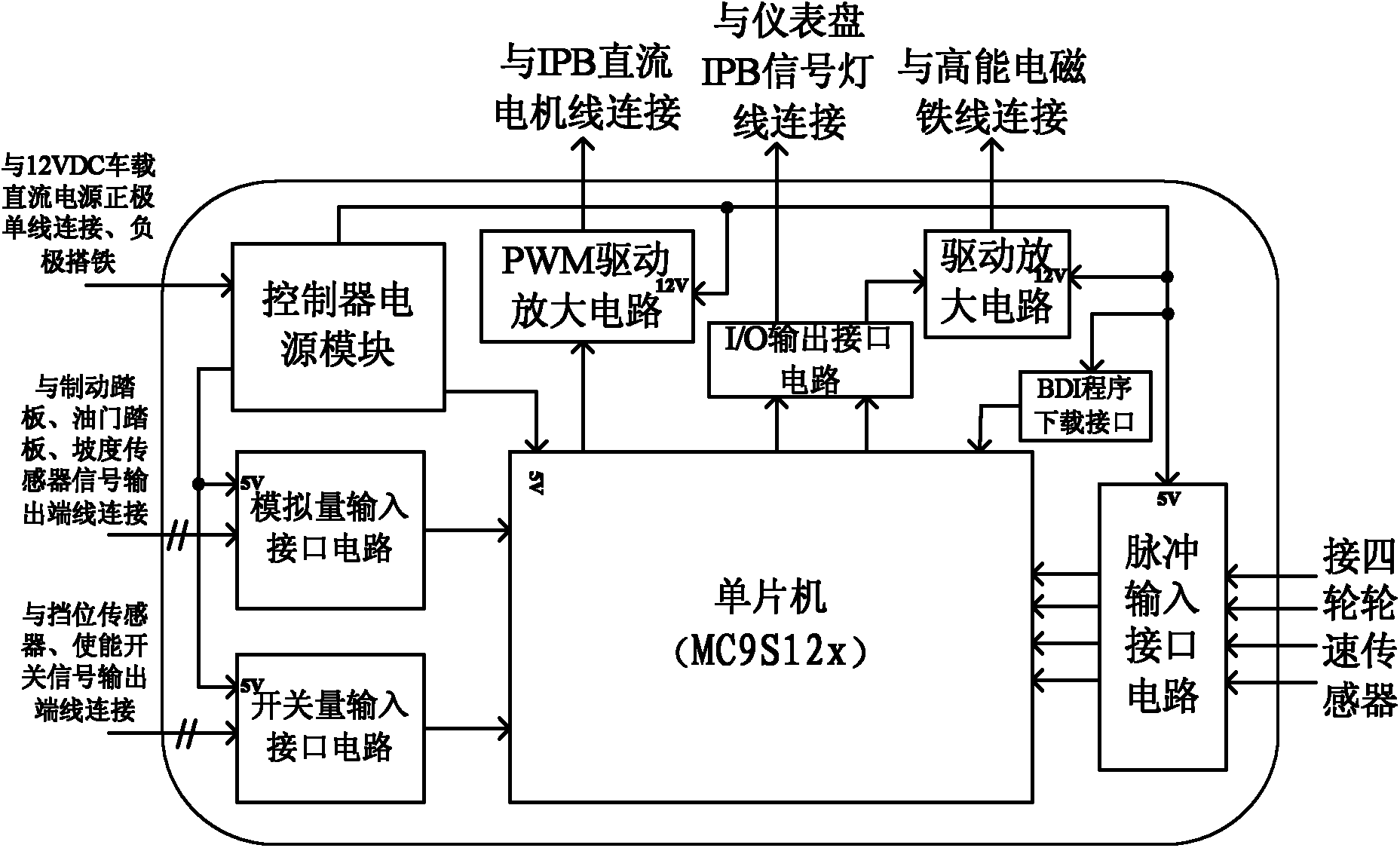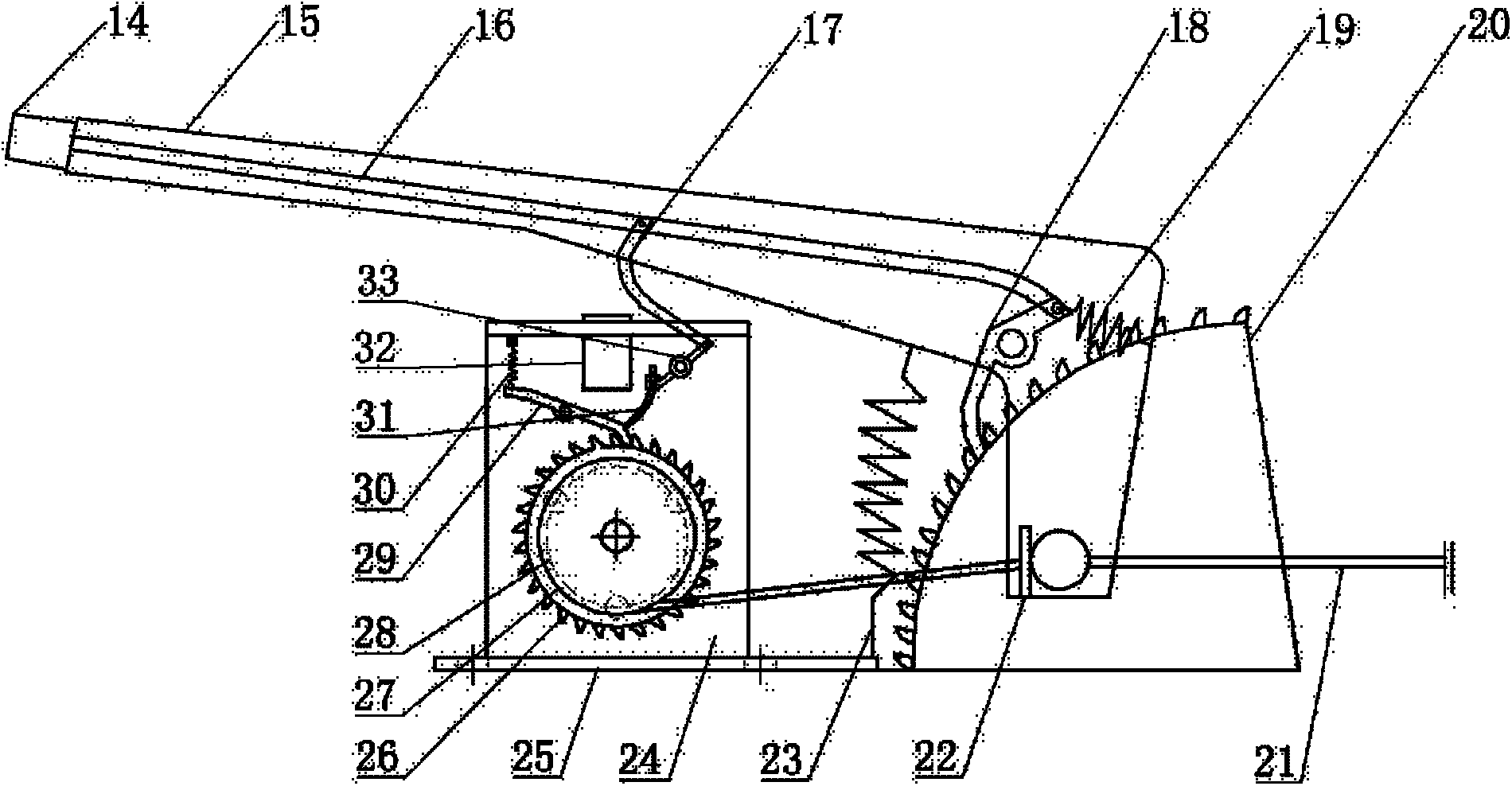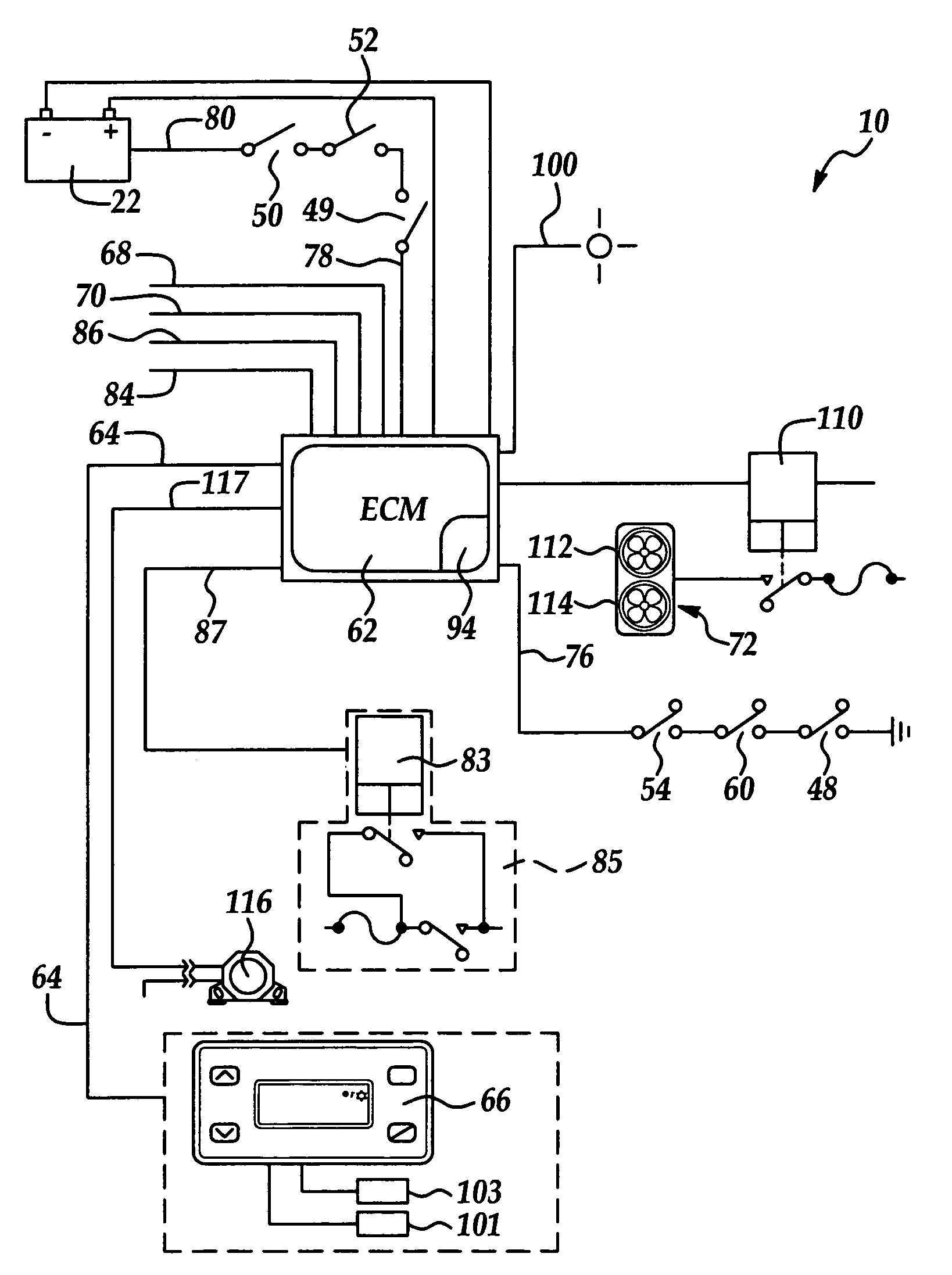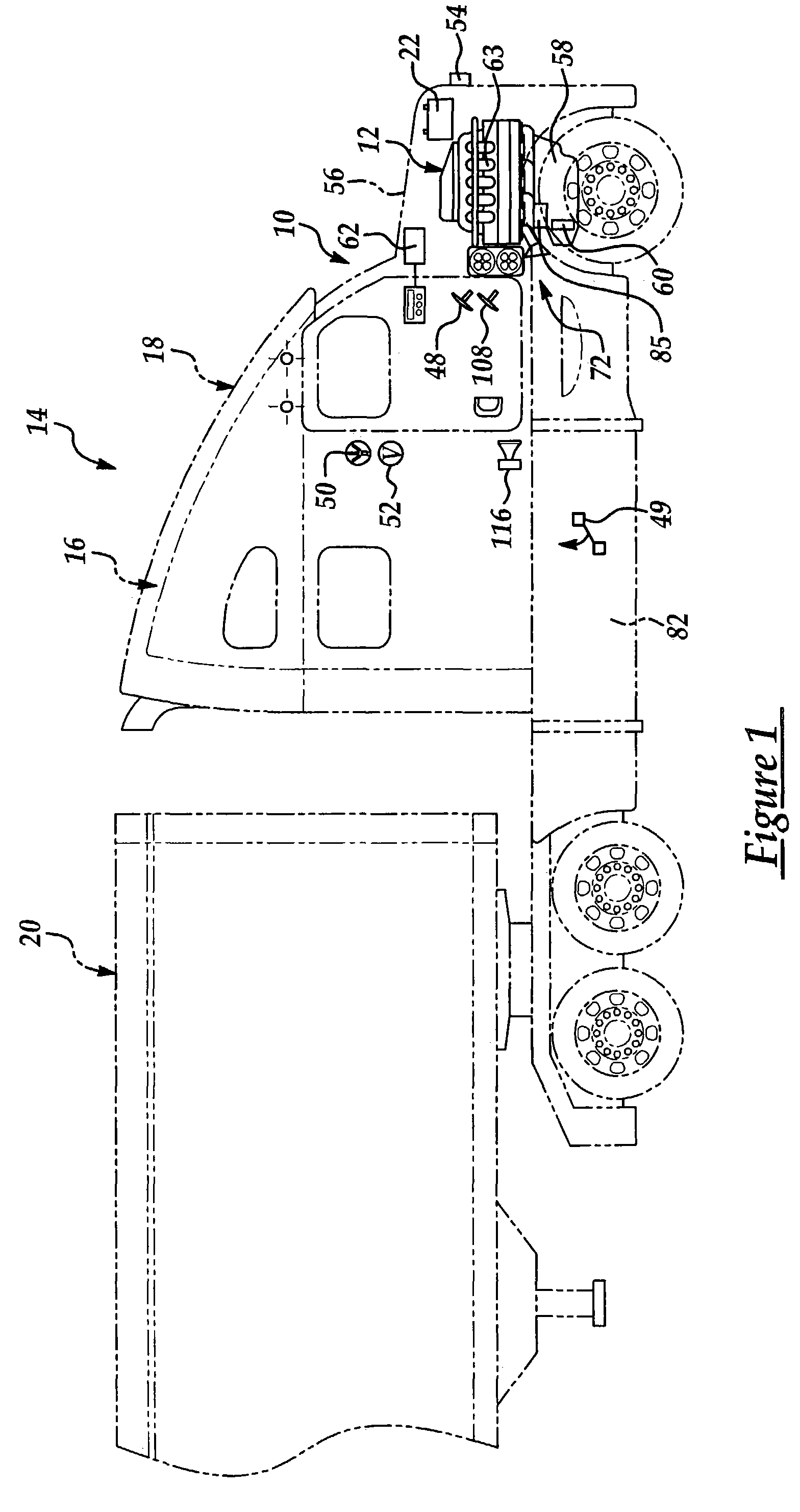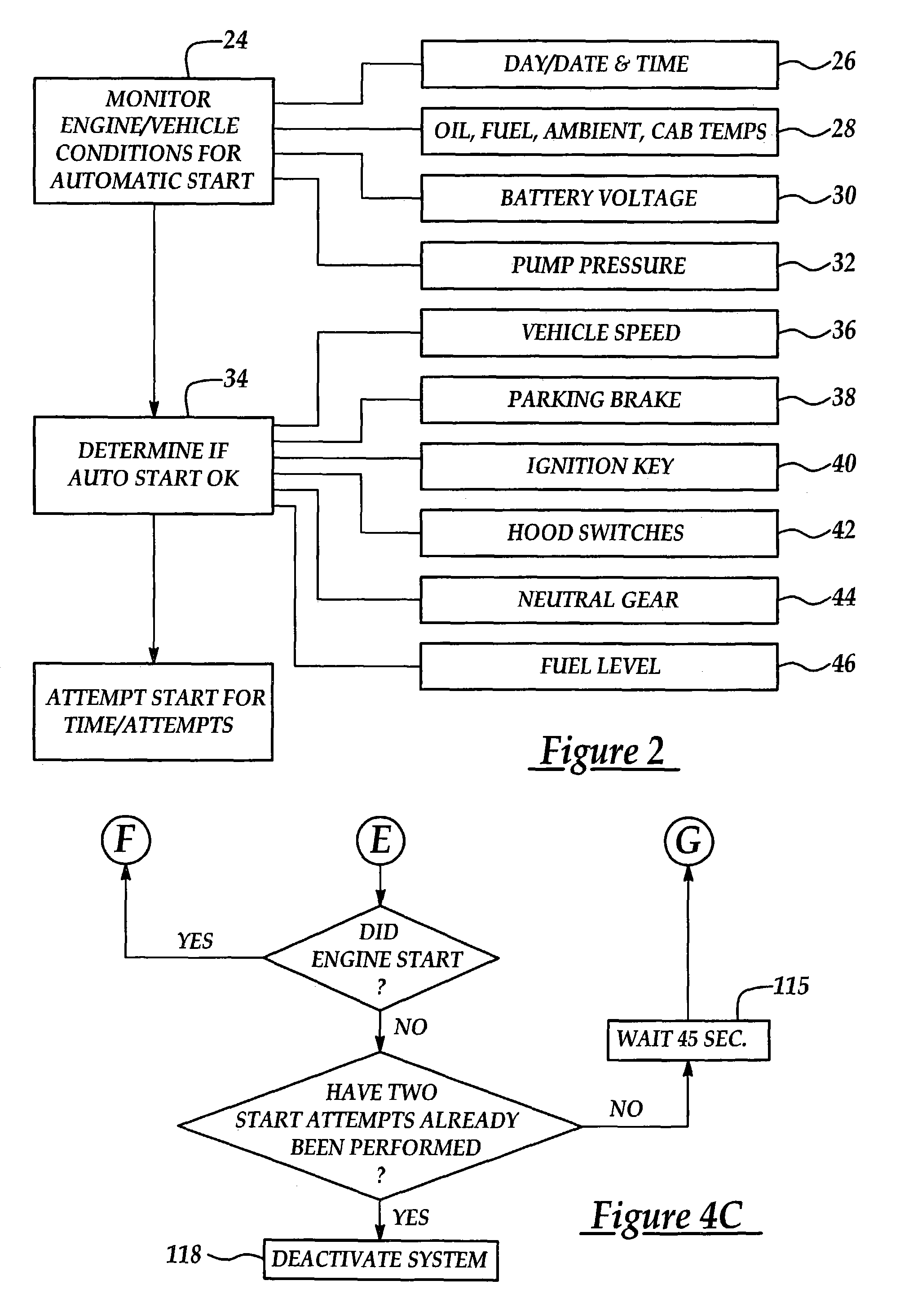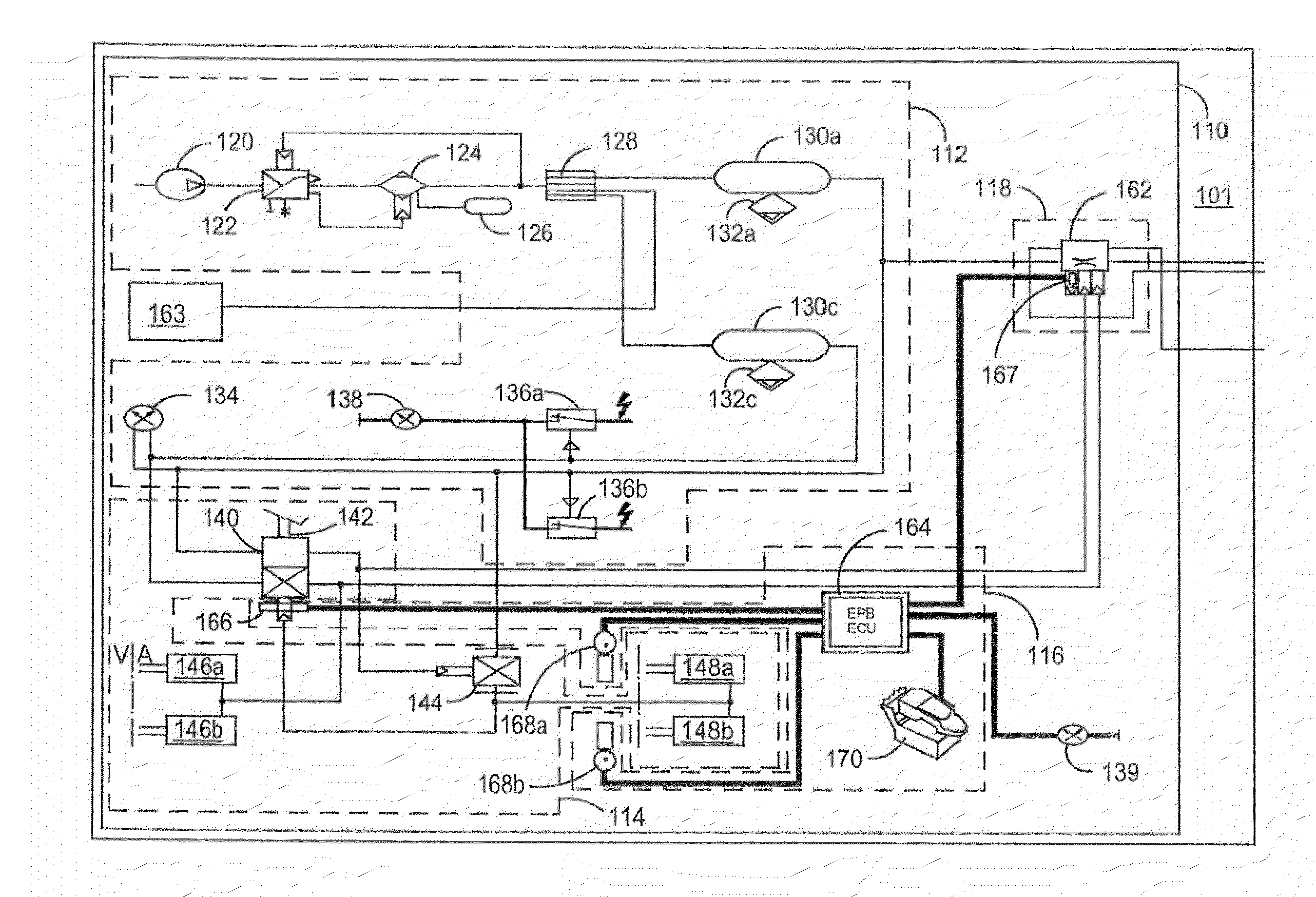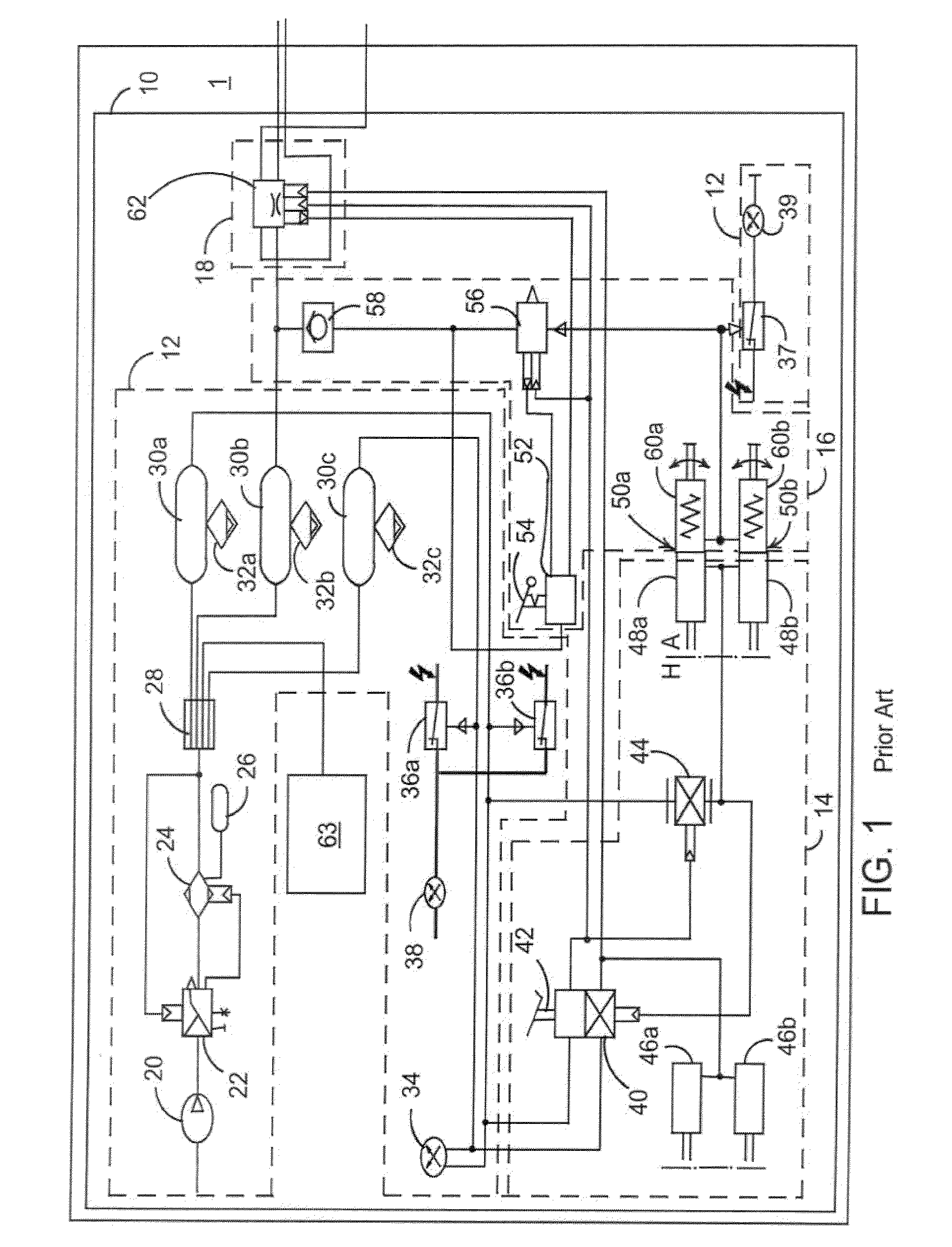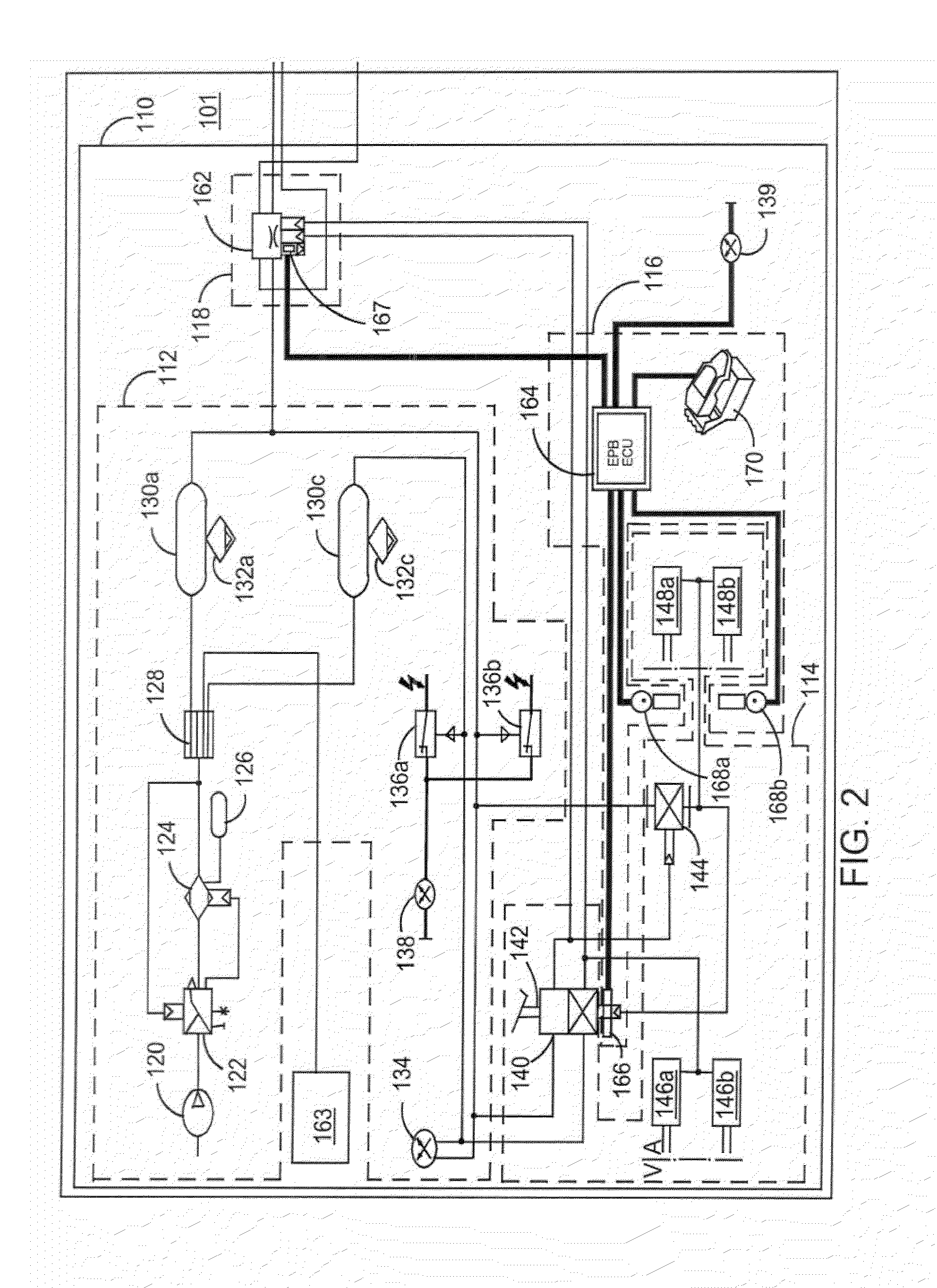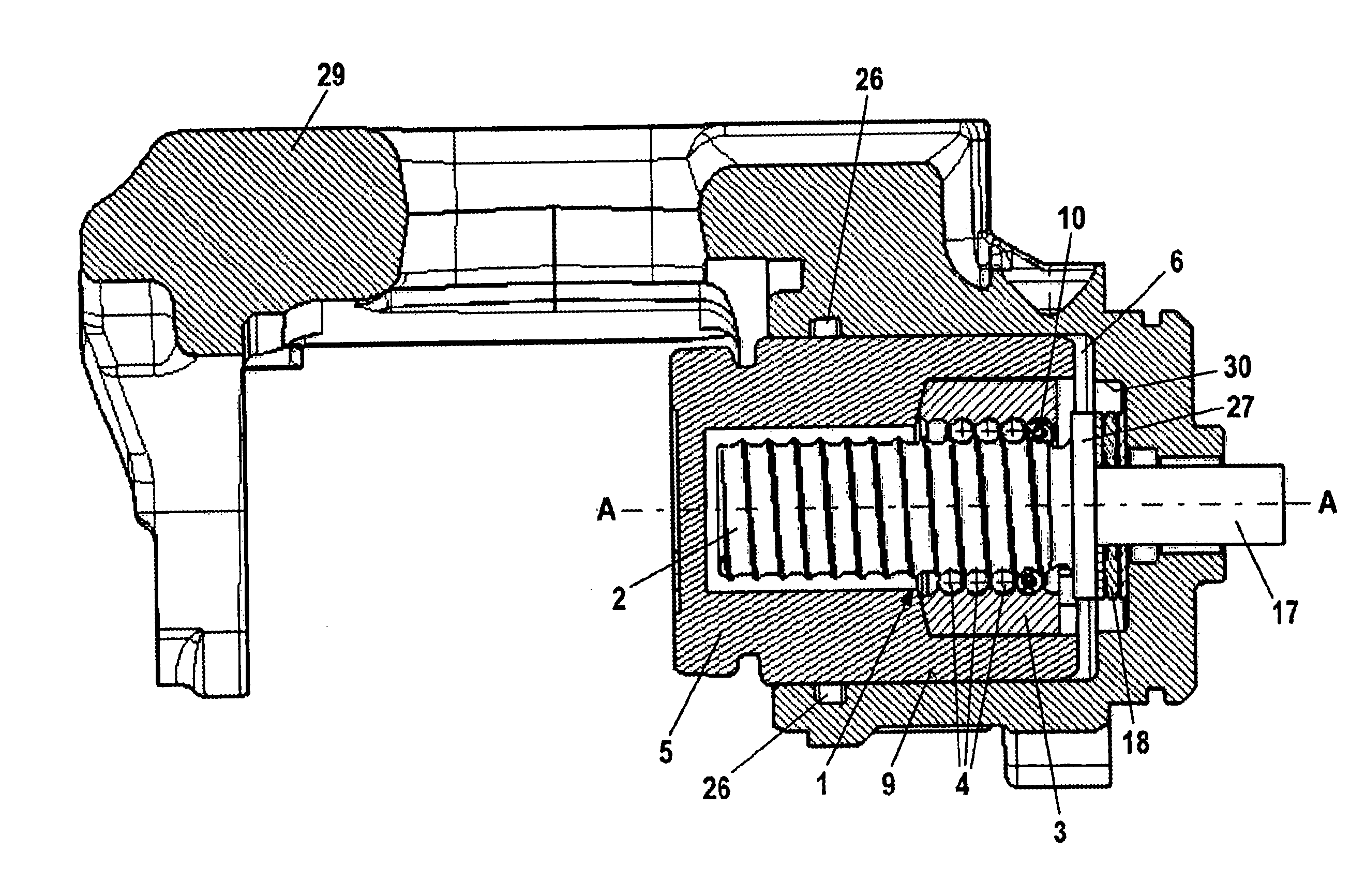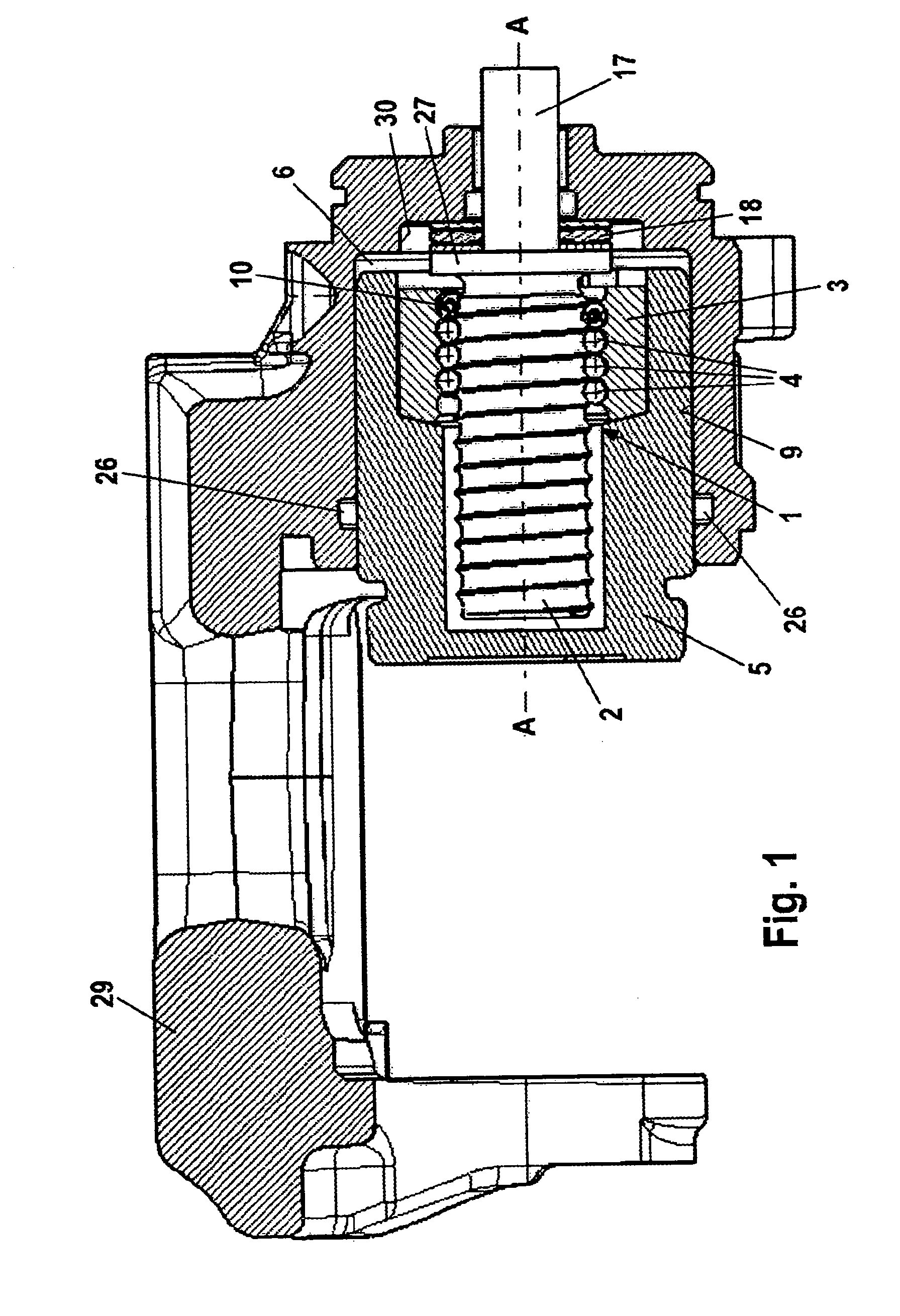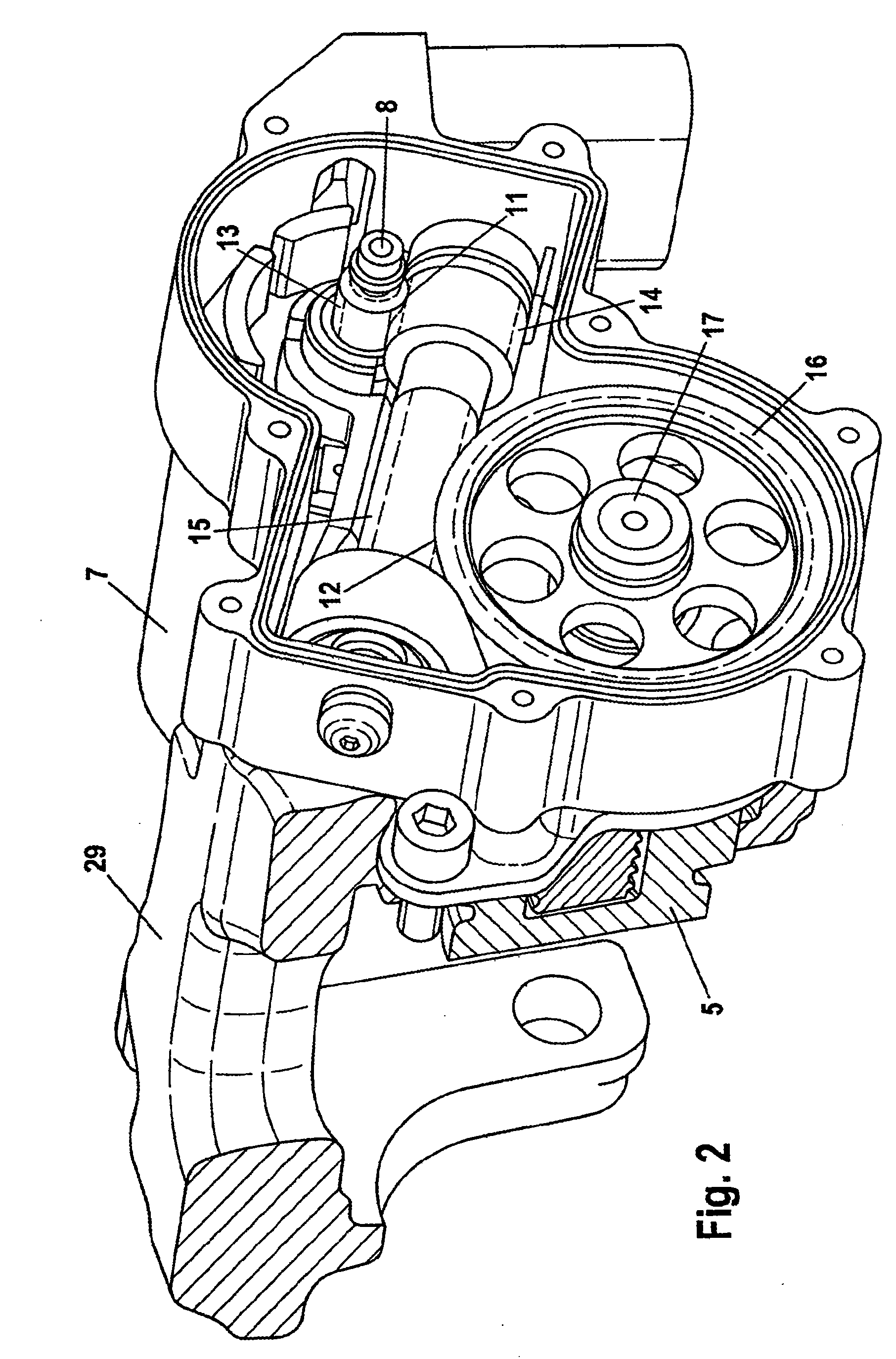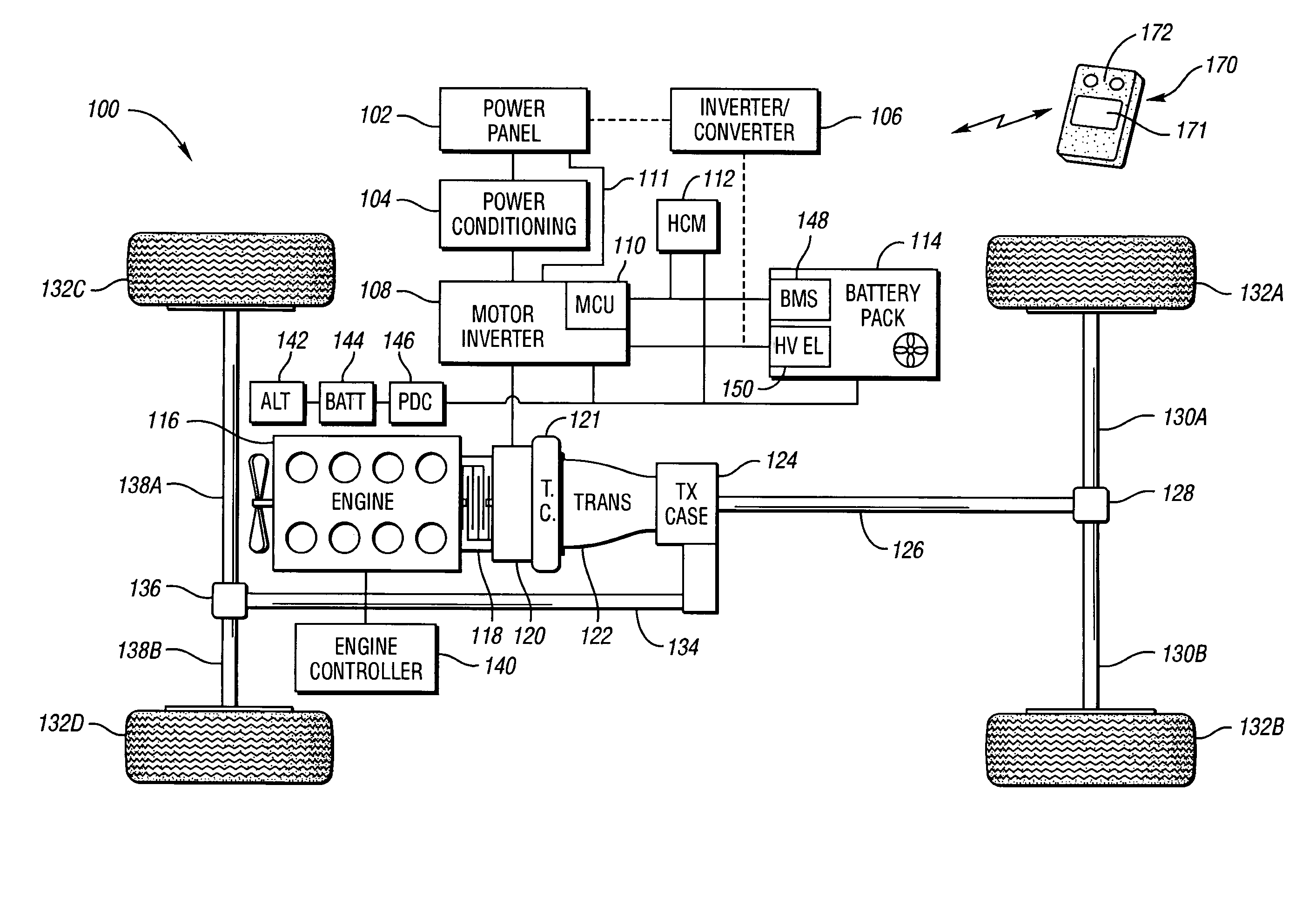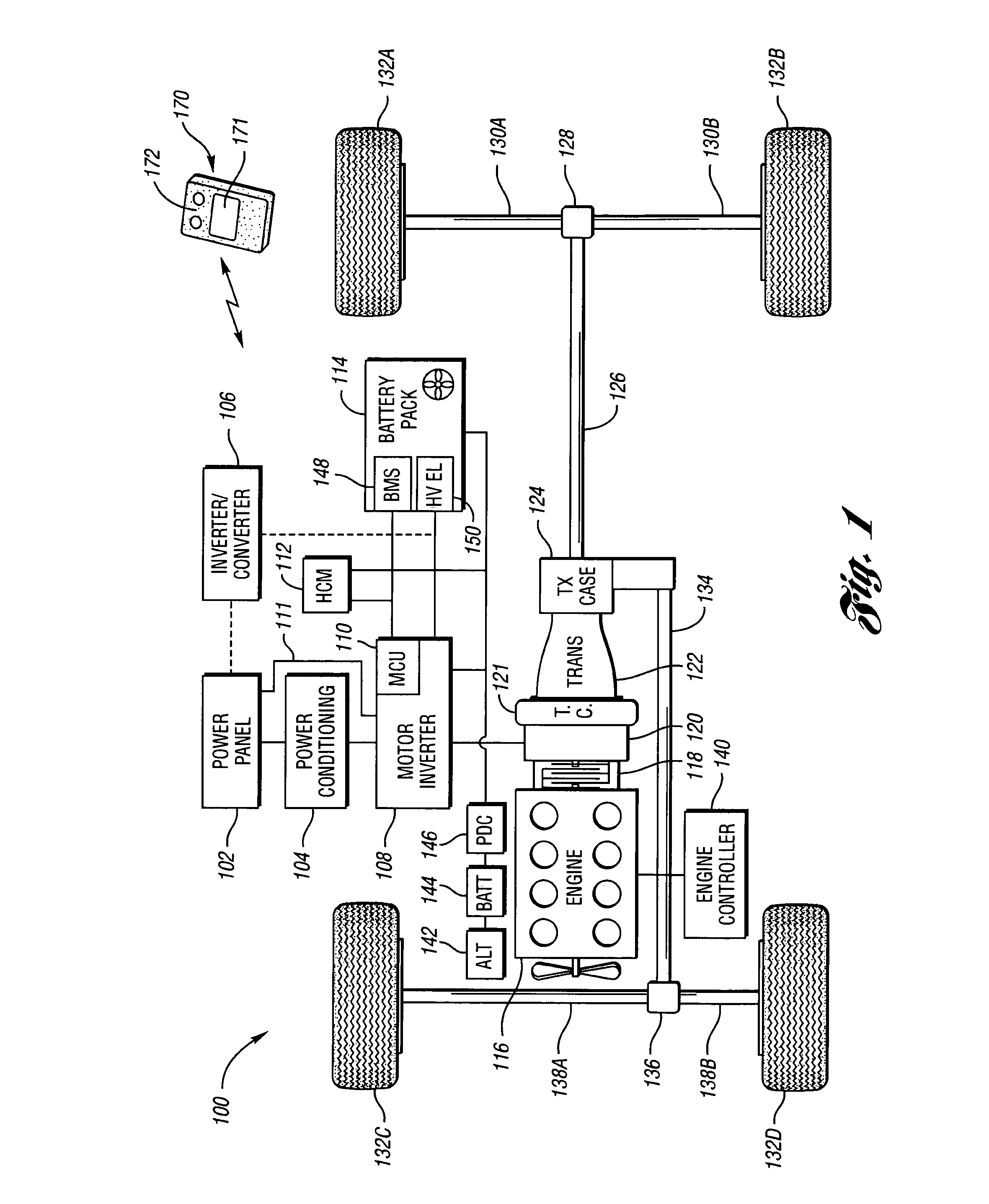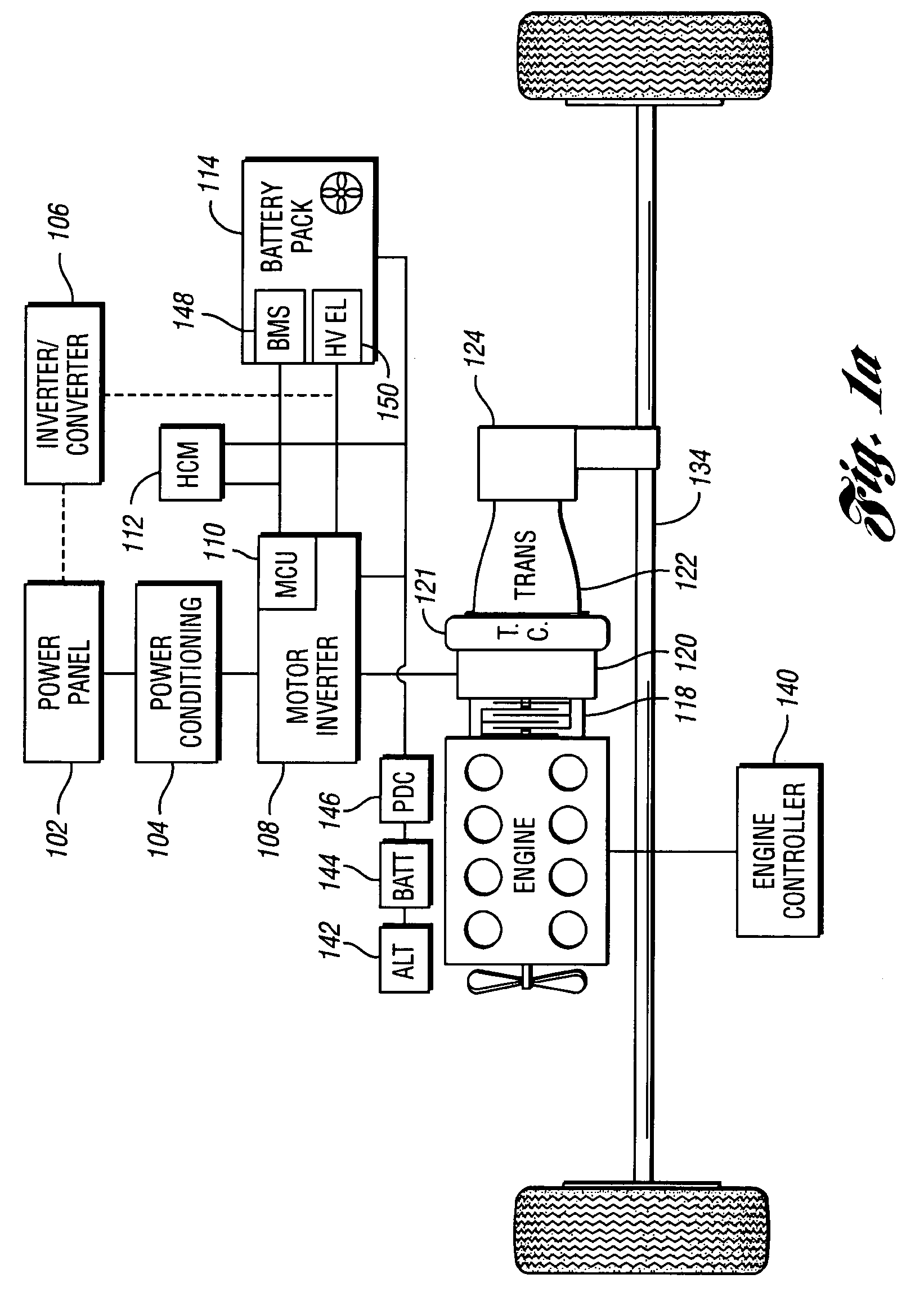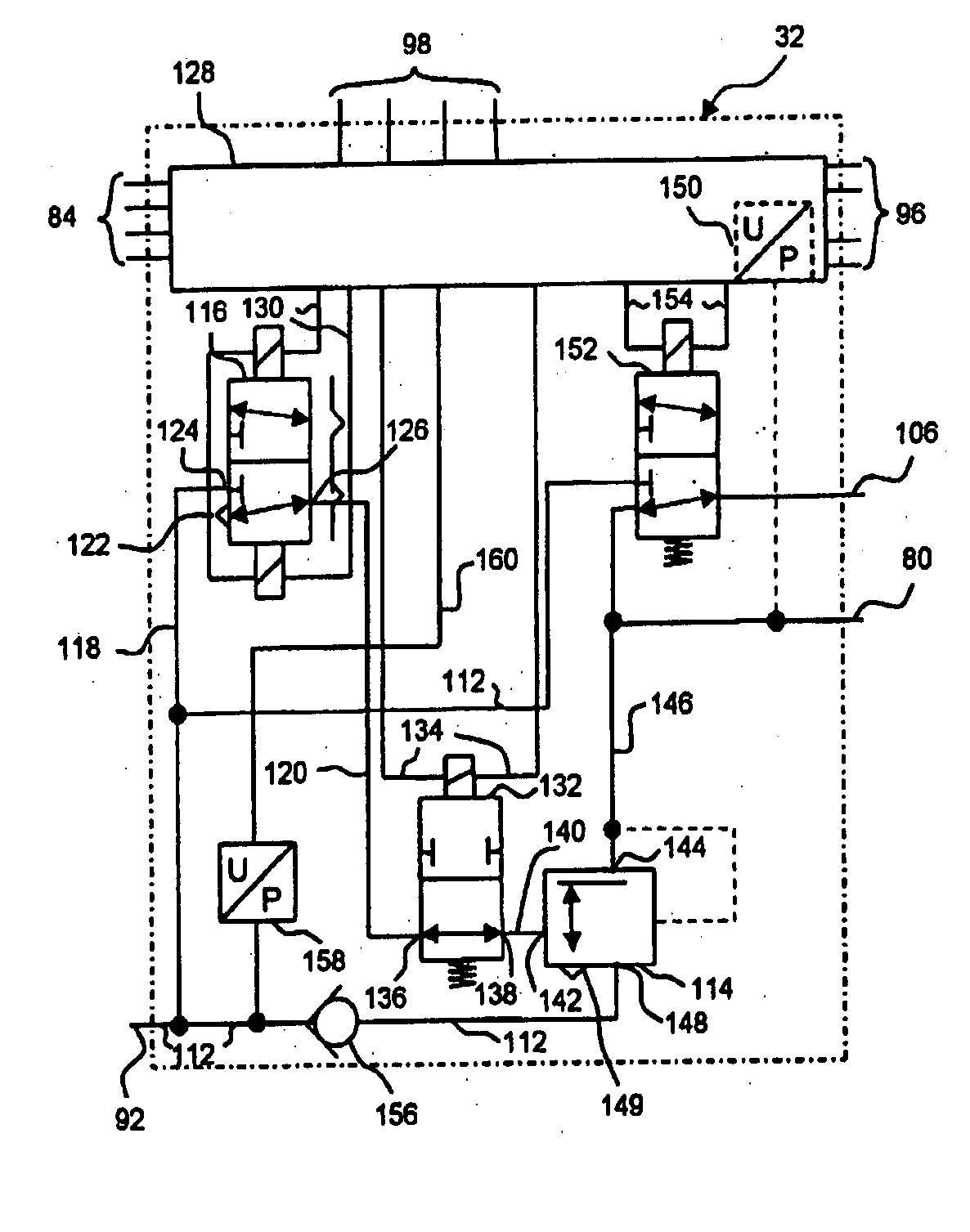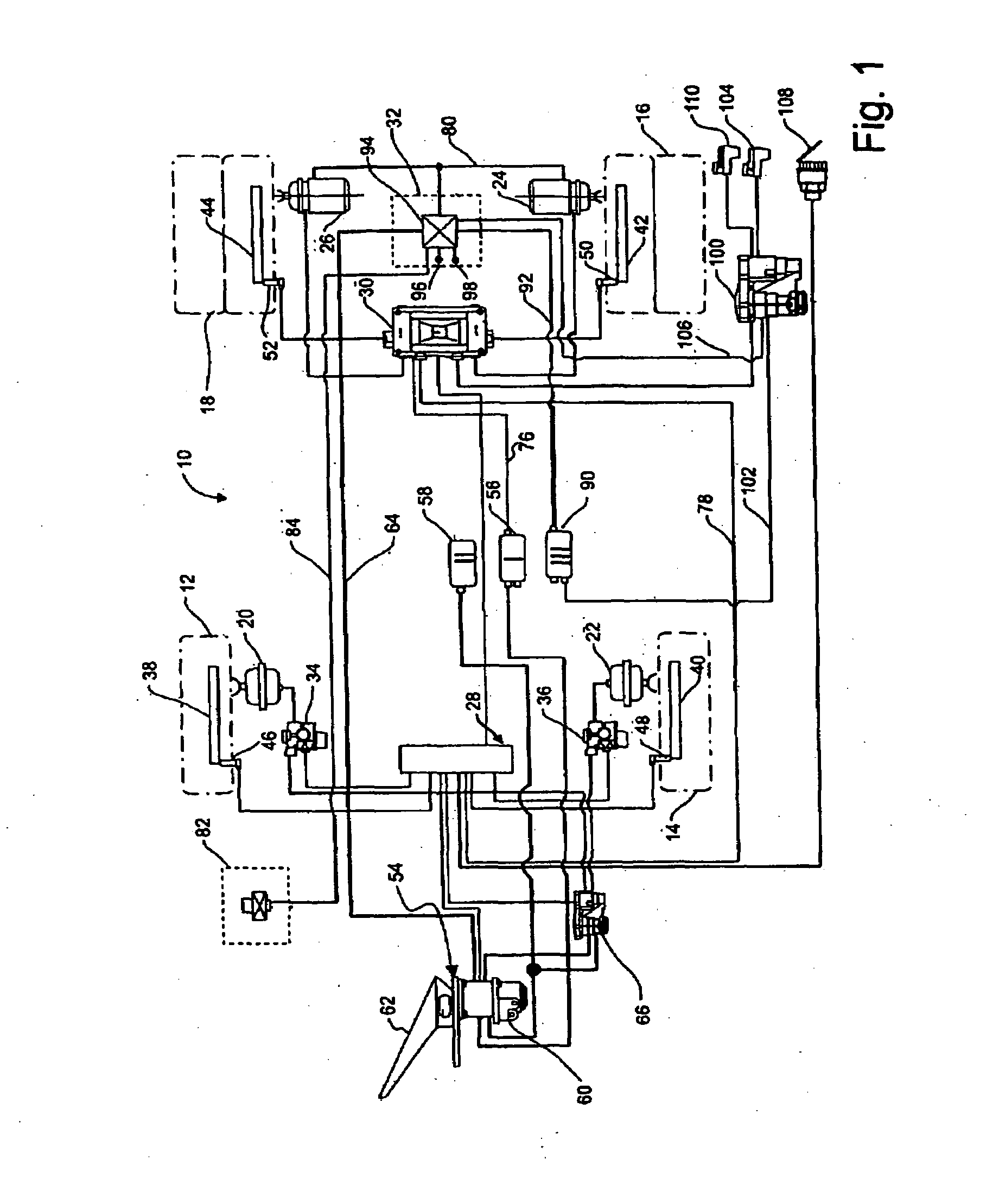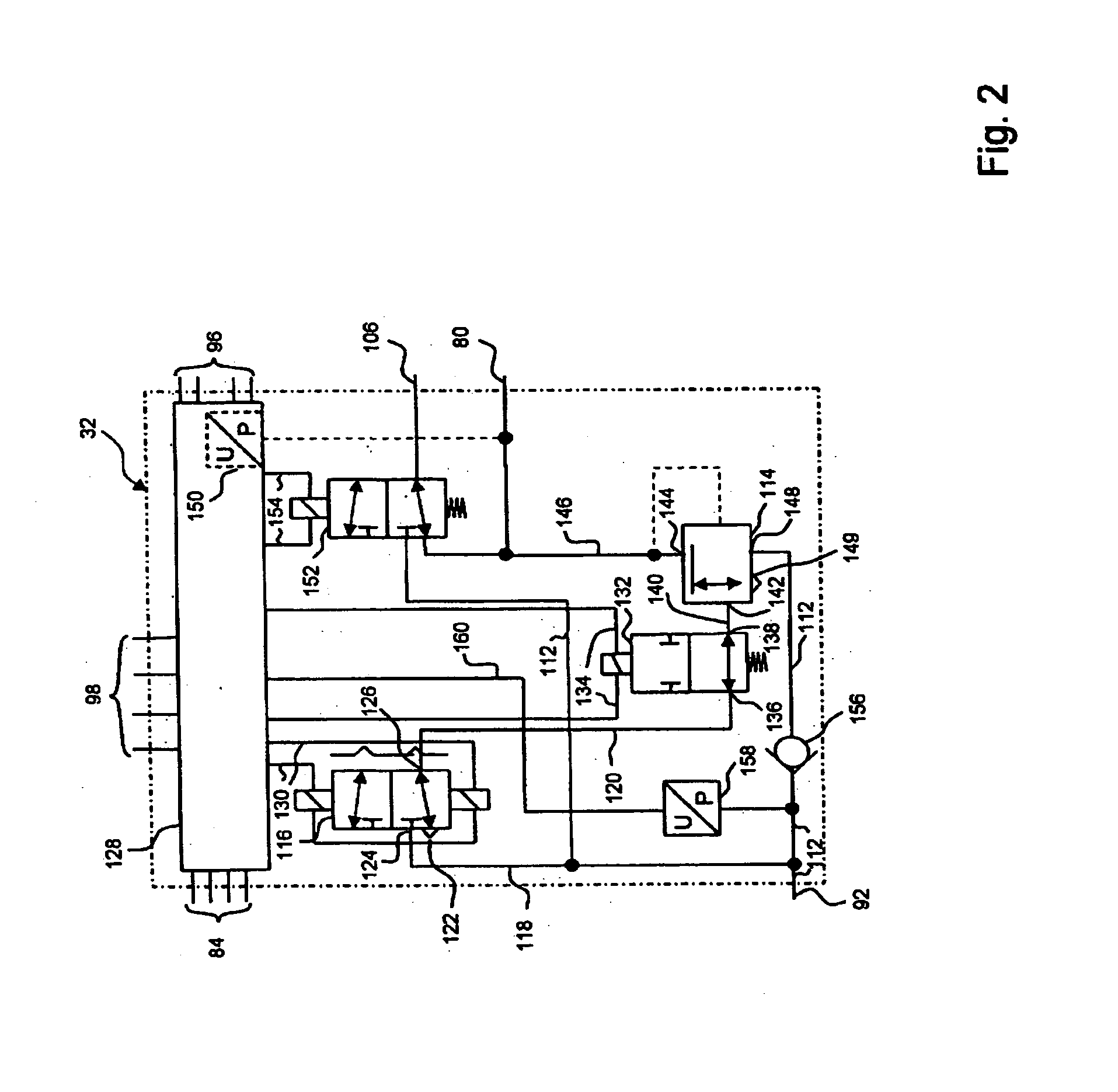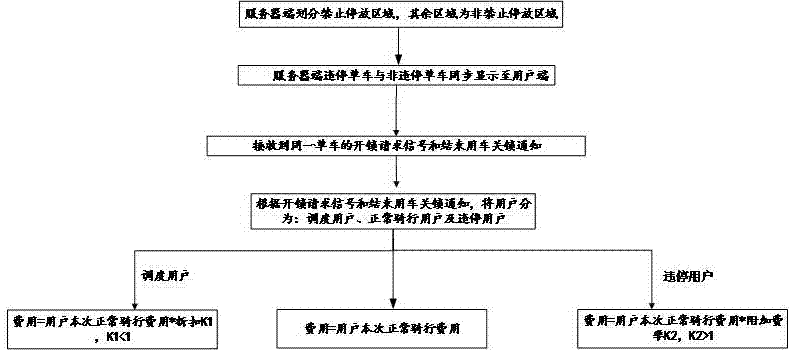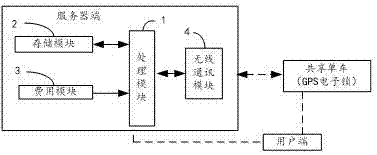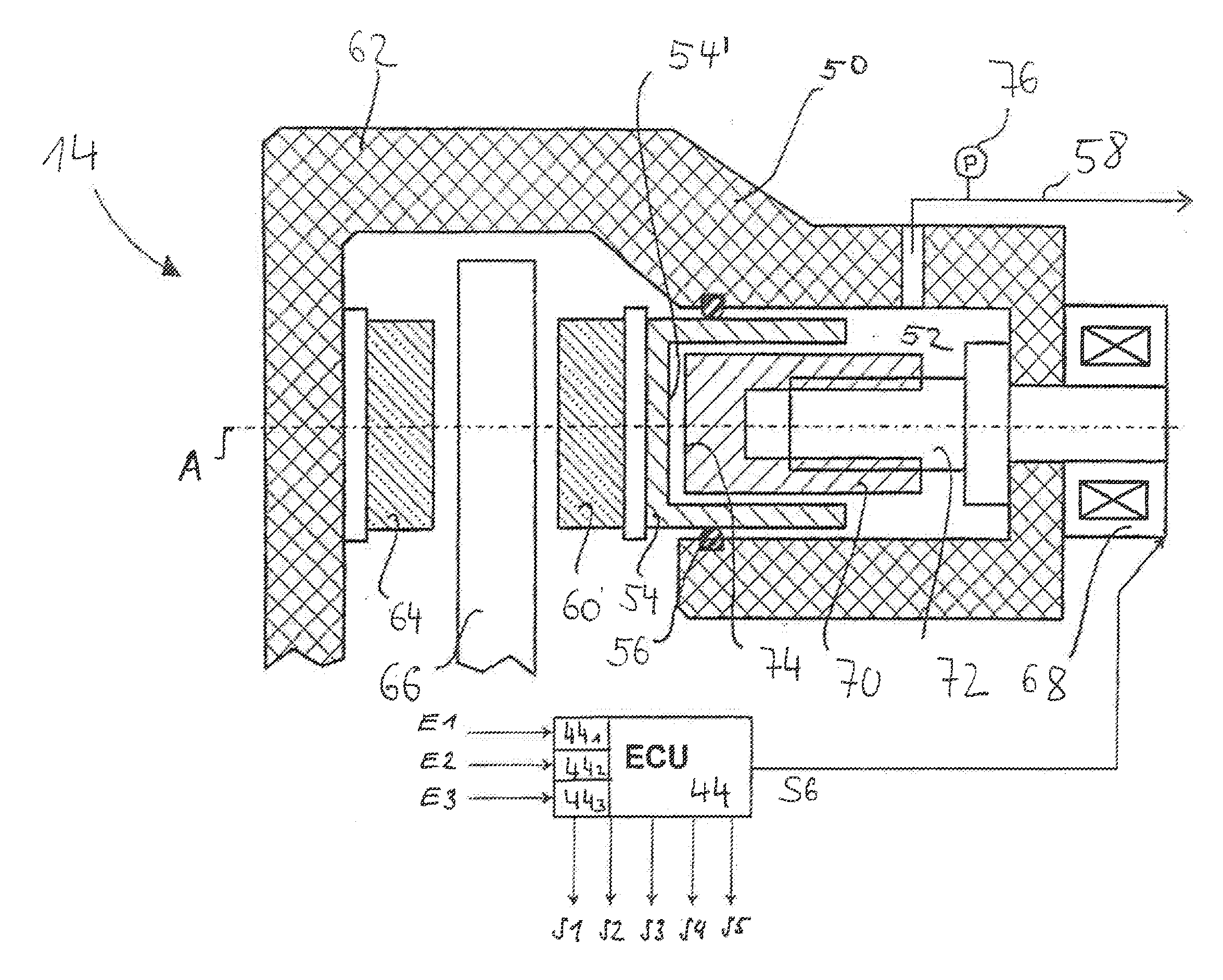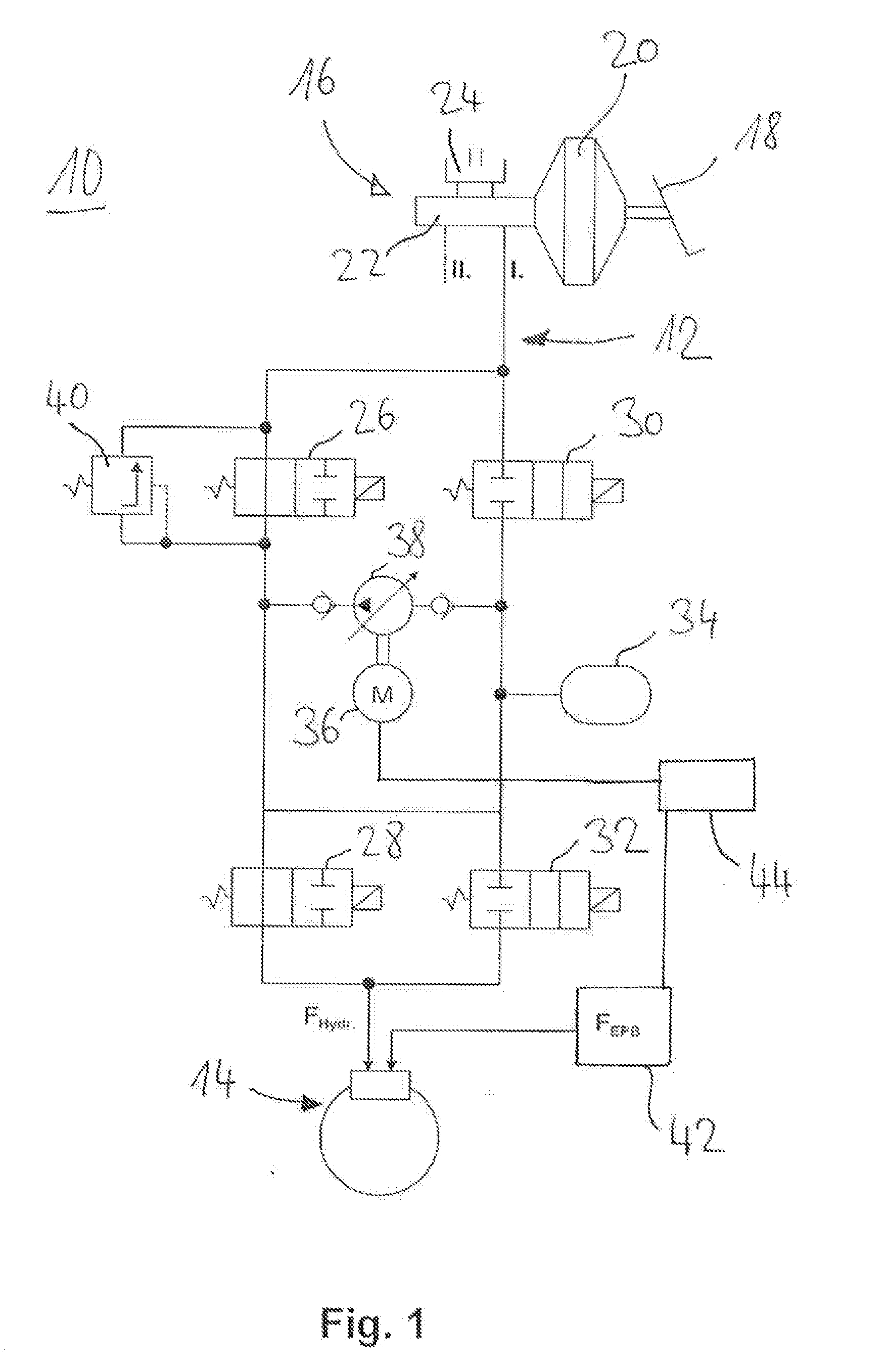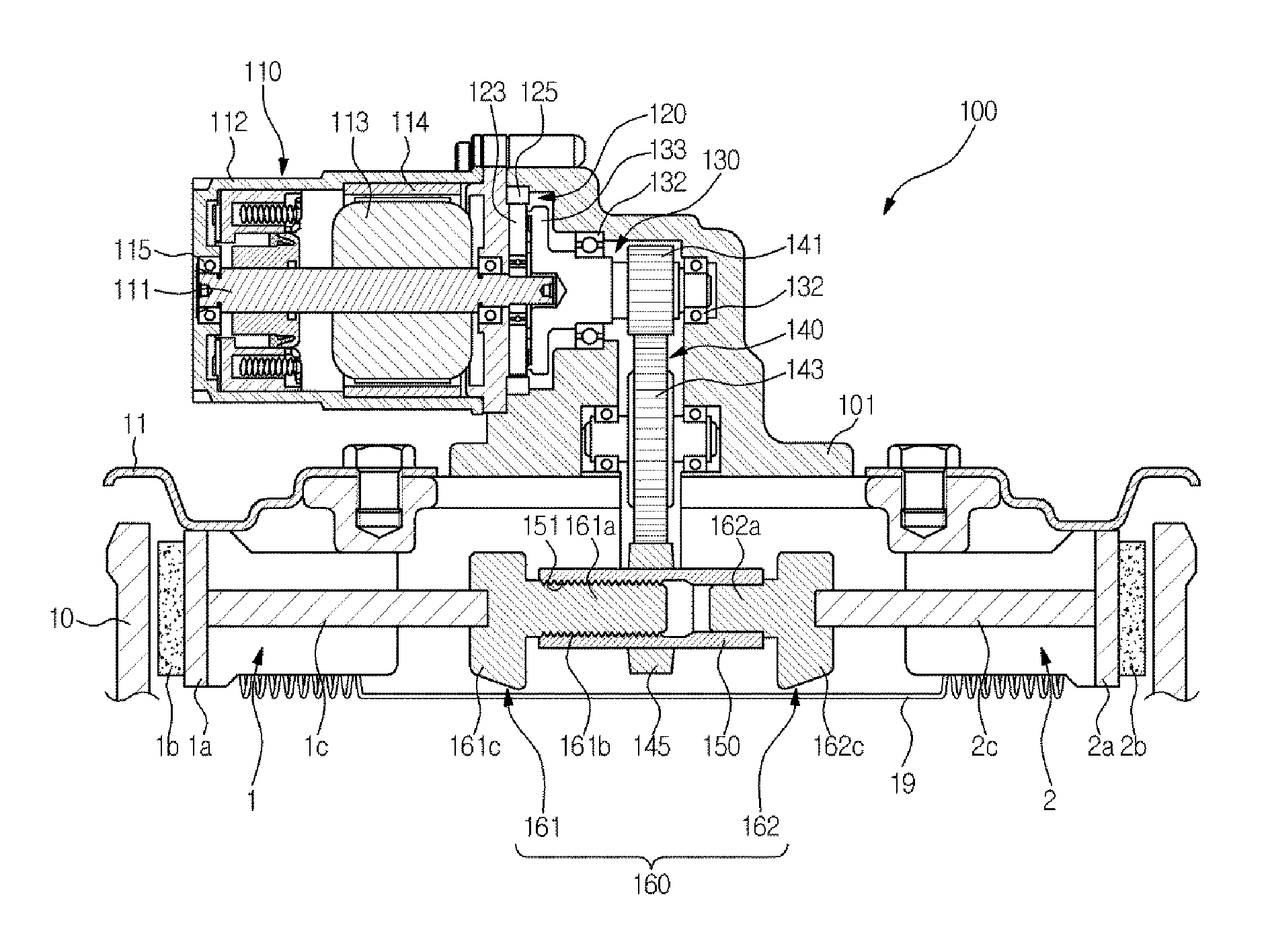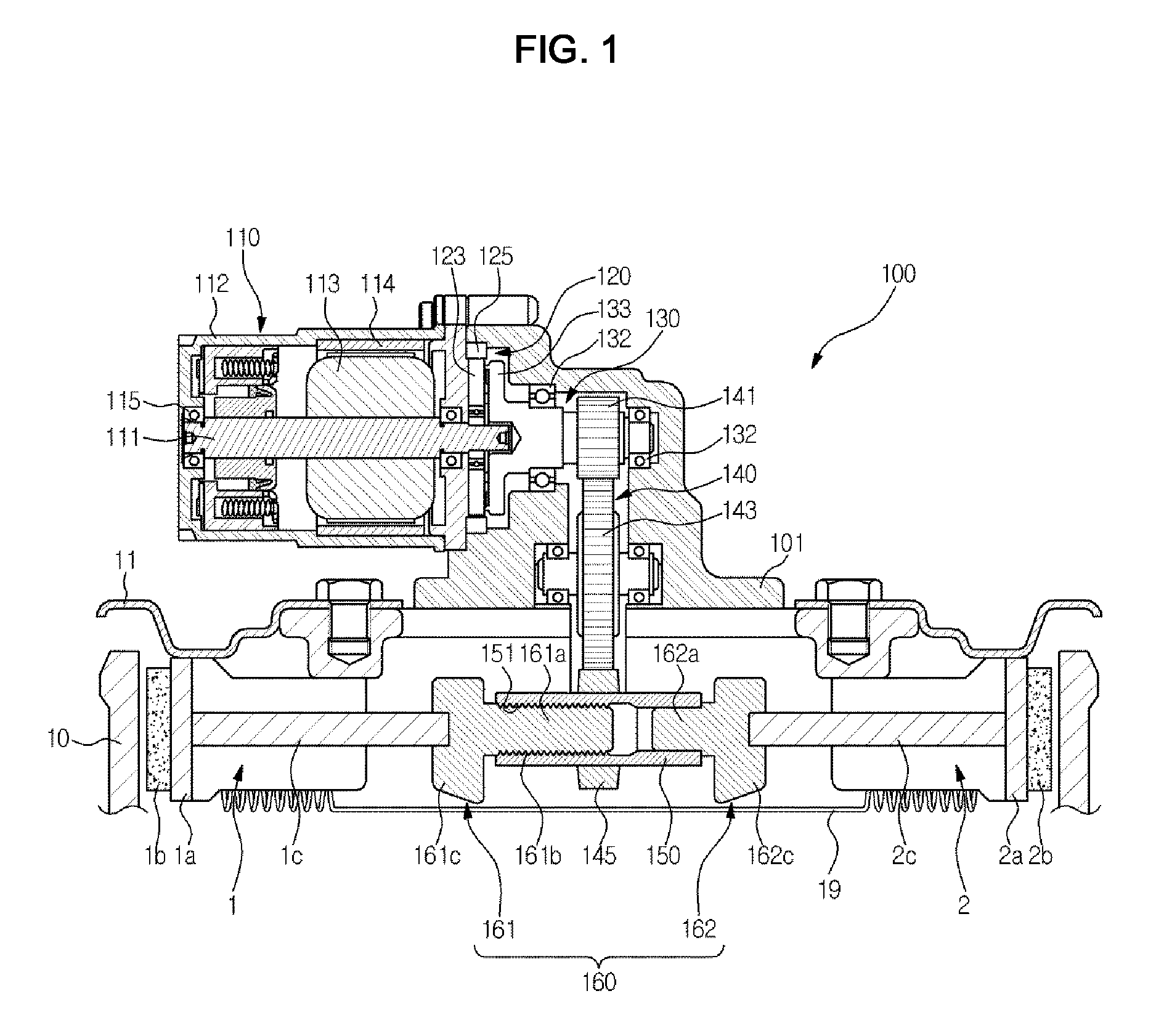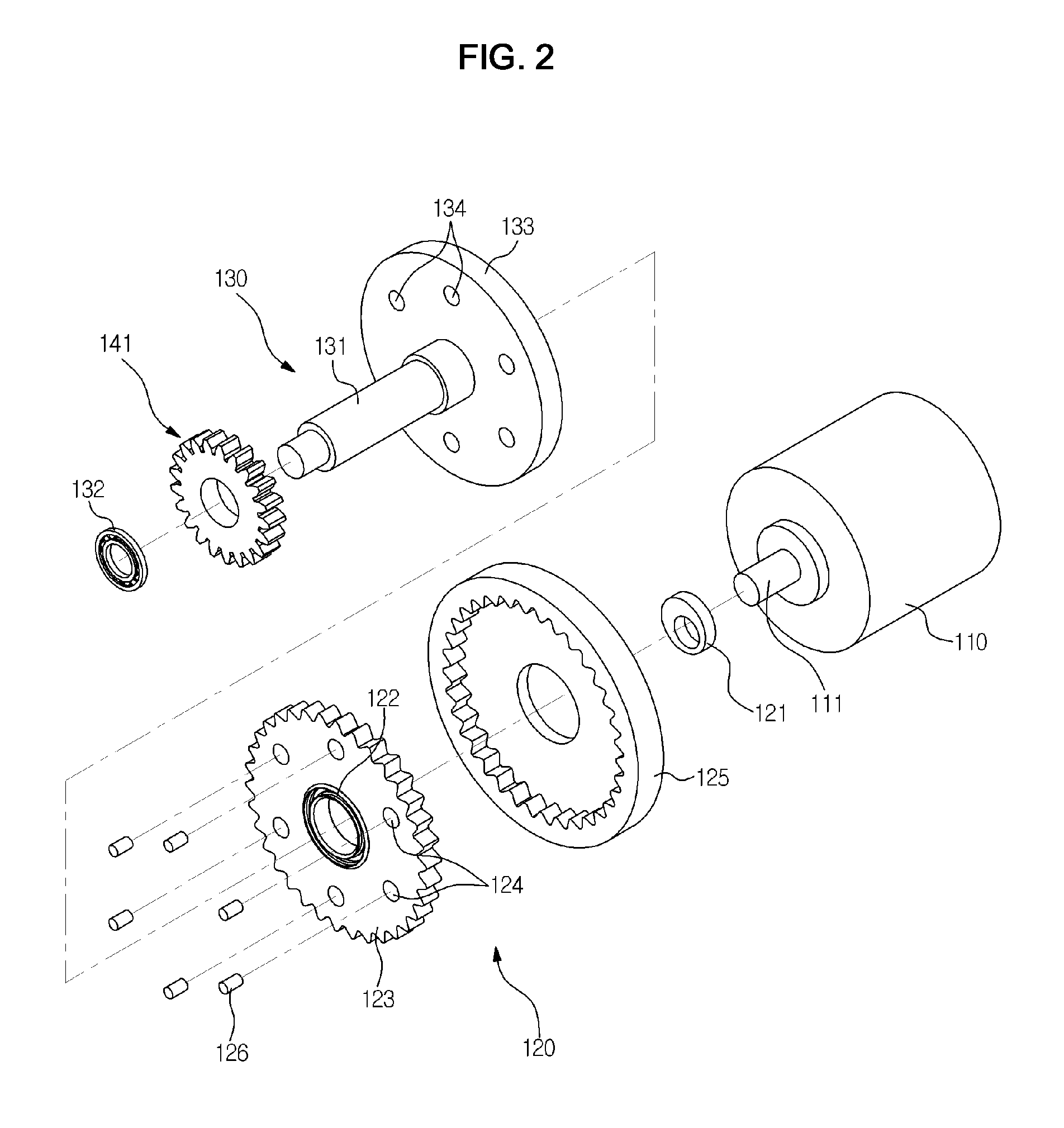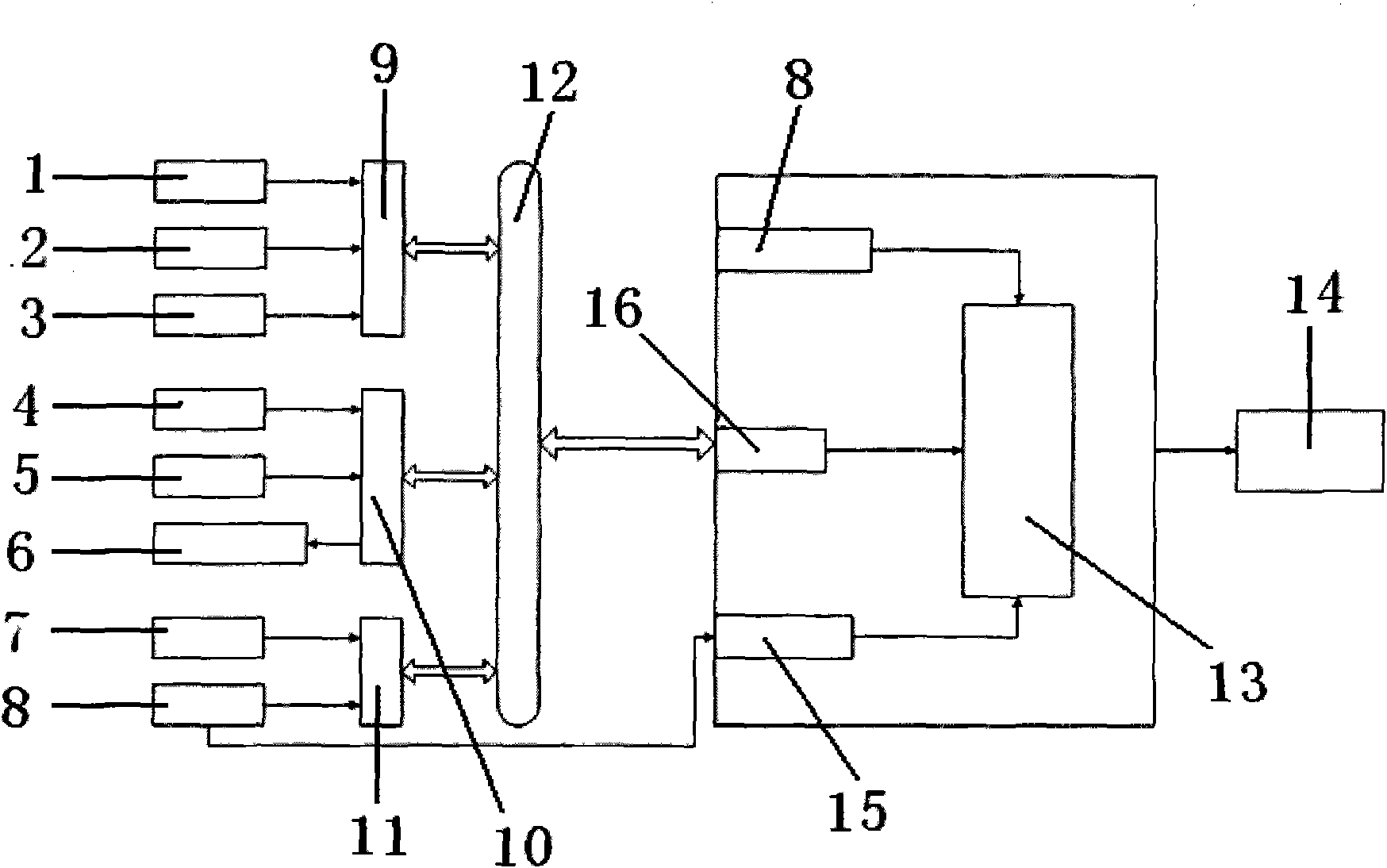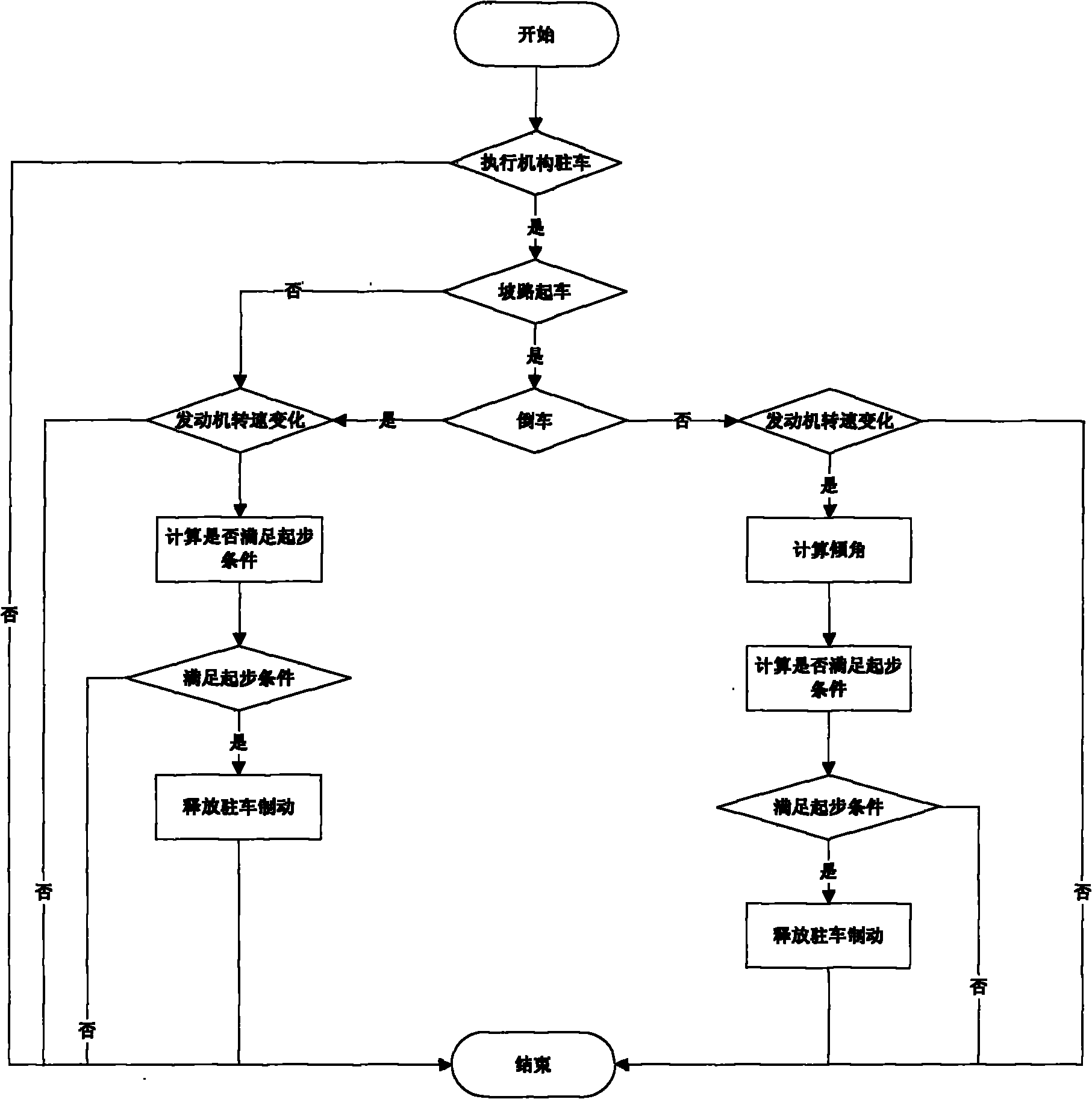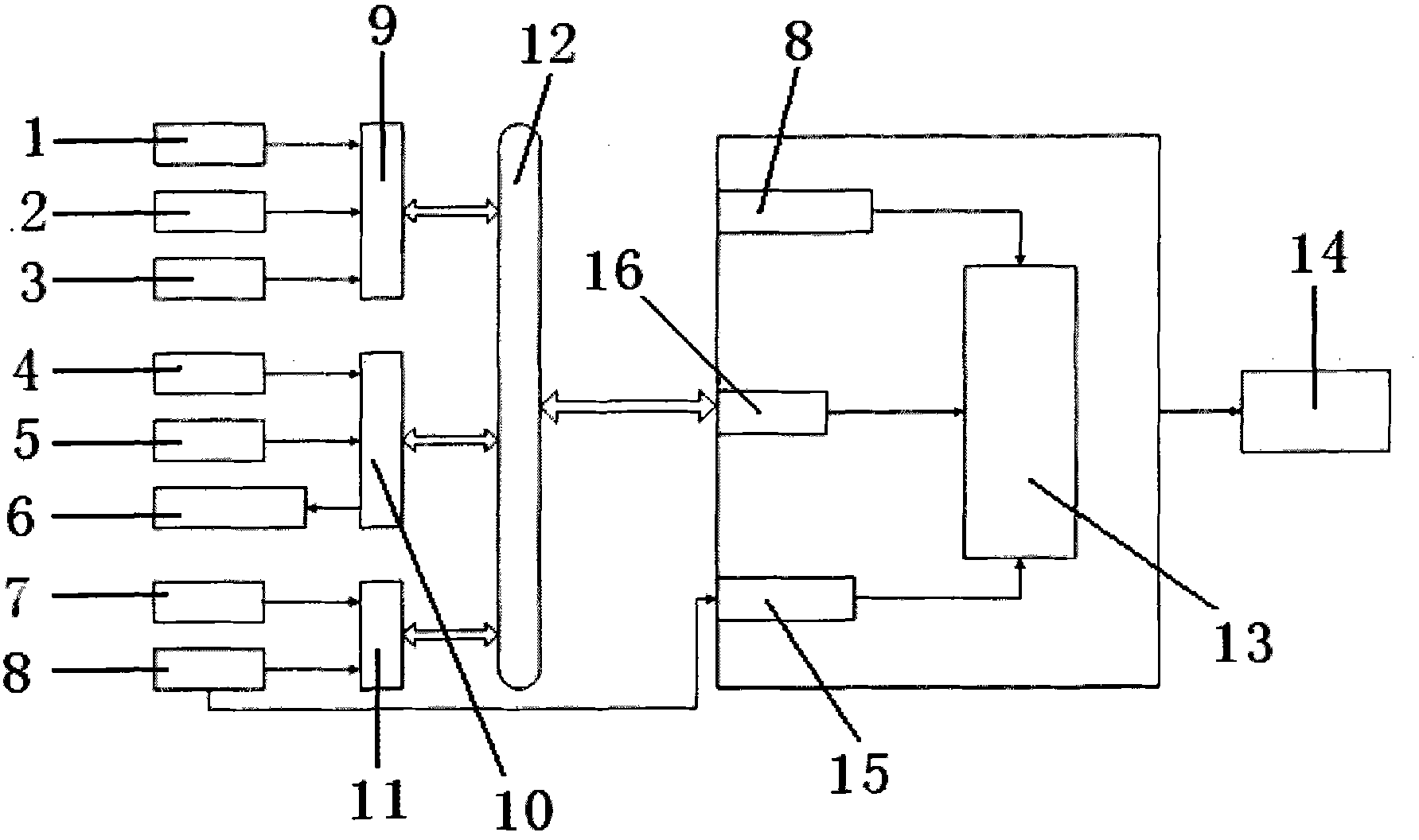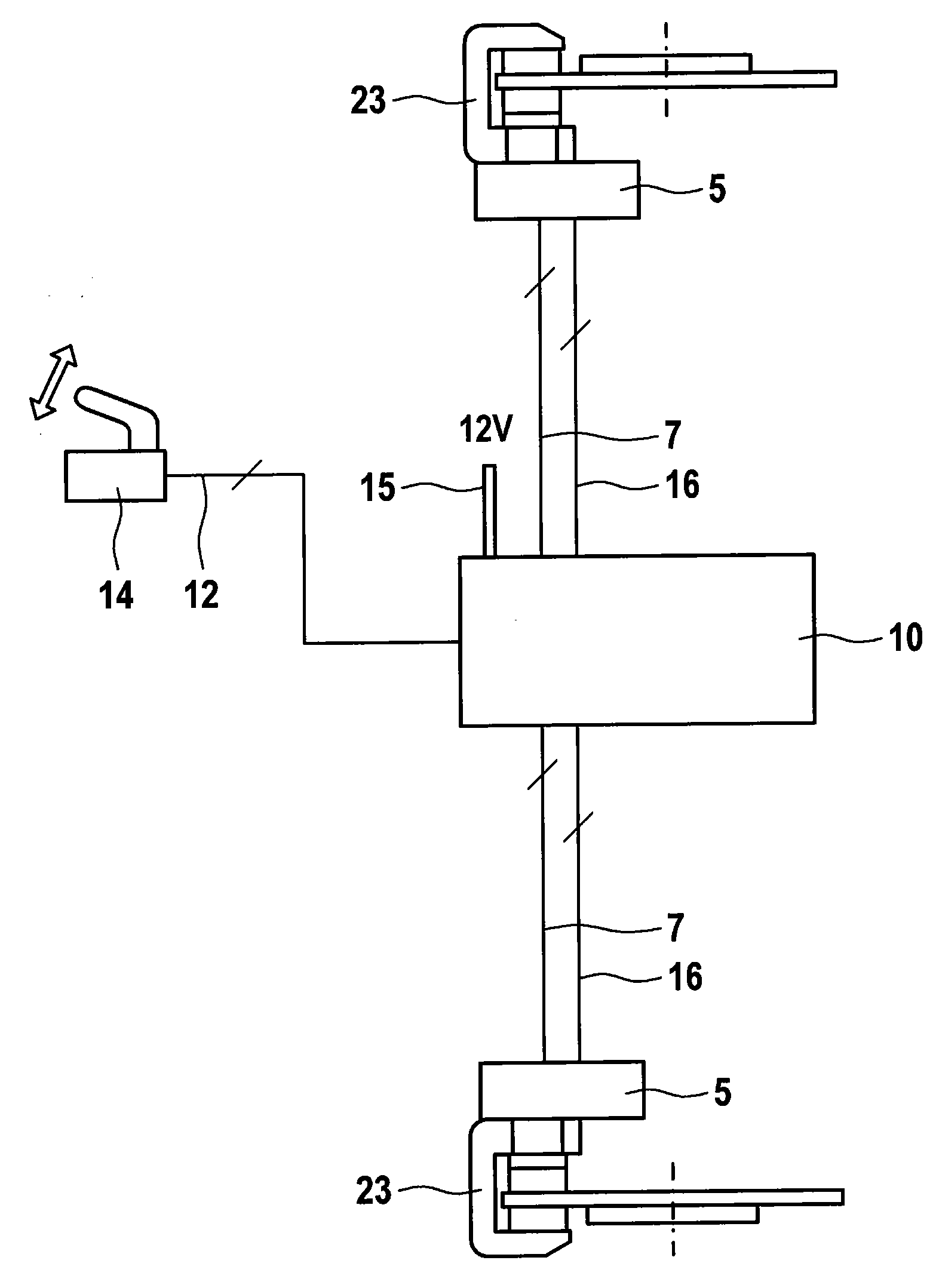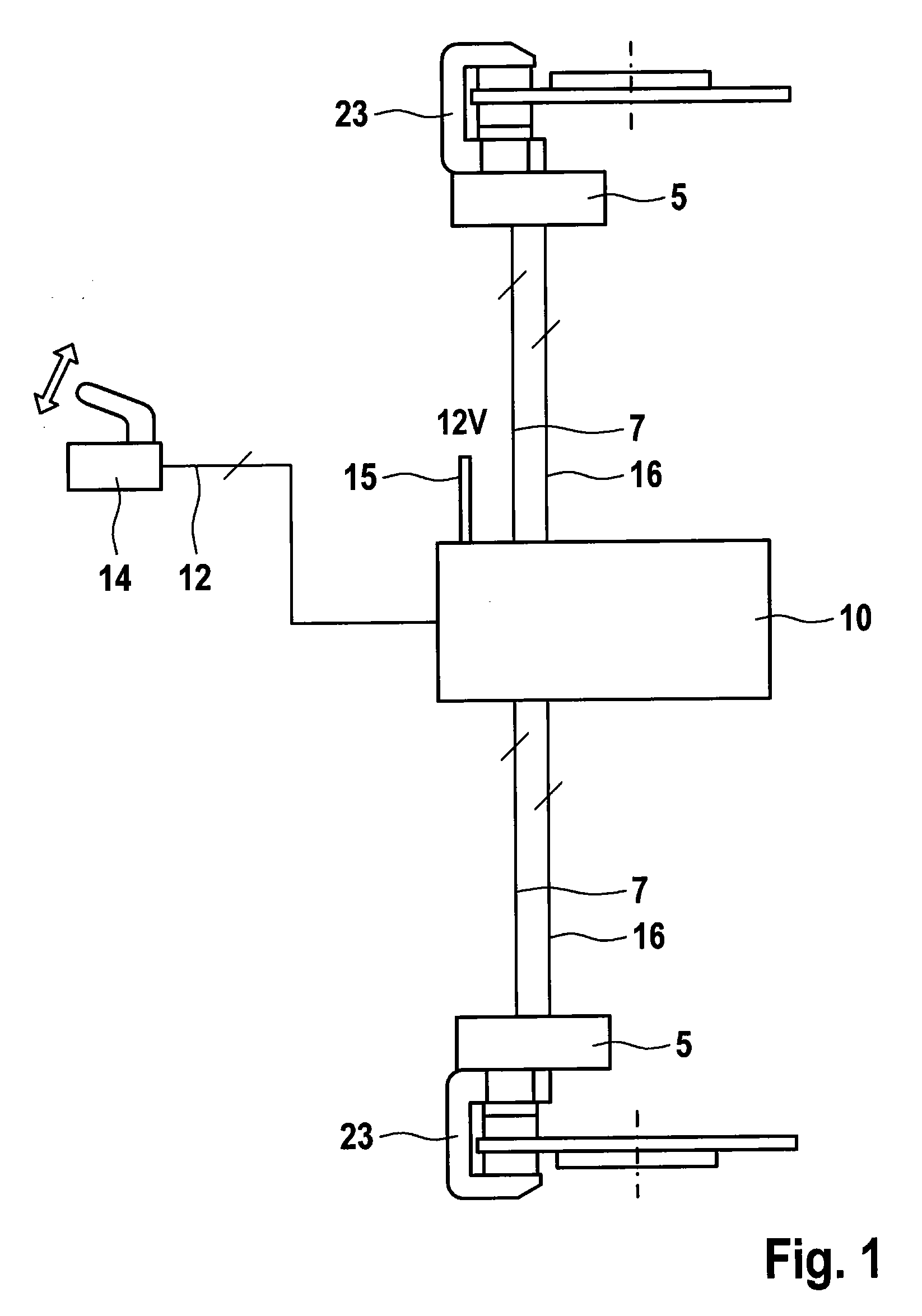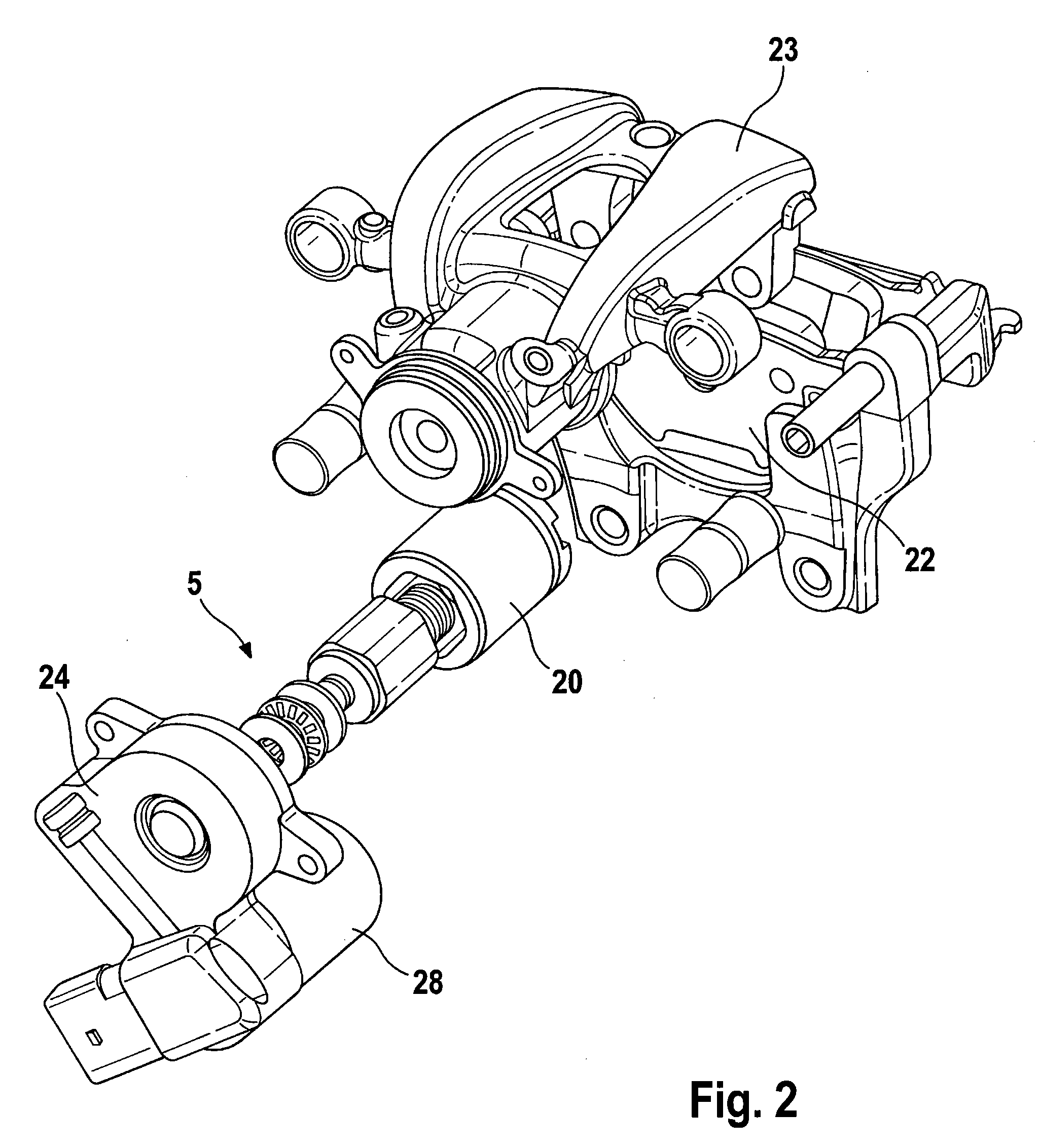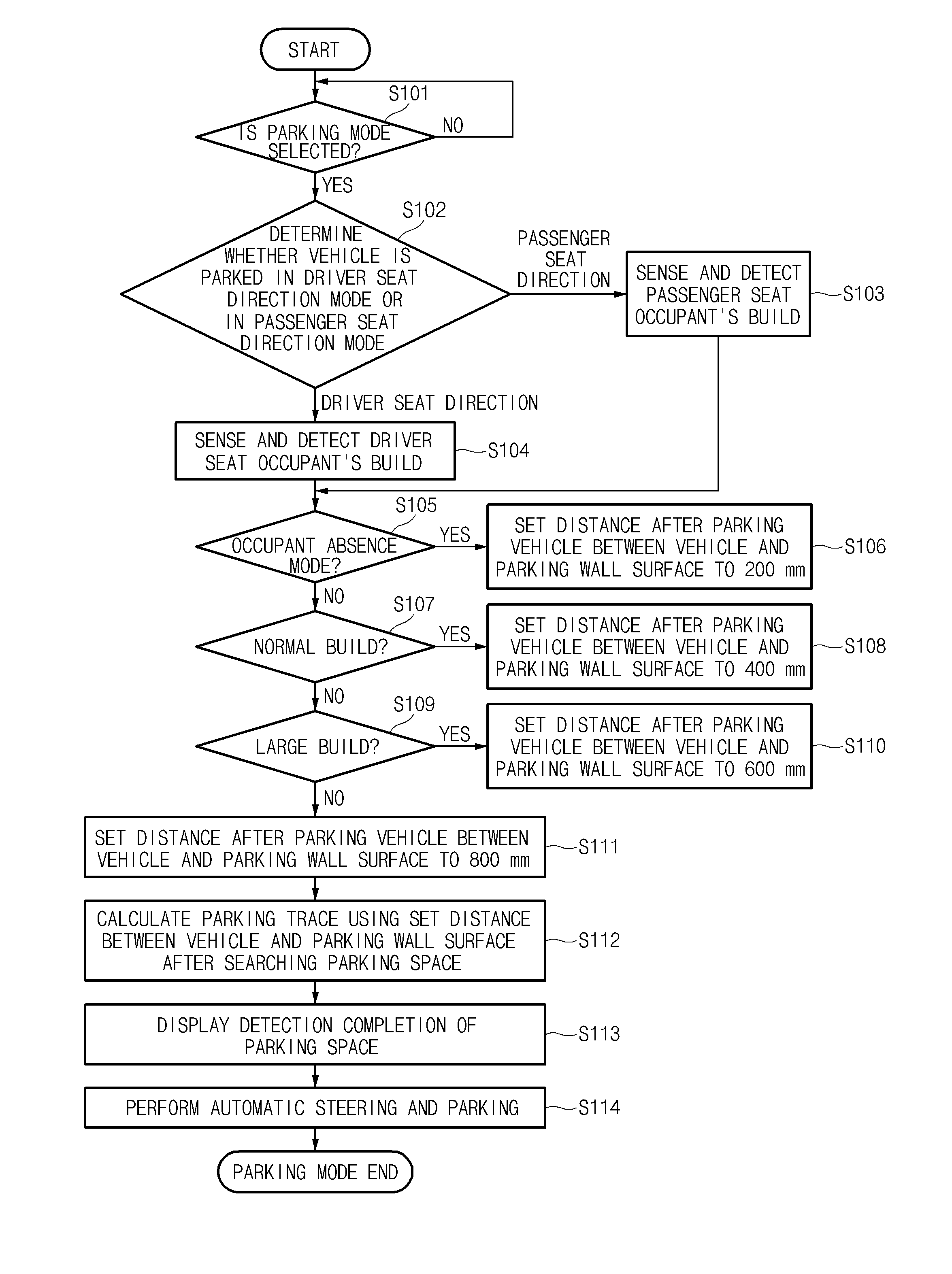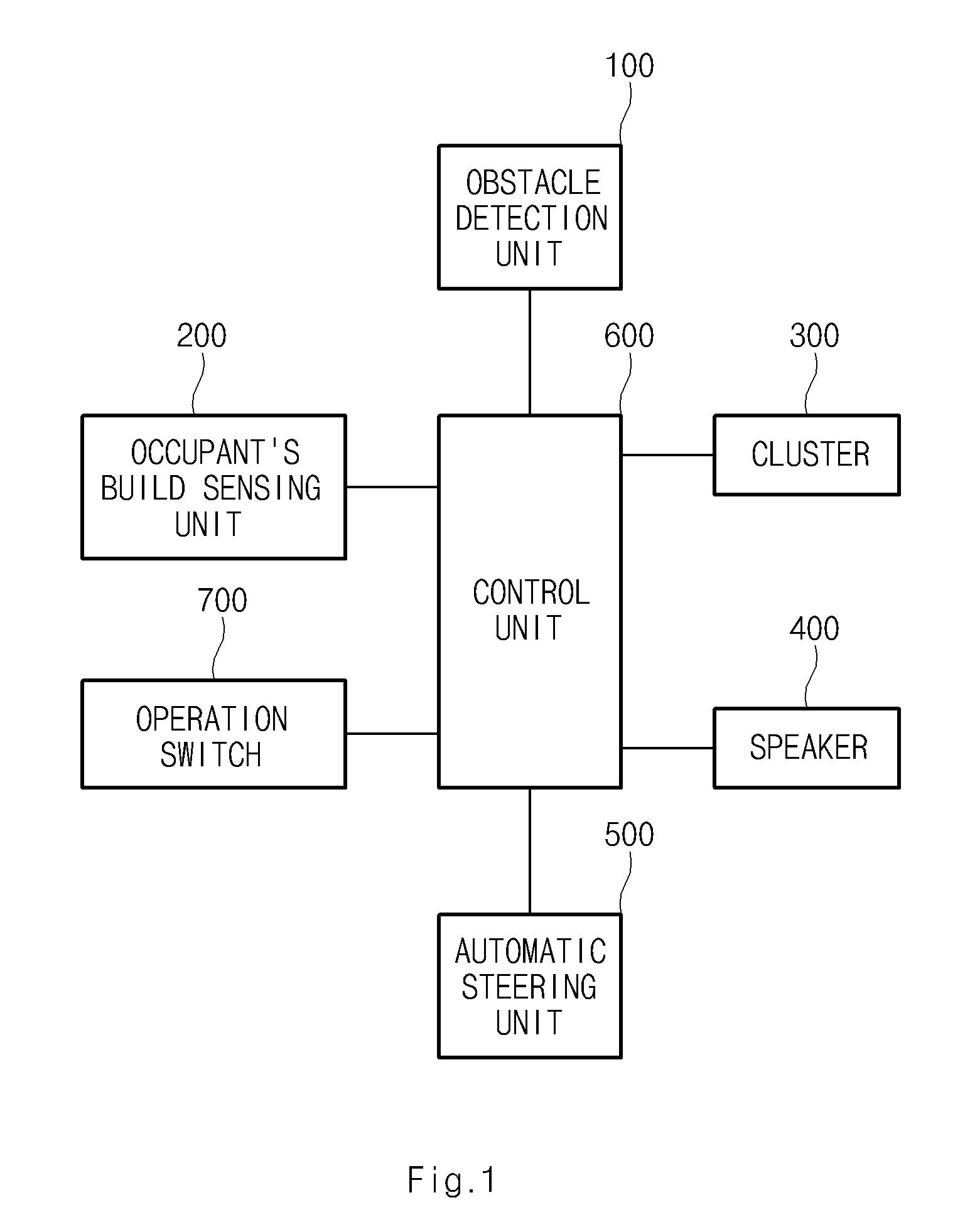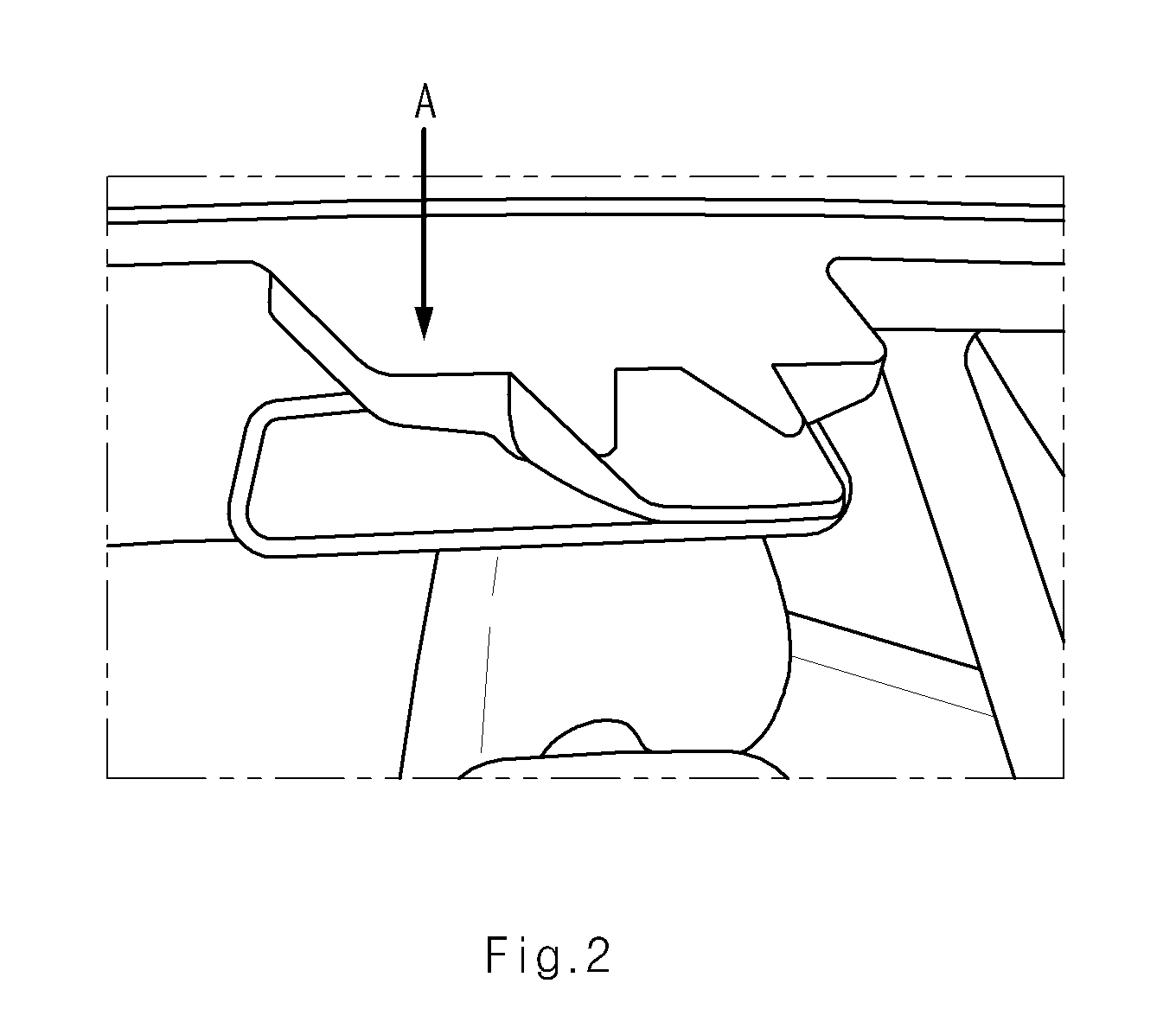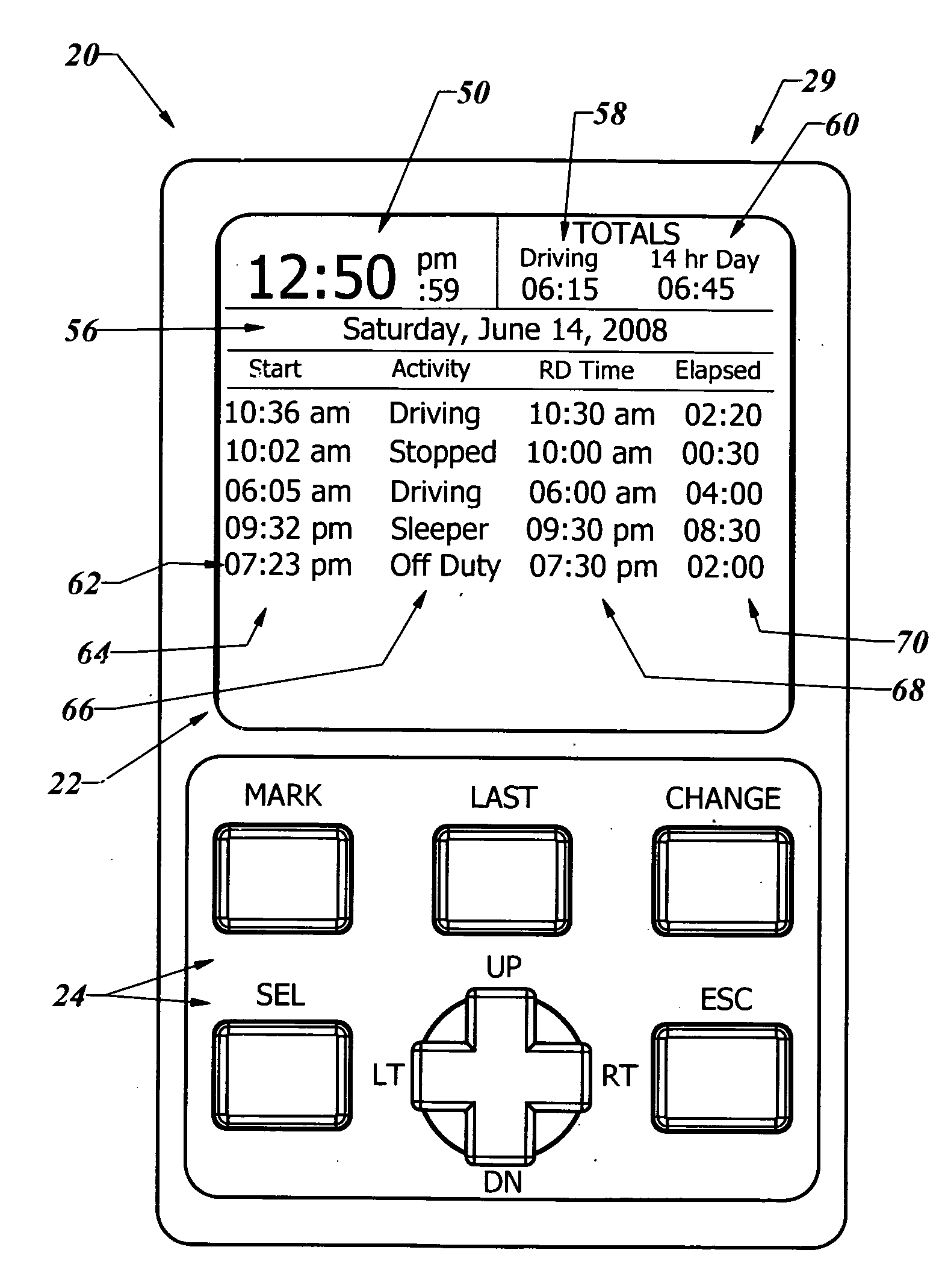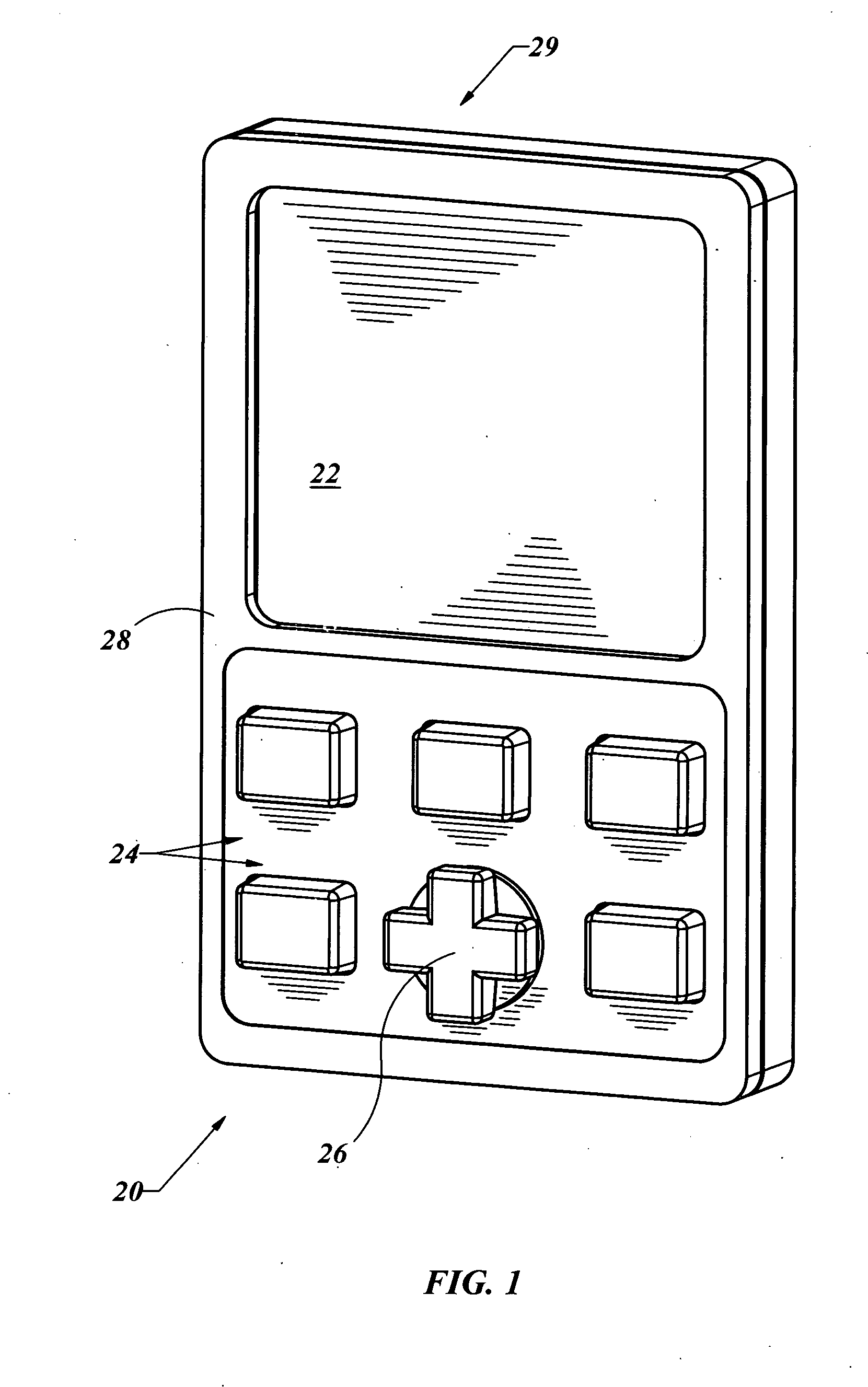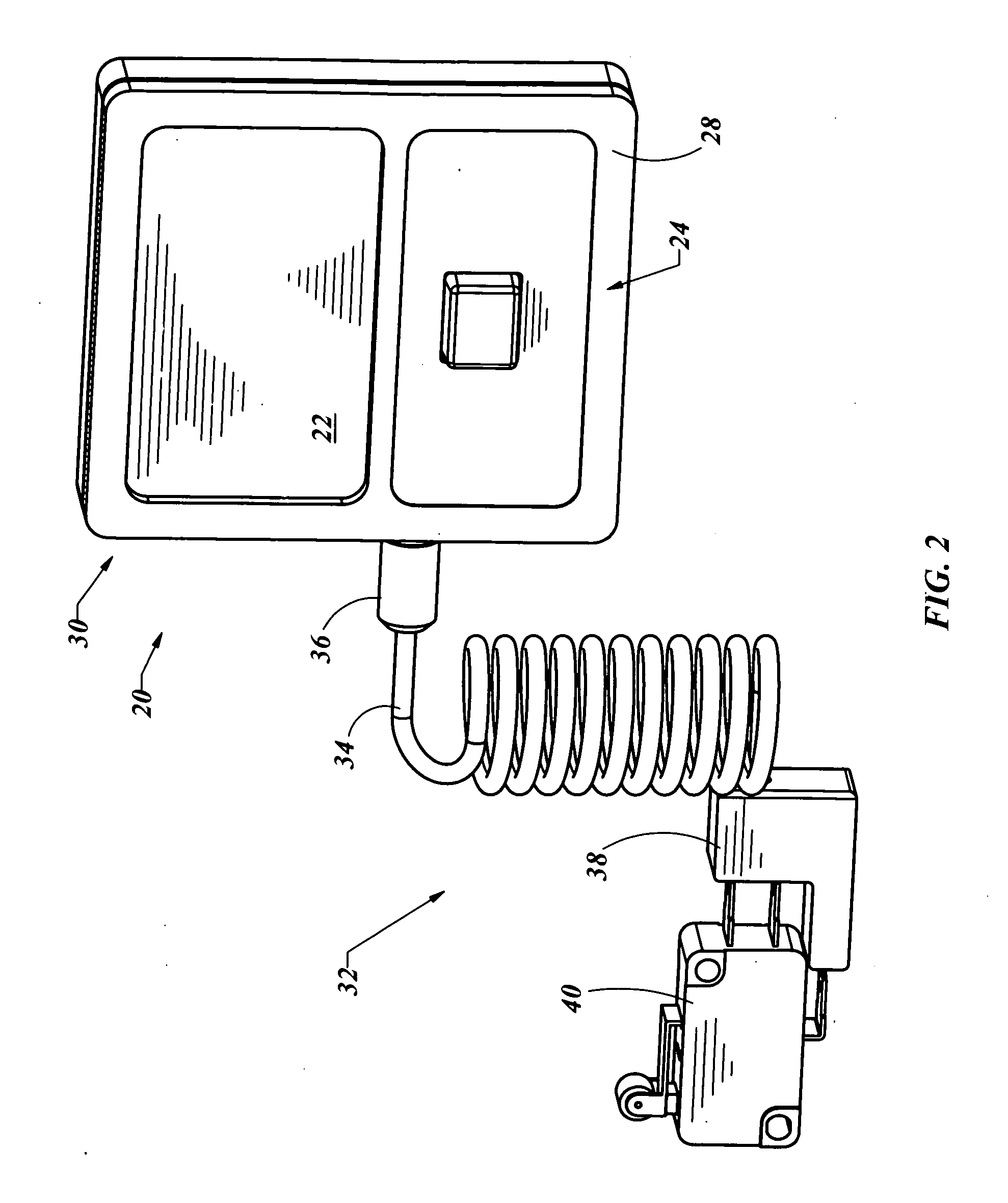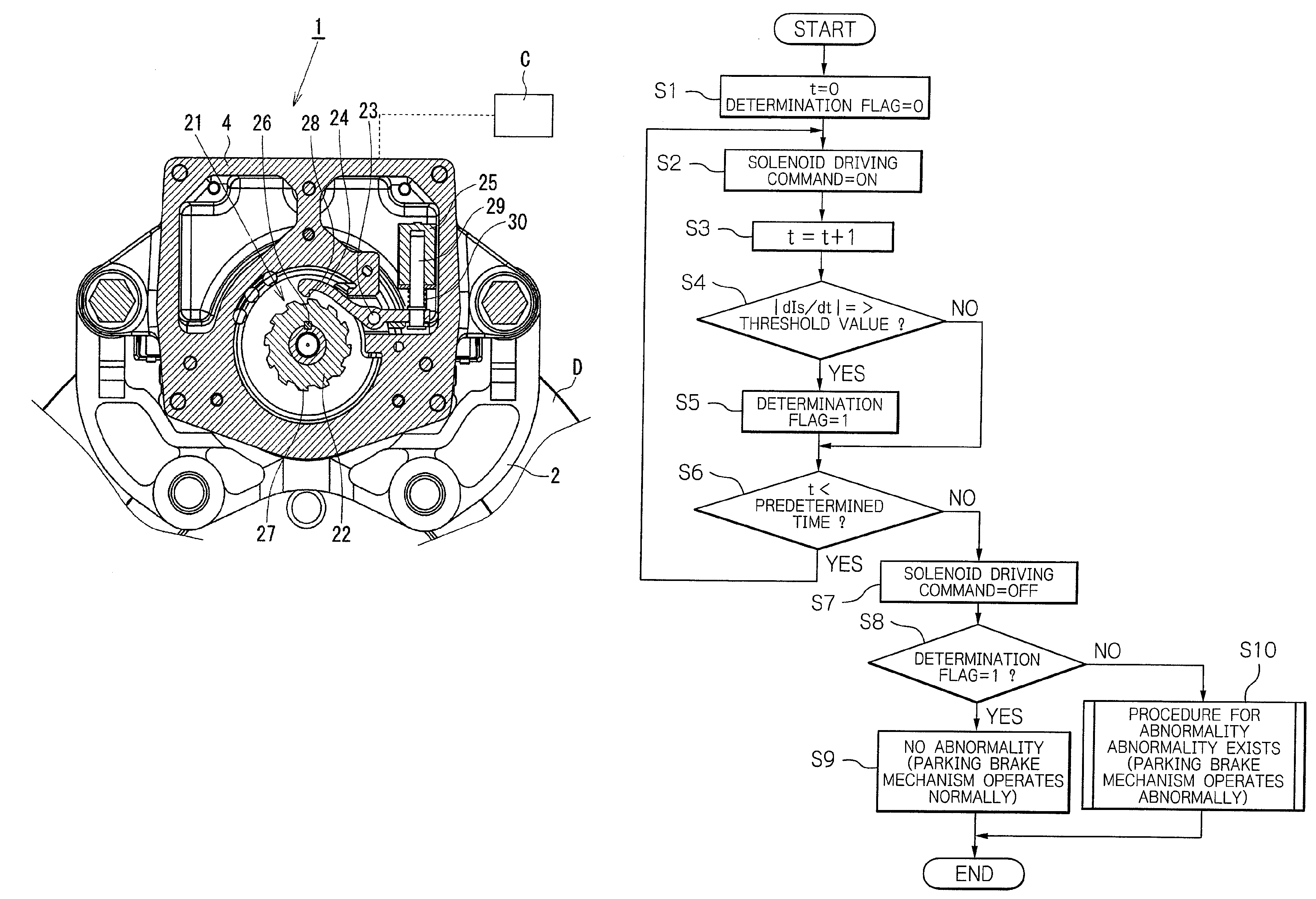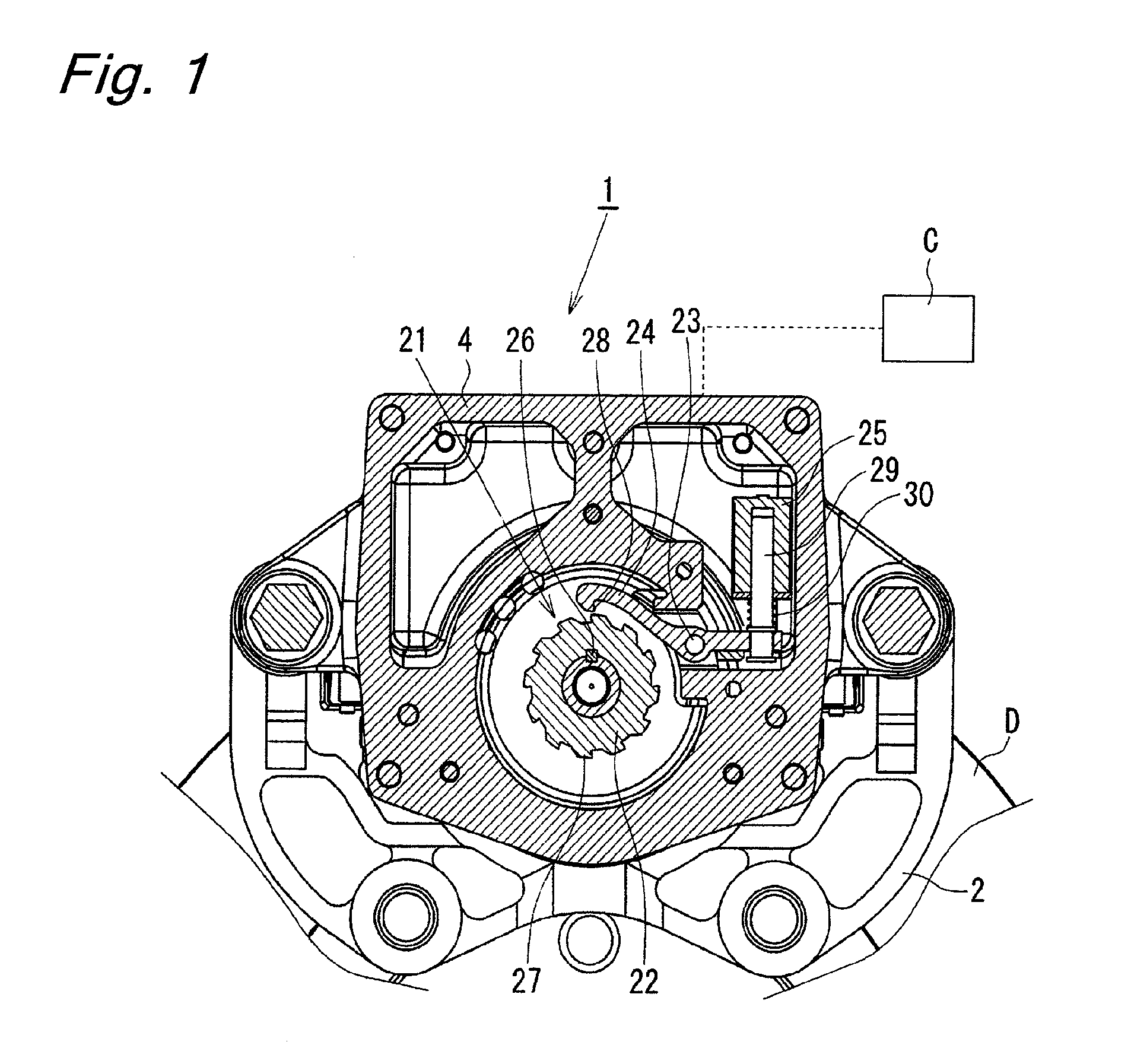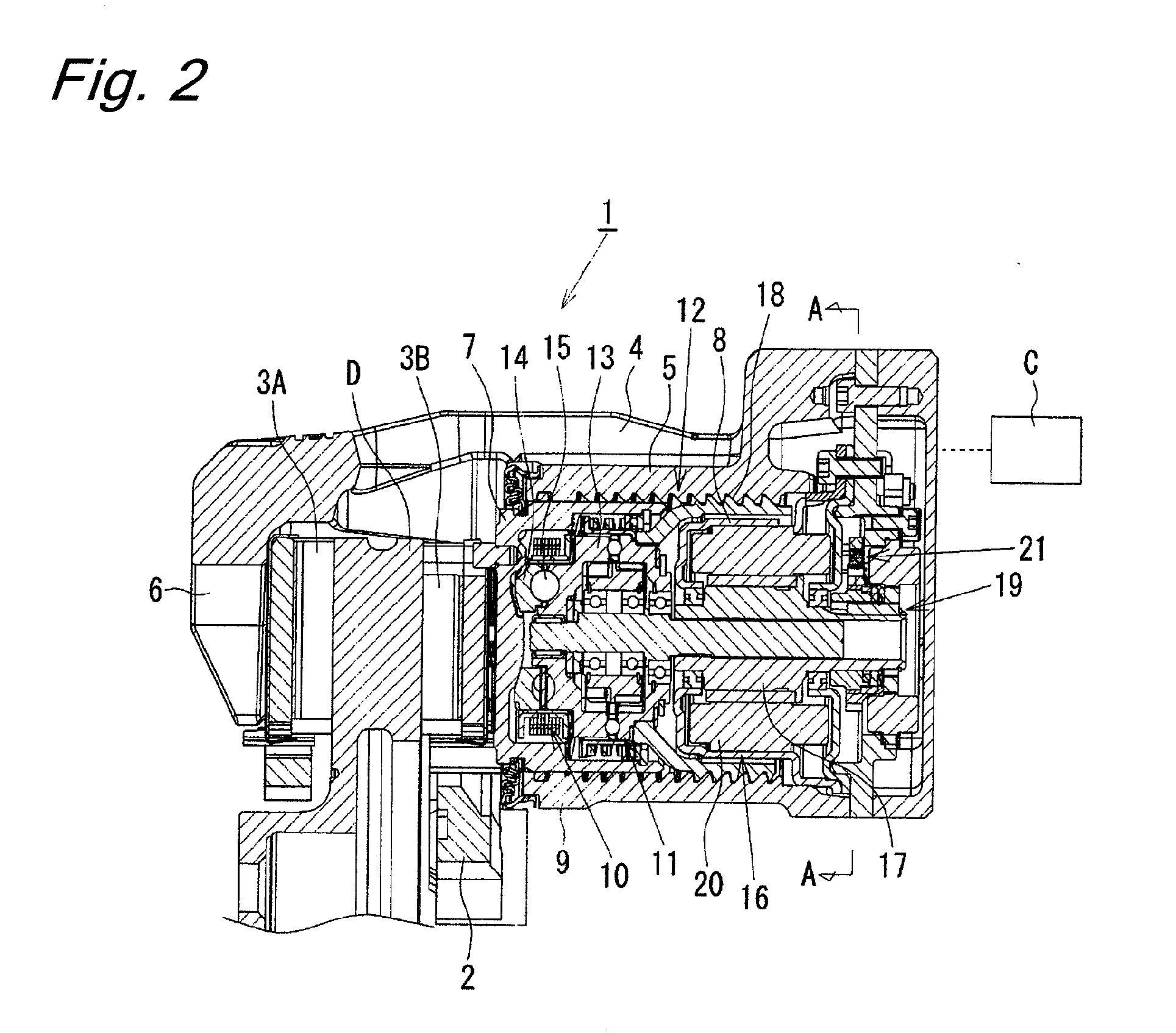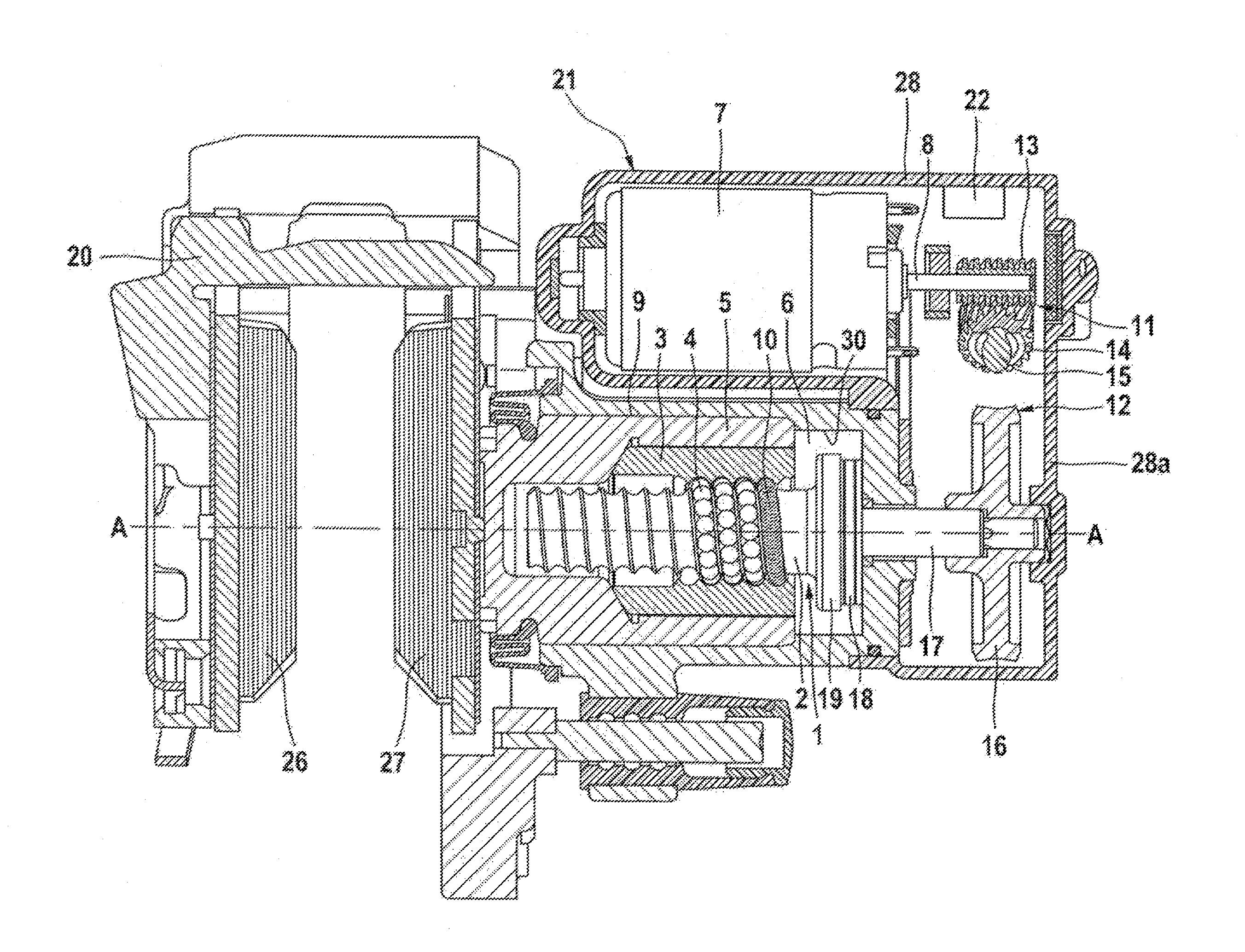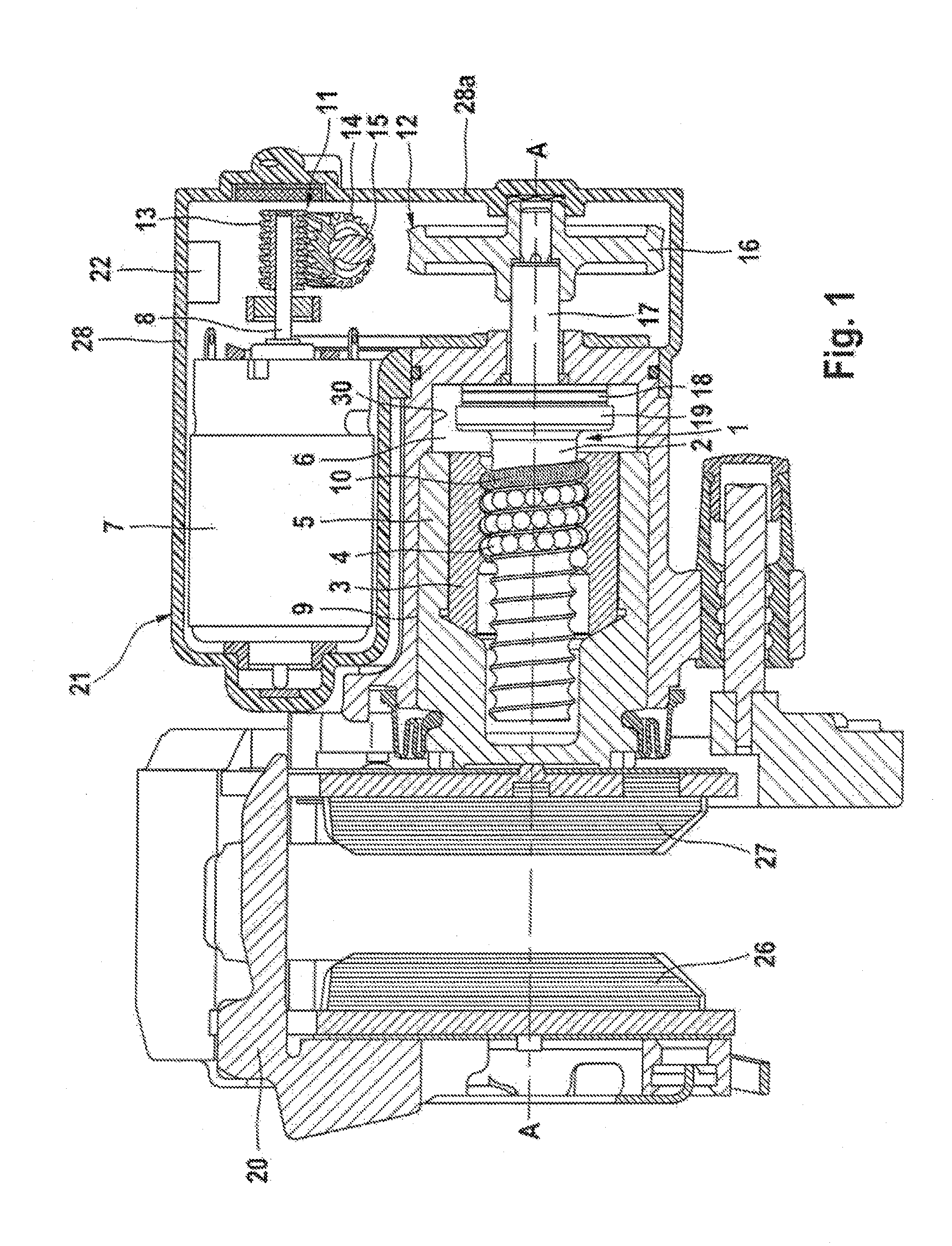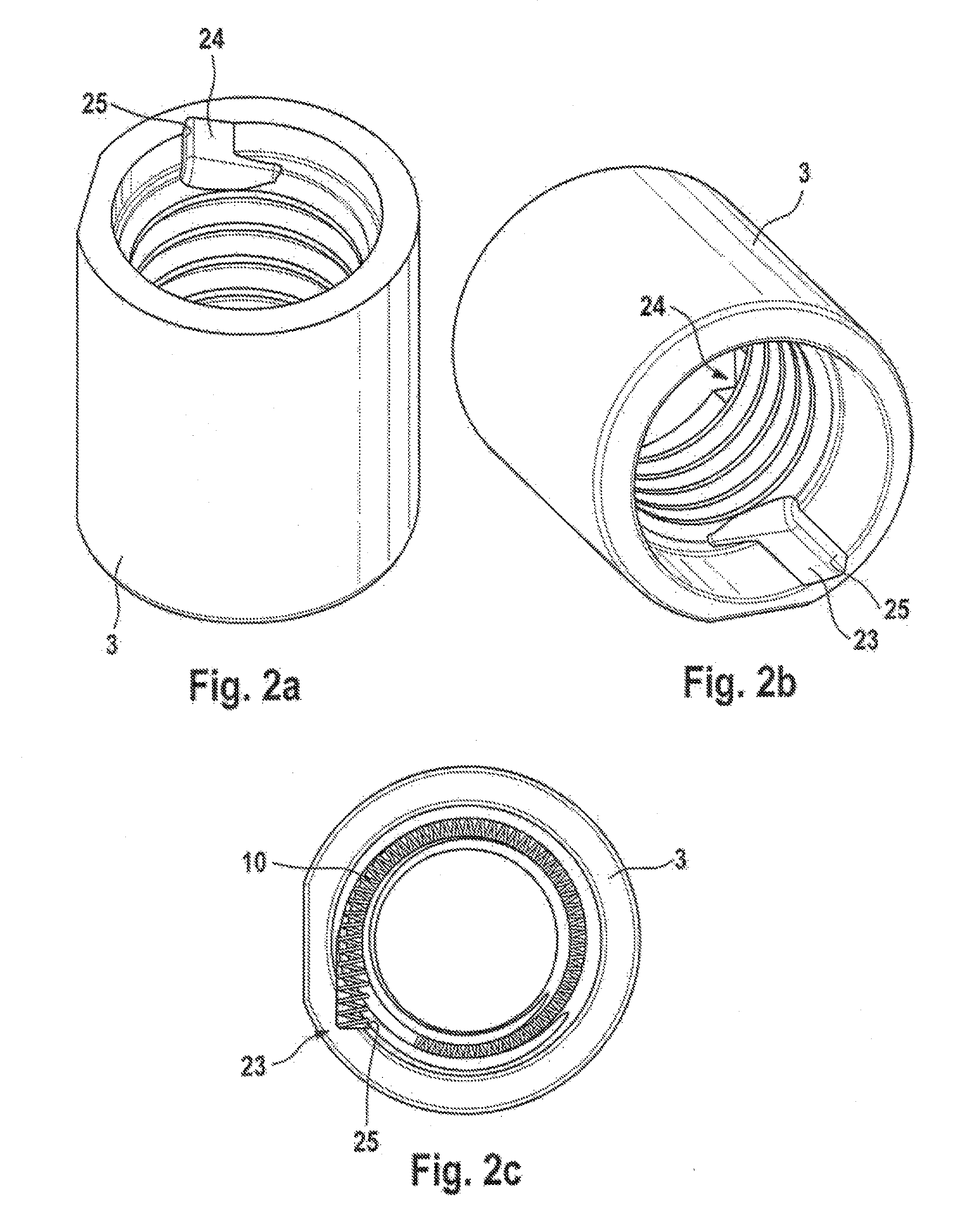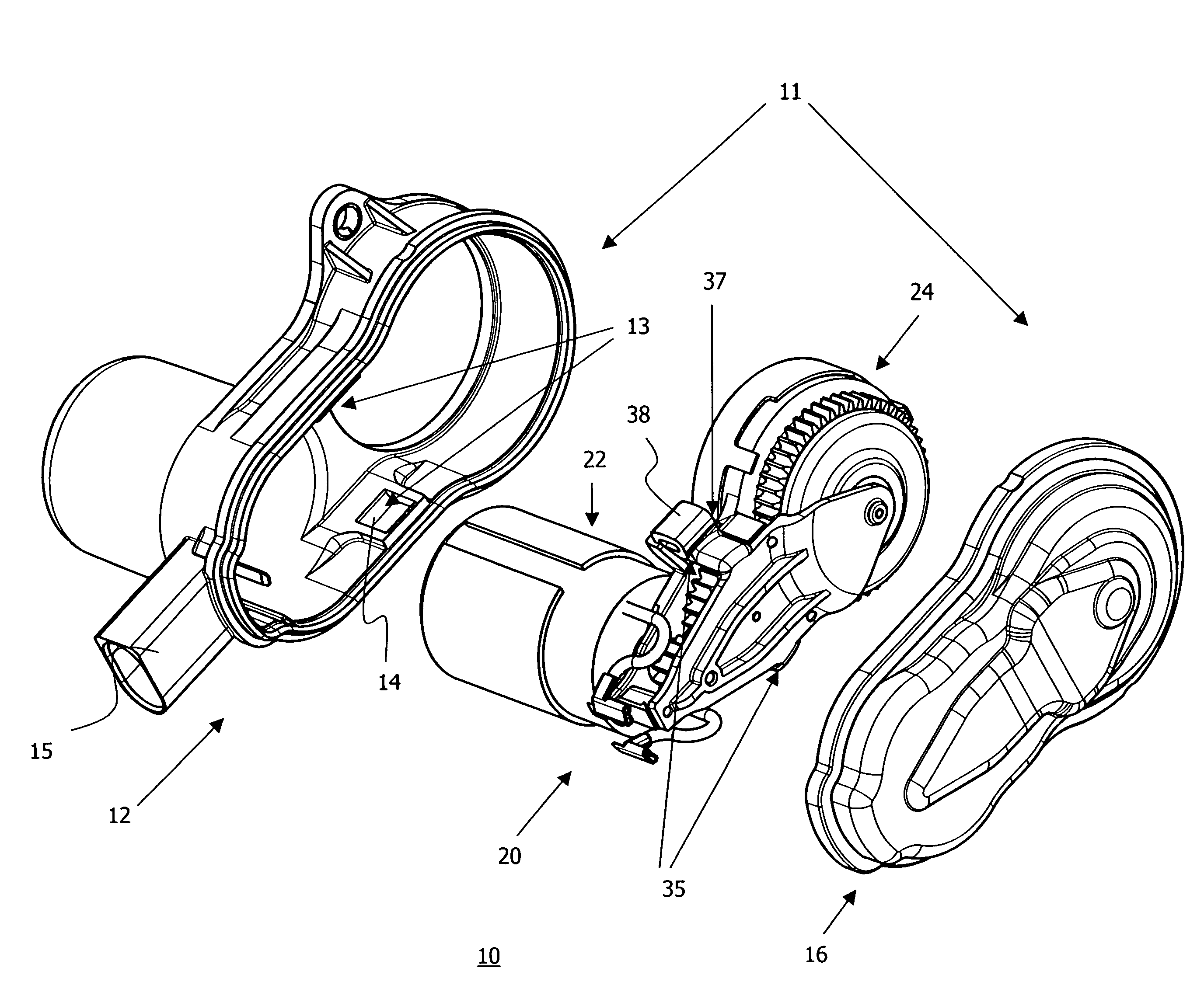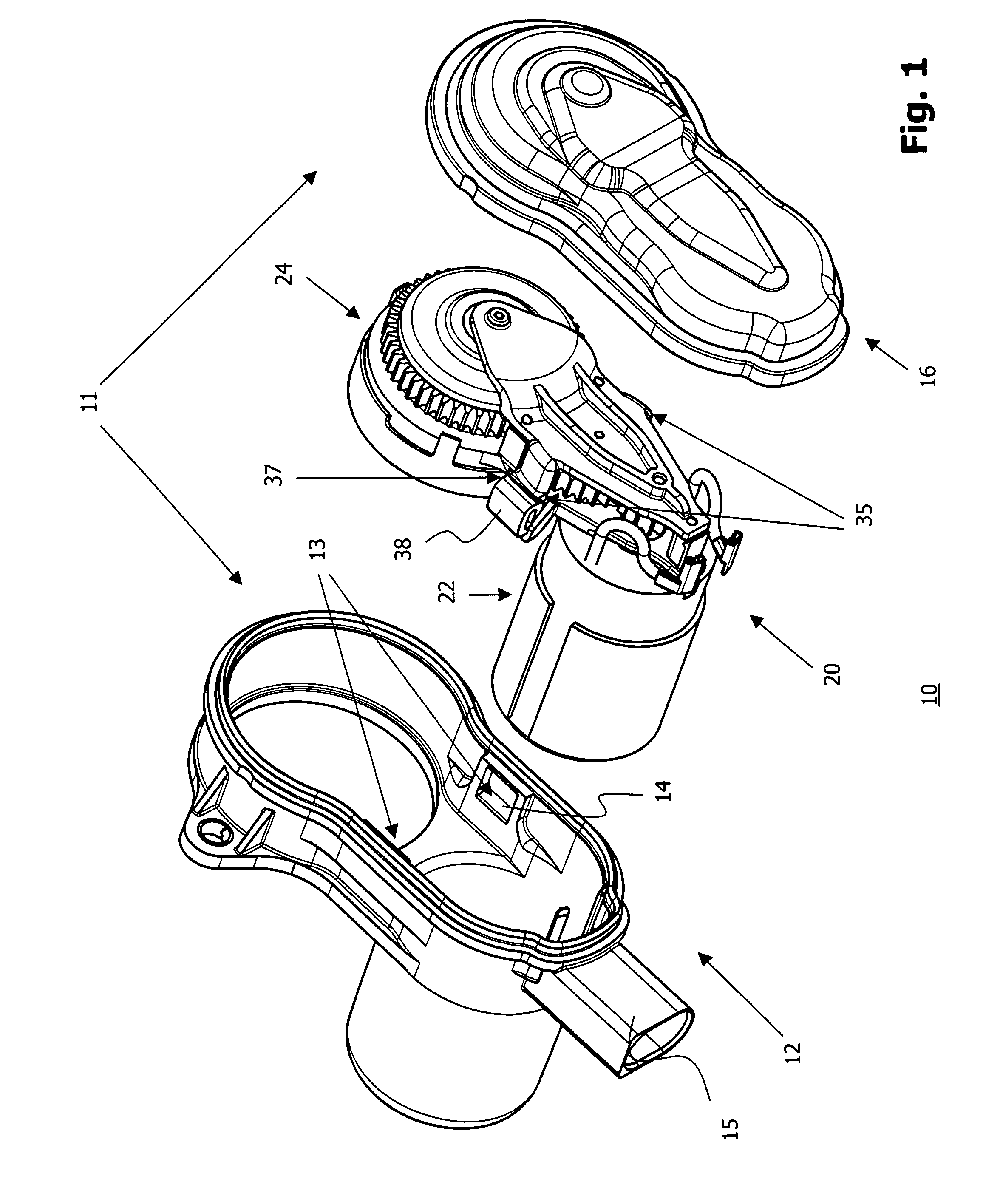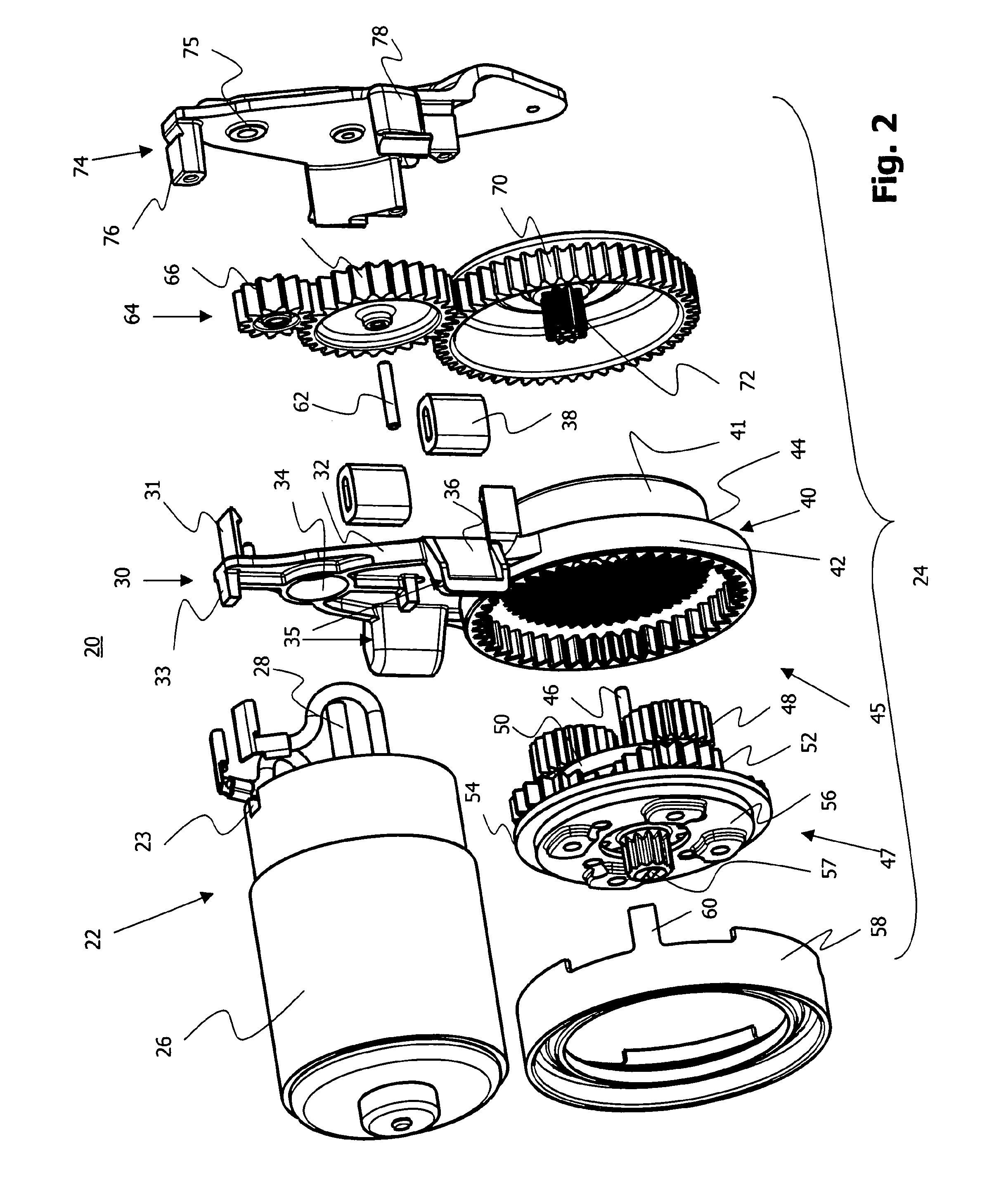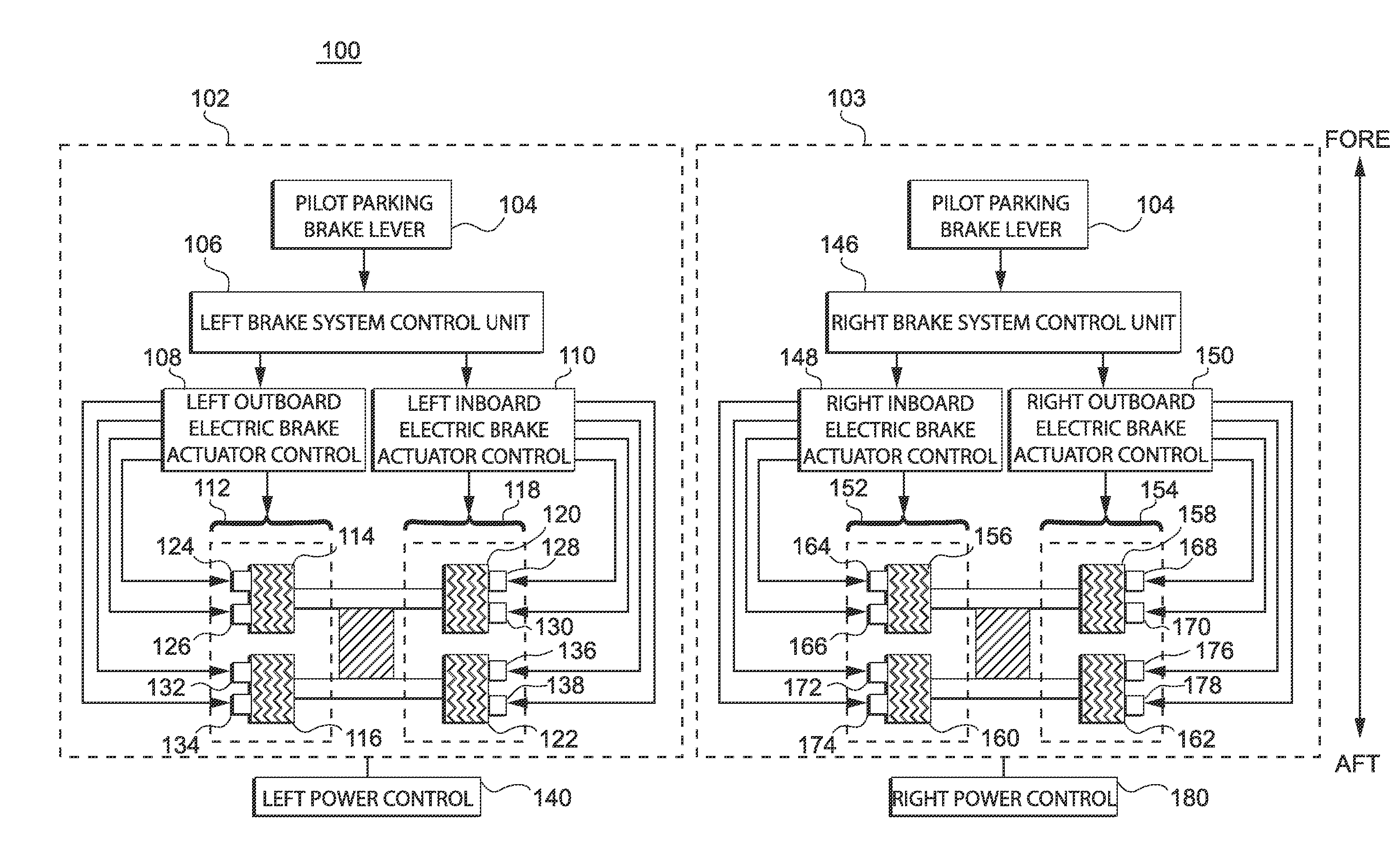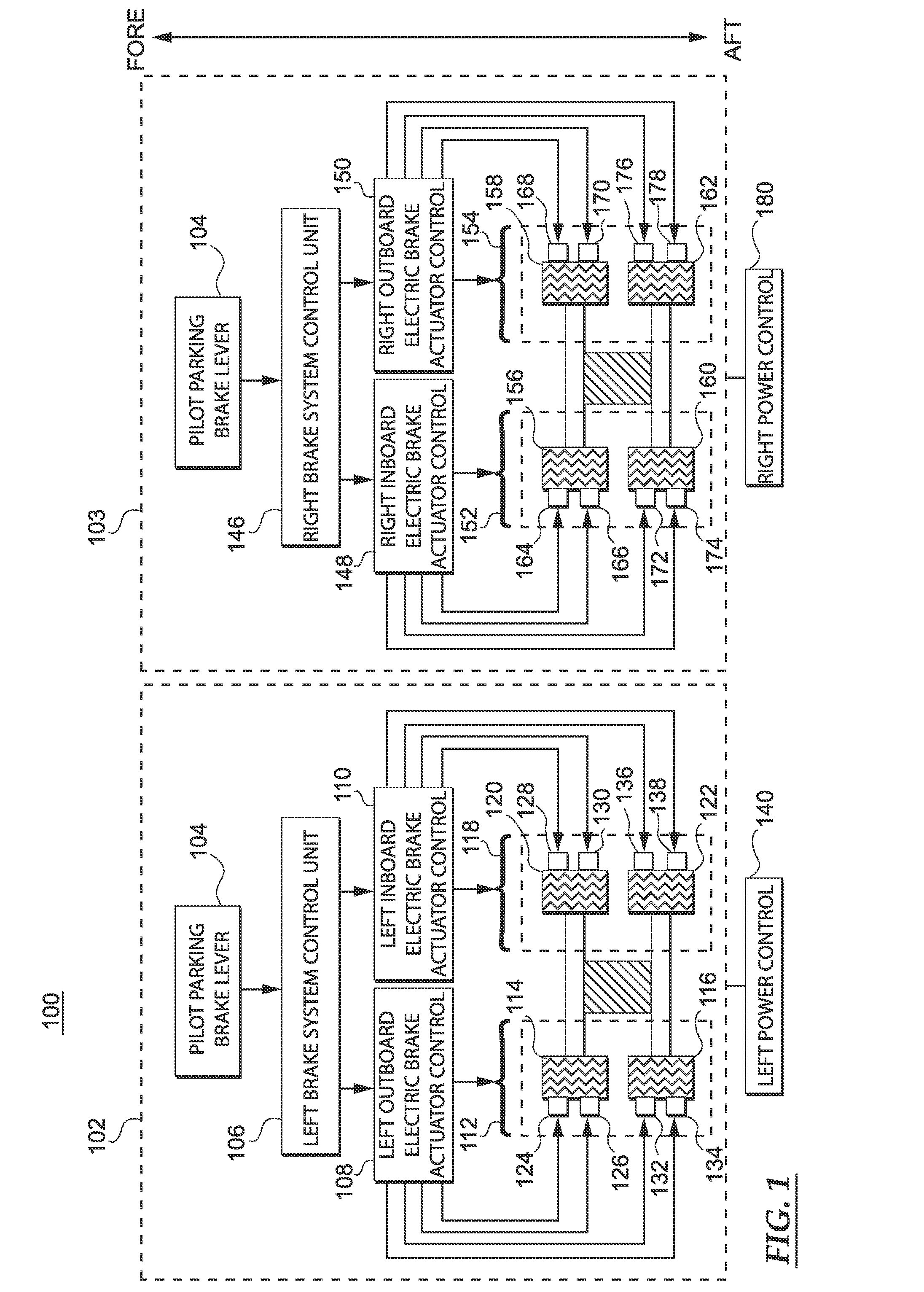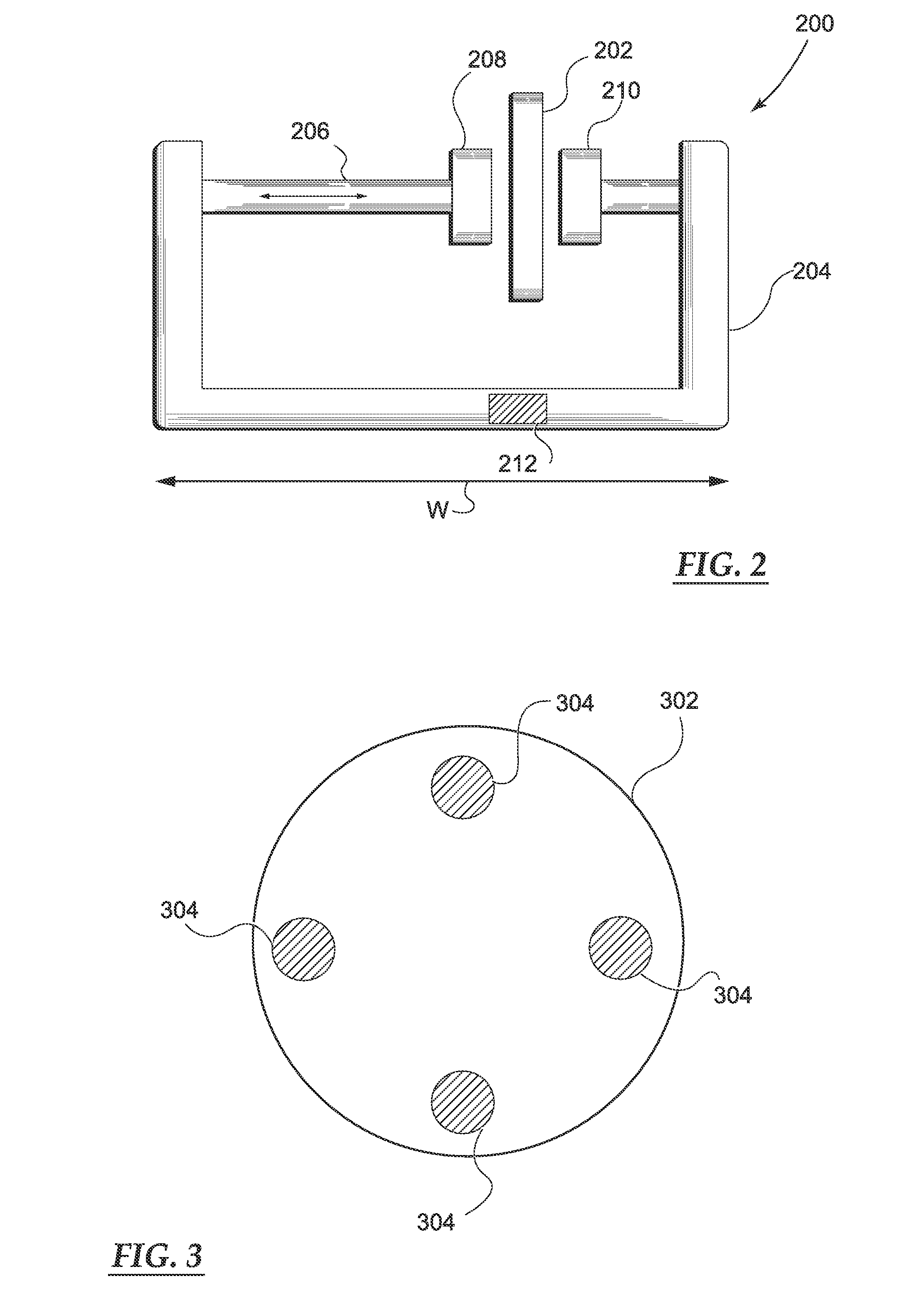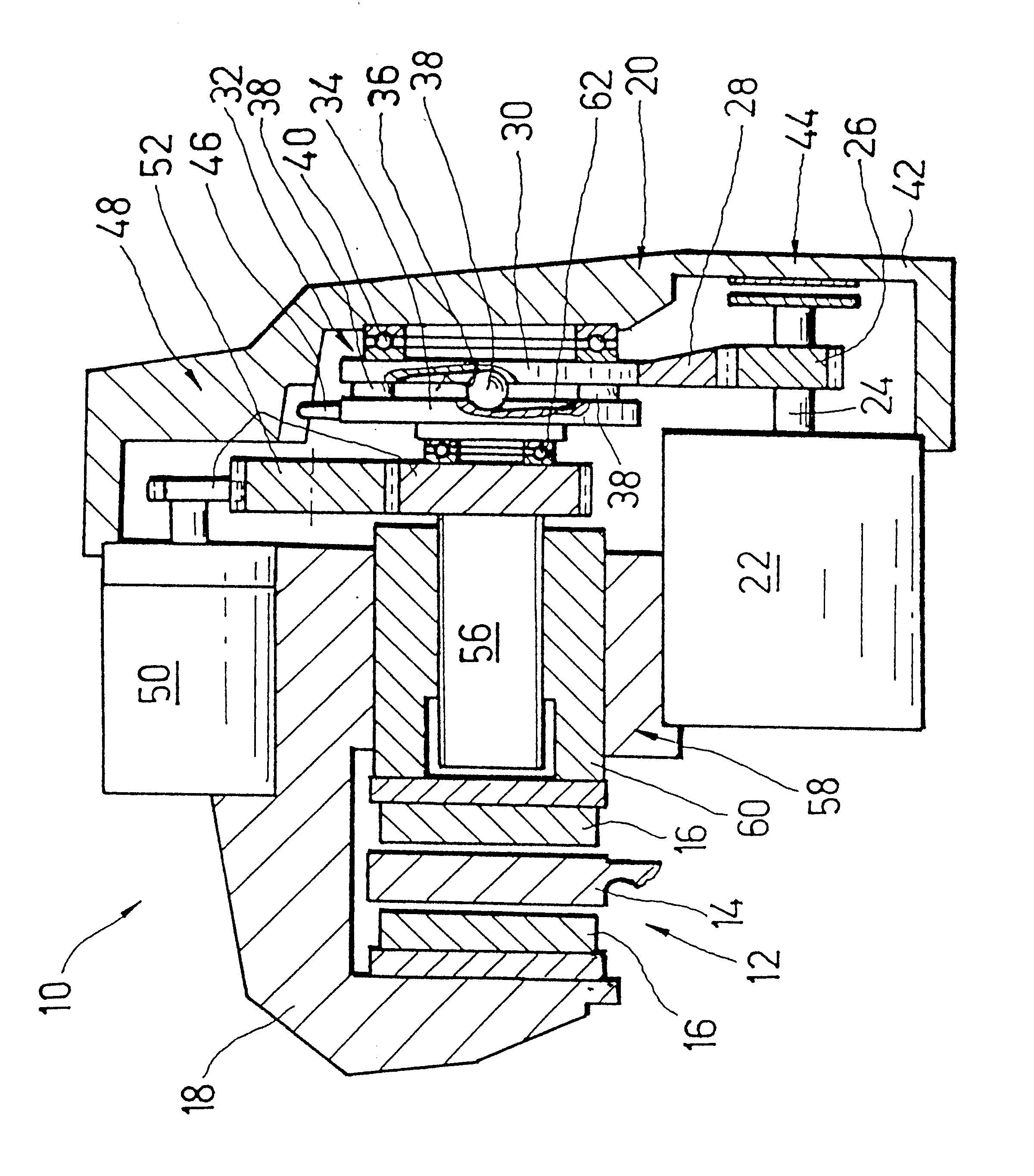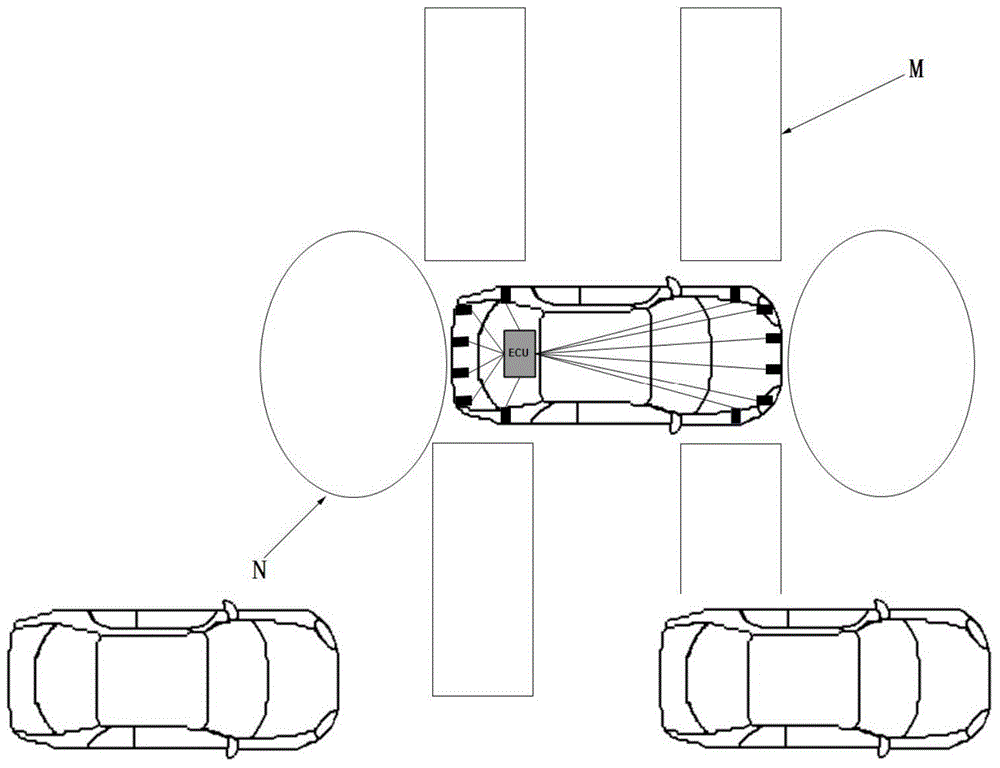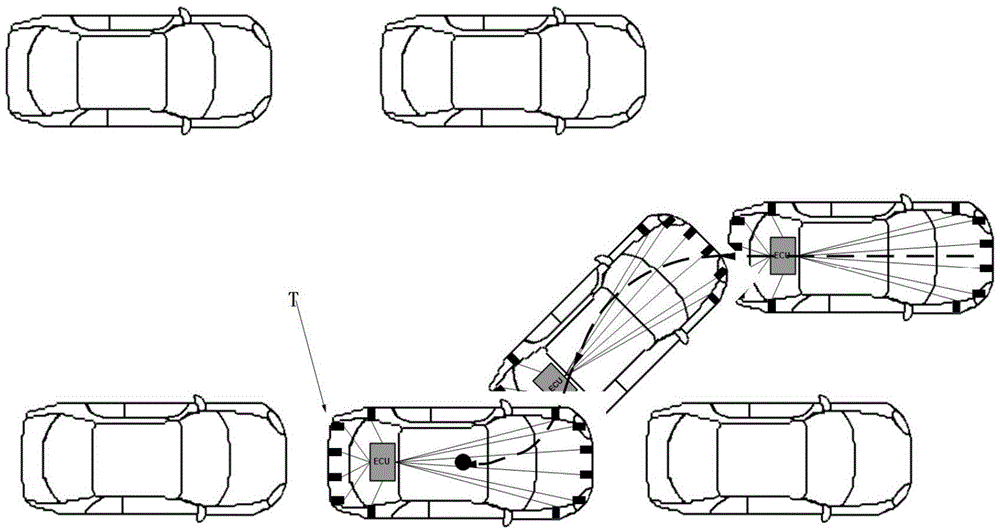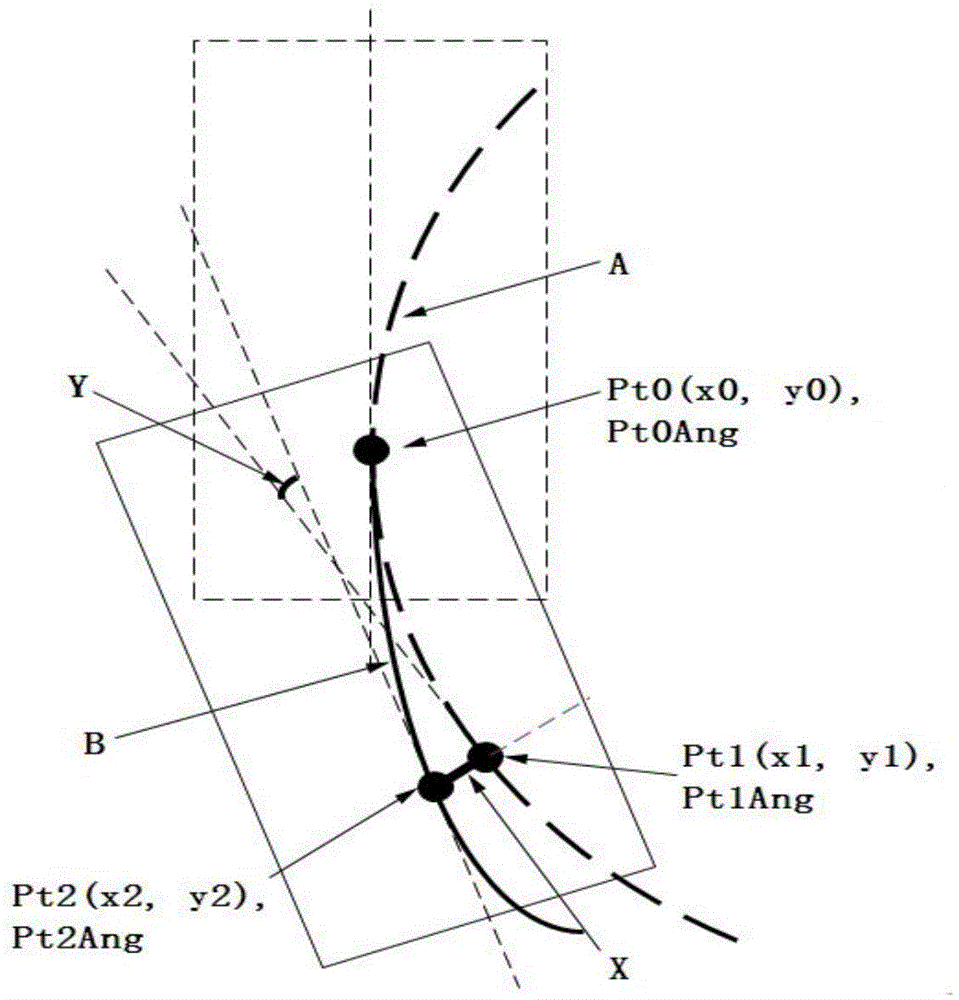Patents
Literature
Hiro is an intelligent assistant for R&D personnel, combined with Patent DNA, to facilitate innovative research.
4185 results about "Parking brake" patented technology
Efficacy Topic
Property
Owner
Technical Advancement
Application Domain
Technology Topic
Technology Field Word
Patent Country/Region
Patent Type
Patent Status
Application Year
Inventor
In road vehicles, the parking brake, also known as a hand brake or emergency brake (e-brake), is a mechanism used to keep the vehicle securely motionless when parked. Historically, it was also used to help perform an emergency stop should the main hydraulic brakes fail. Parking brakes often consist of a cable connected to two wheel brakes, which is then connected to a pulling mechanism. In most vehicles, the parking brake operates only on the rear wheels, which have reduced traction while braking. The mechanism may be a hand-operated lever, a straight pull handle located near the steering column or a foot-operated pedal located with the other pedals.
Systems and methods for switching between autonomous and manual operation of a vehicle
ActiveUS20070198145A1Improve securityImprove safety and operabilityAutonomous decision making processAutomatic initiationsOperational systemControl system
Systems and methods for switching between autonomous and manual operation of a vehicle are described. In one embodiment, there is a mechanical control system that receives manual inputs from a mechanical operation member to operate the vehicle in manual mode. There is further an actuator that receives autonomous control signals generated by a controller. When the actuator is engaged, it operates the vehicle in an autonomous mode, and when disengaged, it operates the vehicle in manual mode. In another embodiment, there is an E-Stop system to disengage systems that cause the vehicle to move, such as the engine, while still leaving power in the systems that do not cause the vehicle to move. There is a method for autonomous mode starting of a vehicle, comprising receiving a signal indicating autonomous mode, determining that a parking brake lever is set and the brakes are engaged, disengaging the brakes while maintaining the lever in the set position, and engaging in autonomous mode. There is a safety system with a mechanical bias to suppress moveable systems of the vehicle, comprising a clutch that releases the mechanical bias to permit movement of the moveable system when the clutch is engaged. In another embodiment a system comprises a mechanical linkage with a restoration member that permits control of an operation system of the vehicle by a remote operation member when the restoration member is engaged. There is also an actuator that prohibits control of the operation system by the remote operation member when the actuator is engaged.
Owner:DEERE & CO +1
Fluid-pressure brake system for a vehicle
InactiveUS20050029859A1Guaranteed functionObvious advantagesBraking action transmissionAnti-theft devicesElectricityActuator
A fluid-pressure brake system for a vehicle having a parking brake function in which, in response to actuation of an electrical parking brake signal transmitter, and without actuation of a brake pedal, at least one wheel brake of the brake system is actuated via an actuator to which the fluid is admitted. A parking brake module is provided in which there is integrated an electronic control unit as well as valve devices that are electrically actuatable by the electronic control unit. The electronic control unit actuates the parking brake function upon receiving from the parking brake signal transmitter an electrical actuating signal demanding actuation of the parking brake function and, as part of the parking brake function, the electronic control unit controls the admission of fluid to the actuator by means of the electrically actuatable valve devices.
Owner:WABCO GMBH
Valet parking method and system
ActiveUS20170200367A1Low investment costSufficient visibilityAutonomous decision making processDetection of traffic movementParking areaSystems design
A valet parking system for automatically bringing a vehicle to a parking space within a predefined parking area. The valet parking system includes a central control unit and a parking-space monitoring system having a stationary parking-space sensor. The parking-space monitoring system is designed to detect the current state of occupancy of the parking spaces of the parking area and to transmit that to the central control unit. The parking-space monitoring system may localize all autonomously moving or waiting vehicles that are currently in transit autonomously within the parking area either to be brought to their assigned parking space or received by their driver at a predefined pick-up location, and to transmit information about the present position of all these vehicles to the central control unit. A free parking space is assigned to the vehicle by the central control unit as a function of the geometrical dimensions of the vehicle.
Owner:ROBERT BOSCH GMBH
Hybrid vehicle with integral generator for auxiliary loads
A hybrid vehicle includes an internal combustion engine coupled to a combined starter / motor / generator which is, in turn, coupled to a transmission of the vehicle. The starter / motor / generator is coupled to a high voltage battery pack via an inverter and to a deployable power output panel for serving loads external to the vehicle. Whenever external loads are to be powered, a control unit automatically places the vehicle in PARK, or alternatively activates an electrical parking brake system to hold the vehicle stationary.
Owner:FCA US
Linear actuator
ActiveUS20050155444A1Guarantee efficiencyGuaranteed normal transmissionToothed gearingsGearing controlEngineeringParking brake
A rotary shaft (3) and a rotation driven member (4) are so connected as to be capable of transmitting motive power when the rotary shaft (3) rotates relatively to the rotation driven member (4). A roller (6) gets displaced to a first position where a frictional force with an outer race (5) and the rotation driven member (4) decreases, thereby permitting transmission of a rotational force from the rotary shaft (3) to the rotation driven member (4). When the rotation driven member (4) rotates relatively to the rotary shaft (3), the roller (6) gets displaced to a second position where the frictional force with the outer race (5) and the rotation driven member (4) increases, thereby rotationally fixing the rotation driven member (4) with respect to the outer race (5). The power transmission from a brake apparatus (e.g., a parking brake apparatus) to an electric motor (2) can be hindered while permitting the power transmission to the brake apparatus from the electric motor (2) by using neither a worm exhibiting a relatively low transmission efficiency nor a worm wheel. In a state where the brake apparatus exhibits its braking force, the roller (6) receives the force from the brake apparatus and is thereby biased toward the second position, whereby a construction of a power transmission mechanism (50) can be simplified and costs can be reduced to such an extent.
Owner:NSK LTD
Servicing system for wells
ActiveUS7006009B2Minimize operator errorError minimizationRegistering/indicating working of vehiclesCleaning apparatusMass storageTransducer
A well servicing system includes a computer-based system that monitors pumping or other service operations at a well site and monitors deliveries and withdrawals of chemicals at a bulk storage station. A GPS device or other location identifier provides a location value that identifies the location of the service vehicle. A GPS reading is triggered by actuation of the vehicle's parking brake, and the location value is recorded in association with a process-related transducer value. The transducer value is based on the service vehicle performing some type of service operation either at the well site or at the bulk storage station.
Owner:KEY ENERGY SERVICES
Electronic parking meter system
InactiveUS7014355B2Reduce parking costsLow costParking metersDigital data processing detailsParking areaParking space
Owner:FYBR
Method And System To Charge Batteries Only While Vehicle Is Parked
InactiveUS20100320964A1Avoid chargingAvoid flowBatteries circuit arrangementsCharging stationsSolenoid valveOn board
Electric vehicles and plug-in hybrid electric vehicle derive all, or at least some, of their power from the electrical grid. The vehicle is provided with a receptacle into which a 110 Volt AC power cord can be plugged. According to the present disclosure, coupling of the external power supply and / or charging are prevented when the vehicle is not in a parked condition. The parked condition is based on the application of a vehicle parking brake and / or a gear shift selector being in a parked position. If a parked condition is not detected, one of the following measures is taken: a relay in the battery charger on board the vehicle is opened thereby disallowing charging; an access door to the receptacle is locked by an access door solenoid; and a plug ejector prevents insertion of a plug into the receptacle.
Owner:FORD GLOBAL TECH LLC
Automated Vehicle Parking Garage with Catwalk Installation
InactiveUS20090148259A1Maximizing numberEasy to useSemiconductor/solid-state device manufacturingConveyor partsParking areaElectricity
An automated parking garage includes a three-dimensional warehousing facility for receiving a vehicle at a delivery bay, storing the vehicle in a parking area, and retrieving the vehicle from the parking area. The parking garage includes mechanical elements for transporting the vehicle between the delivery bay and the parking space, namely, at least one shuttle vehicle and at least one elevator. A central computer is in electrical communication with each of the mechanical elements to control the movement of the corresponding elements in the facility. A main catwalk extends the length of the facility to define parking spaces in the parking area to receive at least two vehicles, each vehicle having a front end and a rear end, with the desired end of each vehicle adjacent the main catwalk.
Owner:SHANI HAIM
Electronic parking meter system
InactiveUS20020109609A1Positive and accurate sensingParking metersDigital data processing detailsParking areaParking space
The field of the present invention is parking meters and more particularly to the use of electronically operated parking meters coupled with a sensor for positively sensing unobtrusively the presence or absence of a vehicle in a specified parking space controlled by the sensor and electronically operated parking meter. An induction coil mounted below the surface of the parking area is used to provide positive signals to the electronically operated parking meter and a cpu upon both the entrance of a vehicle into the parking space and the movement of the vehicle from the parking space. Moreover, the detecting system is battery operated and the battery life is extended by duty cycle operation of the detector system, whereby only a small portion of a detecting cycle is actually employed for detecting the status of the parking space.
Owner:FYBR
Intelligent parking braking and auxiliary starting control method
InactiveCN102431530ARealize intelligenceSafe and reliable parkingElectrodynamic brake systemsBraking systemsMicrocontrollerControl flow
The invention discloses an intelligent parking braking and auxiliary starting control method, which includes steps of firstly, initializing an intelligent parking braking controller and reading control parameters stored in a single-chip microcomputer, secondly, reading a vehicular speed signal V, a brake pedal travelling signal Db, an accelerator pedal travelling signal Da, a transmission gear signal Js, an ignition key door switch signal Key, an enable switch signal Button, a front wheel speed signal wf, a rear wheel speed signal wr and a gradient signal Sa, thirdly, invoking and performing an intelligent parking control procedure, an auxiliary starting control procedure, a parking brake automatic retracting control procedure, a long-term parking control procedure, an emergency braking control procedure or manual reset cutting-off control procedure according to the read signals and fulfilled response conditions, fourthly, converting the target torque of a motor according to the motor target braking force calculated from the control procedures, fifthly, calculating the target rotor current of the motor according to the obtained target torque of the motor, and sixthly, controlling the duty ratio of a motor PWM (pulse width modulation) driving control circuit according to the target rotor current of the motor.
Owner:JILIN UNIV
Engine control system and method of automatic starting and stopping a combustion engine
InactiveUS7091629B2Avoid consumptionExtend engine lifeElectric motor startersMachines/enginesCombustionControl system
An engine control system (10) operates off a microprocessor of an engine control module, ECM (62), which will automatically start a combustion engine (12) upon any one of a series of enabler signals (68, 67, 70) indicative of low battery voltage, low cab temperature and / or low engine temperature. The system (10) also includes safety measures which will override the automatic starting of the engine. For instance, the vehicle will not automatically start if a vehicle speed is detected, if the parking brake is not set, if the ignition key (50) is not in the “on” position, or if the hood (56) is open. Moreover, the system (10) is configured not to start if the fuel level is low, thus preventing an unintended depletion of fuel which could strand the vehicle and operator.
Owner:DETROIT DIESEL CORP
Brake system and method
ActiveUS20090195058A1Solve insufficient braking forceBraking action transmissionAutomatic initiationsActuatorParking brake
An electromechanical parking brake system for a heavy vehicle braked by air-actuated service brakes includes an EPB-ECU and a first electromechanical parking brake actuator controlled by the EPB-ECU. The electromechanical parking brake system further includes a redundant sub-system for applying a second parking brake in an event of a failure in the EPB-ECU or the first electromechanical parking brake actuator.
Owner:MERITOR HEAVY VEHICLE BRAKING SYST (UK) LTD
Combined Vehicle Brake With Electromechanically Operable Parking Brake and Gear For Converting A Rotary Movement Into A Translational Movement
ActiveUS20090283371A1Reduce power consumptionCost-effective manufacturingMechanically actuated brakesToothed gearingsParking brakePiston
A combined vehicle brake including a hydraulically actuated service brake and an electromechanically actuated parking brake device, a hydraulic operating pressure chamber in a brake housing being defined by a brake piston, which for performing service braking actions can be acted upon by hydraulic pressure fluid, so that the brake piston can be actuated along a piston longitudinal axis in order to produce a braking action, and the parking brake device acting on the brake piston by way of a transmission that translates the rotary motion of an electromechanical actuator into a translational motion and actuates the brake piston to perform parking brake actions and to keep it in the actuated position. Also disclosed is a transmission for translating a rotary motion into a translational motion by way of a screw spindle and a spindle nut, which are in contact with one another by way of multiple rolling elements.
Owner:CONTINENTAL TEVES AG & CO OHG
Hybrid vehicle with integral generator for auxiliary loads
ActiveUS7231994B2Auxillary drivesElectric propulsion mountingHigh voltage batteryInternal combustion engine
A hybrid vehicle includes an internal combustion engine coupled to a combined starter / motor / generator which is, in turn, coupled to a transmission of the vehicle. The starter / motor / generator is coupled to a high voltage battery pack via an inverter and to a deployable power output panel for serving loads external to the vehicle. Whenever external loads are to be powered, a control unit automatically places the vehicle in PARK, or alternatively activates an electrical parking brake system to hold the vehicle stationary.
Owner:FCA US
Electro-Pneumatic Brake Control Device
InactiveUS20100025141A1Overcome disadvantagesSafe parkingElectric devicesBraking action transmissionParking brakeElectric energy
An electro-pneumatic brake control device is provided for controlling a parking brake of a vehicle having a service brake and a parking brake, the service brake having a brake pedal and pneumatically actuatable brake cylinders operatively connected to the brake pedal for actuating wheel brakes. At least one brake cylinder is a spring brake cylinder with a spring store part for actuating the parking brake. In the event of a failure of the electrical energy supply, the spring store part of the spring brake cylinder is permanently vented by actuating the brake pedal in order to activate the parking brake.
Owner:WABCO GMBH
Shared bicycle scheduling method and system
ActiveCN106991807AReduce scheduling management costsIncrease usageRoad vehicles traffic controlApparatus for meter-controlled dispensingParking areaParking space
The present invention provides a shared bicycle scheduling method and system. The method comprises a step 1, a server end defines a non-parking area, and a remaining area is a non-prohibited parking area; a step 2, the server end synchronously displays the illegal parking bicycle and the non-illegal parking bicycle to the client, and the special position is displayed at the position of the illegal parking bicycle; and a step 3, the server end continuously scans and receives the unlock request signal and the end-and-lock notification of the same bicycle, and in response to the user action, users are divided into the scheduling user, the normal riding user and the illegal parking user. The present invention proposes the shared bicycle scheduling method and system, which uses partition of the non-parking area and the award and incentive modes to guide the user to spontaneously ride out the illegal parking bicycle from the non-parking area and park the bicycle in the non-prohibited parking area, so that the scheduling management cost of the shared bicycle operator is reduced, the utilization rate of the shared bicycle is increased, the scheduling user enjoys the riding discount and the cost of riding is reduced.
Owner:宁波喵走科技有限公司
Procedure for Actuating a Hydraulic Parking Brake
ActiveUS20110042171A1Increase the amount of fluidReduce background noiseAnalogue computers for trafficMechanically actuated brakesEngineeringActuator
A procedure for actuating a parking brake is described, the parking brake comprising a brake piston which is received in a hydraulic chamber and is displaceable within the hydraulic chamber by means of a hydraulic actuator on the one hand and a mechanical actuator on the other. During operation of the parking brake the mechanical actuator is activated in a first step in order to displace the brake piston in the hydraulic chamber in such a way that a volume of a hydraulic fluid contained in the hydraulic chamber is increased. At a subsequent time the hydraulic actuator is activated in order to build up or increase a clamping force of the parking brake. The hydraulically generated or increased clamping force is then maintained by means of the mechanical actuator.
Owner:LUCAS AUTOMOTIVE GMBH
Electronic parking brake
ActiveUS20130087422A1Reduce rotational forceLength minimizationBraking element arrangementsBraking action transmissionReducerEngineering
Disclosed herein is an electronic parking brake which is installed in a vehicle and is operated by a motor. The electronic parking brake having a drum rotating together with a wheel and first and second brake shoes includes a motor rotated in normal and reverse directions and generating driving force for braking, a cycloid reducer connected to a rotary shaft of the motor and amplifying the driving force generated from the motor, a spindle member connected to the cycloid reducer and rotated, a spur gear assembly rotated by rotary force transmitted from the spindle member, a piston rotated and provided with the outer circumferential surface on which one gear of the spur gear assembly is integrally formed, and a push rod unit installed at both ends of the piston in the longitudinal direction, rectilinearly moved according to rotation of the piston and supported by the first and second brake shoes.
Owner:HL MANDO CORP
Electronic parking brake system for motor vehicle and auxiliary starting method thereof
ActiveCN101941436AOvercome technical problems such as greatly reduced lifespanLow costAutomatic initiationsDriver input parametersParking brakePosition sensor
The invention discloses an electronic parking brake system for a motor vehicle and an auxiliary starting method thereof. The electronic parking brake system comprises an electronic parking brake controller and an actuation mechanism, one end of the electronic parking brake controller is connected with the actuation mechanism, while the other end thereof is connected with a vehicle body CAN bus; an engine controller, an electronic stabilization plant (ESP) controller and a vehicle body controller are connected with the electronic parking brake controller through the vehicle body CAN bus. With the technical scheme provided by the invention, the technical problems of cost increase, the misjudgment of the electronic parking brake system due to big error of a clutch position sensor, great reduction in the service life a clutch and the like can be effectively solved; meanwhile, the electronic parking brake system has the advantages of avoiding periodical clutch calibration, starting without operating a parking brake pull rod, along with low cost and good adaptability.
Owner:WUHU BETHEL AUTOMOTIVE SAFETY SYST
Parking brake and method for operating same
ActiveUS20100308645A1Accurate settingImprove accuracyAnalogue computers for trafficElectrodynamic brake systemsClosed loopSelf locking
A parking brake having an actuator, wherein the actuator is driven with a direct current motor which can be operated in two directions and which moves a piston of the actuator and, via a self-locking gear mechanism of the actuator, at least one brake shoe for applying or releasing the parking brake. A control unit for performing open-loop or closed-loop control of the movement of the direct current motor is also provided. During open-loop or closed-loop control of the movement of the direct current motor for applying and / or releasing the parking brake, the control unit takes into account a hydraulic admission pressure which is currently present at the piston if the brake is applied or was present at the piston if the brake has been released when it had previously been applied. A corresponding method for operating such a parking brake is also disclosed.
Owner:CONTINENTAL TEVES AG & CO OHG
Parking assist system and method for varying parking area
InactiveUS8744684B2Improve convenienceDigital data processing detailsSteering initiationsParking areaAutomatic steering
Technology for a parking assist system and method for varying a parking area is provided. The parking assist system includes an occupant's build sensing unit configured to sense an occupant's build in a vehicle when parking the vehicle; a control unit configured to set a distance after parking the vehicle between the vehicle and a wall surface of a parking lot according to the occupant's build and to calculate a parking trace; and an automatic steering unit controlled by the control unit and configured to automatically control steering of the vehicle according to the calculated parking trace.
Owner:HYUNDAI KIA MOTORS NAMYANG INST
Vehicle log calculator
InactiveUS20100061190A1Mechanical clocksRegistering/indicating working of vehiclesCurrent meterAs Directed
A calculator is provided to assist a vehicle operator with the task of filling out and maintaining their log books. The calculator includes an input device that may receive a signal in accordance with the setting and release of the parking brake. The input device may also be a physical button pressed by the vehicle operator. A clock may be built into the device to provide current time and date. The input device provides a time stamp that may be altered or varied as directed by the user. A filter may be used to select and remove specific display data, such as an activity with a duration of less than a predetermined time which may be 7.5 minutes. A rounding algorithm may be used to generate rounded times in which the time stamp data may be rounded to the closest fifteen minute increment. These rounded times may be stored in a register to be recalled and arithmetically analyzed to assist the user in filling out and keeping the log books up to date.
Owner:NELSON KENNETH W
Electric disk brake
An object of the present invention is to provide an electric disk brake capable of determining an abnormality of a parking brake mechanism while the parking brake mechanism is in operation. A brake force is generated in the following manner. A rotation of an electric motor is slowed down by a differential speed reducing mechanism, and is converted into a linear motion by a ball ramp mechanism so as to advance a piston, which then presses a brake pad against a disk rotor to generate a brake force. A parking brake mechanism can lock a rotation of a rotor of the electric motor and maintain a braked state by rotating an engagement pawl through a plunger of a solenoid and causing the engagement pawl to be engaged with a ratchet wheel coupled to the rotor of the electric motor. A play is provided at a coupling portion of the engagement pawl and the plunger. The play enables the plunger to move within the range of the play while the engagement pawl is engaged with the ratchet wheel, thereby enabling determination whether the parking brake mechanism operates normally or abnormally based on whether the plunger moves or not upon application of an electric current to the solenoid while the parking brake mechanism is in an actuated state.
Owner:HITACHI ASTEMO LTD
Electromechanical vehicle brake
A combined electromechanical vehicle brake has a hydraulically activated operating brake and an electromechanically activated parking brake apparatus. A hydraulic operating pressure chamber in a brake housing is delimited by a brake piston that can be loaded by hydraulic pressure to carry out operating braking actions. The brake piston can be activated along a longitudinal piston axis to achieve a braking effect. The parking brake apparatus acts upon the brake piston by a gear unit because the gear unit converts the rotational movement of an electromechanical actuator into a translational movement, causing the brake piston to be activated to carry out parking brake processes and remain in the activated position. The gear unit has a threaded spindle and a threaded nut that contact one another via a plurality of rolling elements. A spring element allows the rolling elements to slip when the gear unit is activated in the unloaded state.
Owner:CONTINENTAL TEVES AG & CO OHG
Sub-Assembly for an Electromechanical Brake Actuator
ActiveUS20120325601A1Easy constructionReduce in quantityNoise/vibration controlBraking action transmissionActuatorControl theory
The invention relates to a subassembly for a brake actuator which is provided for an electromechanically operated parking brake. The subassembly comprises a drive device and gear device for generating and transmitting a torque to a brake device and a fixing element which secures the arrangement of the gear device relative to the drive device, an internal-toothed wheel of the gear device being integrated in the fixing element.
Owner:LUCAS AUTOMOTIVE GMBH
Parking brake adjustment for an aircraft having an electric brake system
InactiveUS20070084682A1Reduce riskExtend battery lifeBraking componentsBrake actuating mechanismsElectric forceThermal expansion
A system and procedures for adjusting a parking brake for an aircraft having an electric brake system are disclosed. Adjustment of a parking brake as described herein can compensate for thermal expansion or contraction of components of a parking brake mechanism, generally seen during and subsequent to an aircraft landing. Procedures for adjusting an aircraft parking brake as disclosed herein include setting the aircraft brakes to an initial state, comparing a measured elapsed time to a threshold time, measuring a brake temperature, adjusting the brakes to achieve a desired clamping force or brake actuator position, and engaging a friction brake in order to conserve power needed by an electric brake actuator.
Owner:THE BOEING CO
Electric-motor brake apparatus
InactiveUS6173820B1Generation of braking forceConstant actuation travel of the brake apparatus are assuredAxially engaging brakesElectrodynamic brake systemsParking brakeAutomotive engineering
The invention relates to a brake apparatus with an electric service motor, which serves to actuate the brake via an actuating device. To enable setting an air clearance, the apparatus includes a readjuster for setting the air clearance, the brake is actuated with the readjuster and then reversed by a defined length. To realize a parking braking function, the apparatus includes a parking brake that can be repositioned from a released position to a braking position and that acts on the actuating device.
Owner:ROBERT BOSCH GMBH
Turnaround methods
ActiveUS7891609B2Reduce turnaround timeImprove efficiencyAnalogue computers for vehiclesEnergy efficient operational measuresVoice communicationFlight vehicle
A method for reducing the turnaround time of an aircraft having at least one self-propelled undercarriage wheel comprising the step of: moving the aircraft to a required location using at least one self-propelled undercarriage wheel; wherein thrust equipment, (e.g. turbines) are turned on only when needed for takeoff or prior to landing, and are turned off until takeoff or after landing; whereby departing equipment, arriving equipment, and turnaround equipment are not at risk from operating thrust equipment, (e.g. turbines). An apparatus for reducing the turnaround time of an aircraft is disclosed comprising a control unit for facilitating voice communication between a pilot and ground staff. Said control unit may further comprise a control arm for inputting the required direction of movement of said nosewheel; means for transmitting direction information to said self-propelled nosewheel; means for receiving direction information at said self-propelled nosewheel; and means for controlling the direction of said nosewheel. The control unit may also comprise means for turning on and off an APU, parking brakes, and other aircraft features.
Owner:BOREALIS TECH LTD
Parking track correcting method
The invention provides a parking track correcting method. Usually in a parking guide stage, control errors exist due to various factors such as a control system and an execution mechanism in the vehicle travel process, and inevitably, an actual travel route travelled by a vehicle controlled by the system deviates from a parking track set by the system. By the adoption of the parking track correcting method, the actual travel route of the vehicle and the parking track set by the system in advance are compared in real time to obtain the difference, when the difference is large, the parking track of the vehicle is planned again according to the actual position of the vehicle, the condition of surround obstacles and the position of a parking place, and therefore the parking process of the vehicle can be finished without collisions according to the new parking track.
Owner:TUNG THIH ELECTRONICS (XIAMEN) CO LTD
Features
- R&D
- Intellectual Property
- Life Sciences
- Materials
- Tech Scout
Why Patsnap Eureka
- Unparalleled Data Quality
- Higher Quality Content
- 60% Fewer Hallucinations
Social media
Patsnap Eureka Blog
Learn More Browse by: Latest US Patents, China's latest patents, Technical Efficacy Thesaurus, Application Domain, Technology Topic, Popular Technical Reports.
© 2025 PatSnap. All rights reserved.Legal|Privacy policy|Modern Slavery Act Transparency Statement|Sitemap|About US| Contact US: help@patsnap.com
